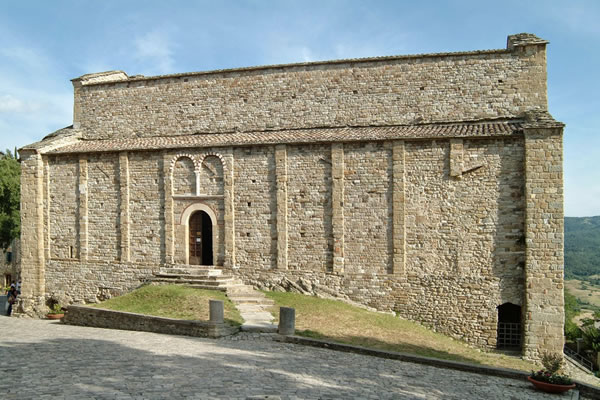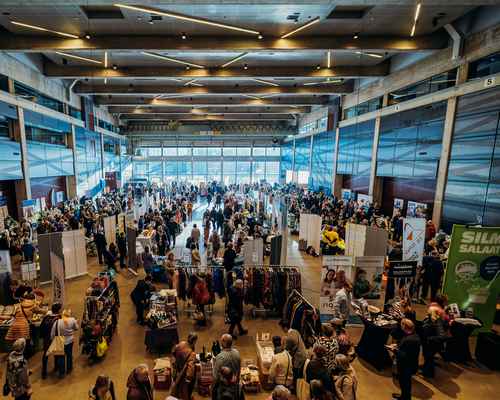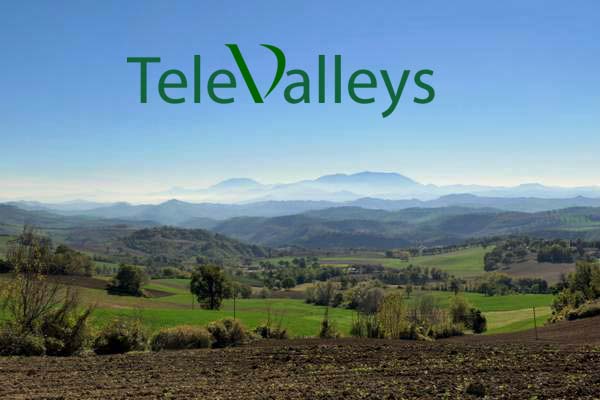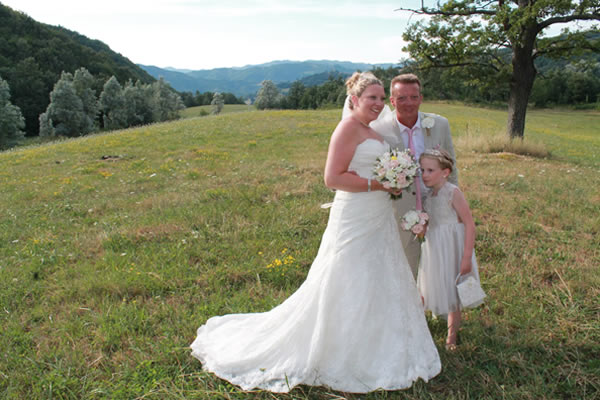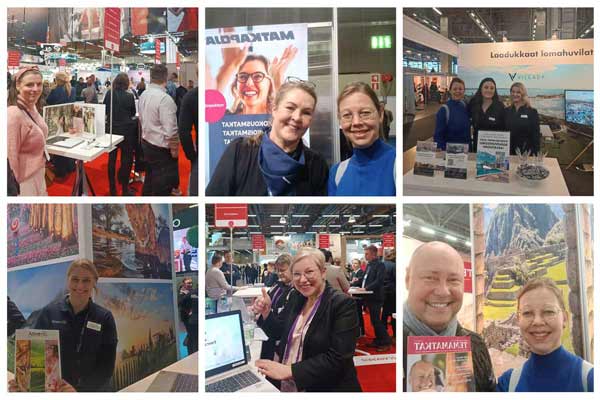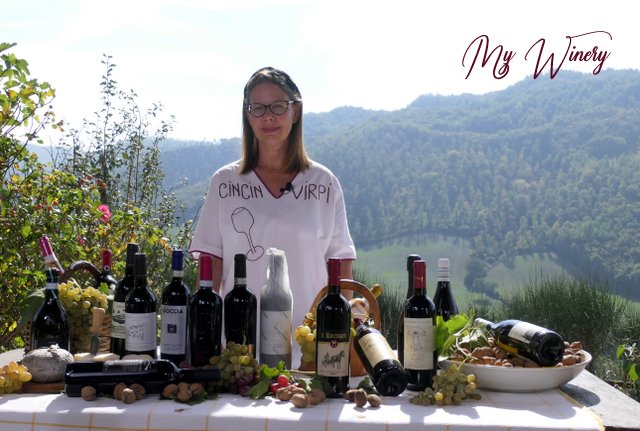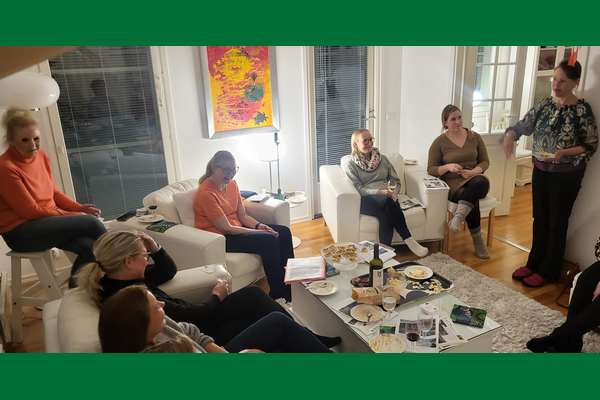The Madonna del Parto is a fresco (260x203 cm) made by Piero della Francesca, datable to about 1455-1465, and preserved in a museum specially prepared in the municipality of Monterchi, coming from the chapel of Santa Maria di Momentana.

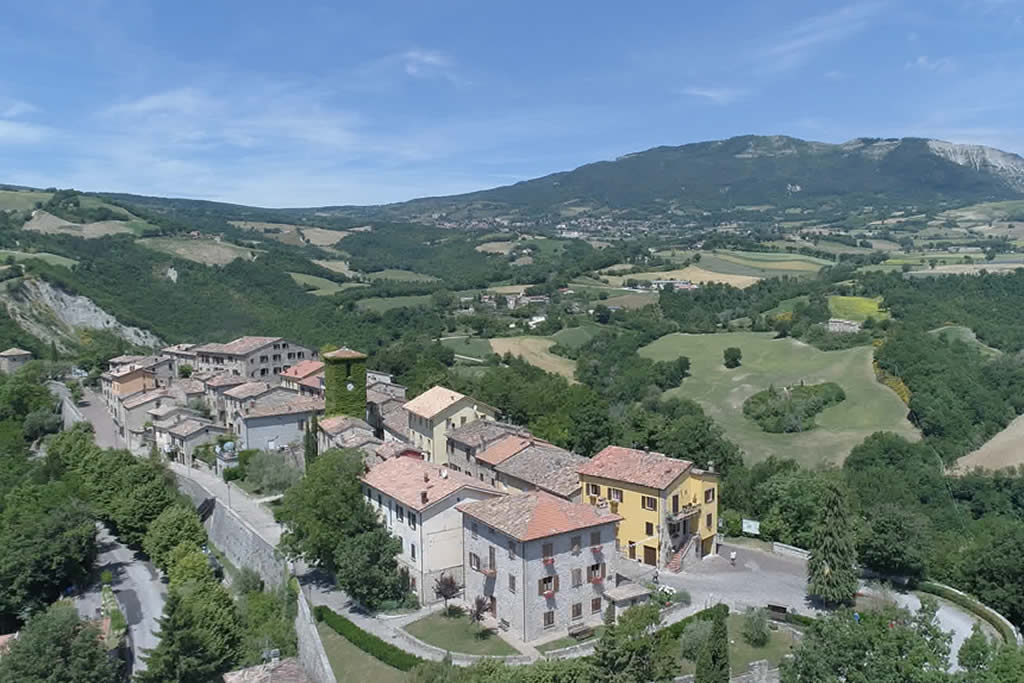
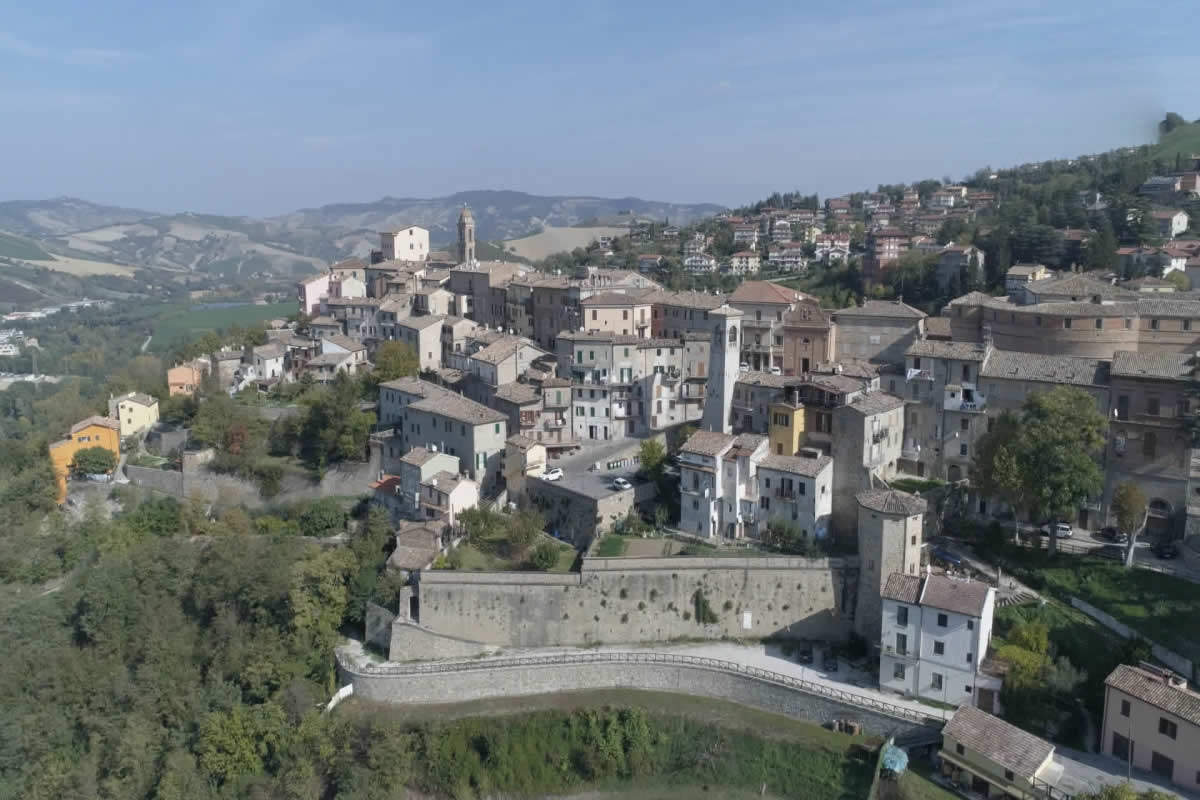 (Pesaro-Urbino) Marche
(Pesaro-Urbino) Marche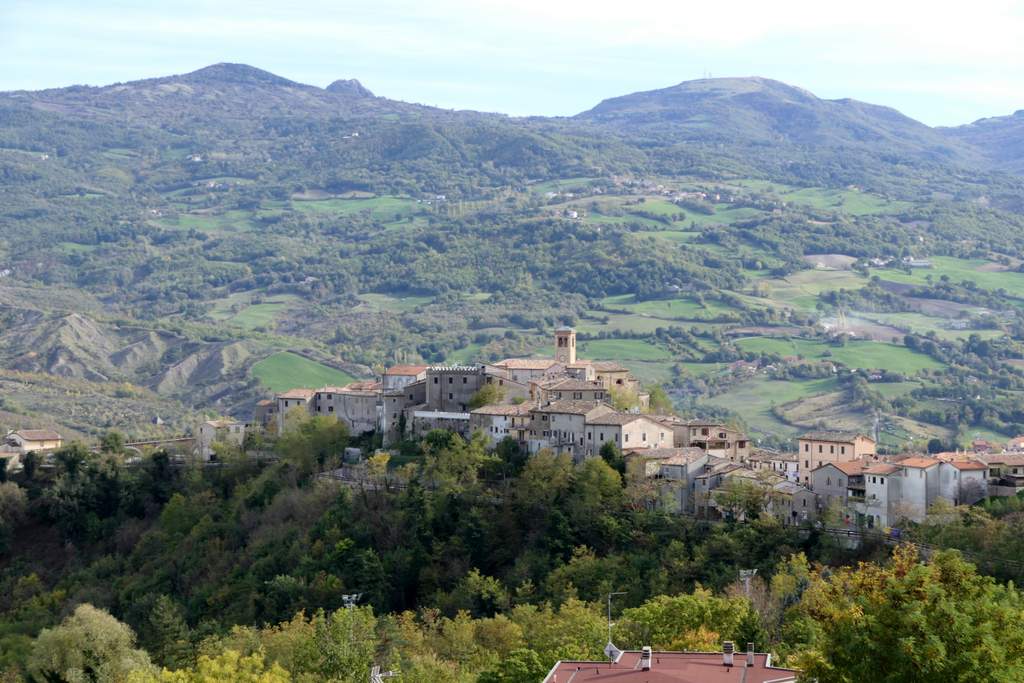
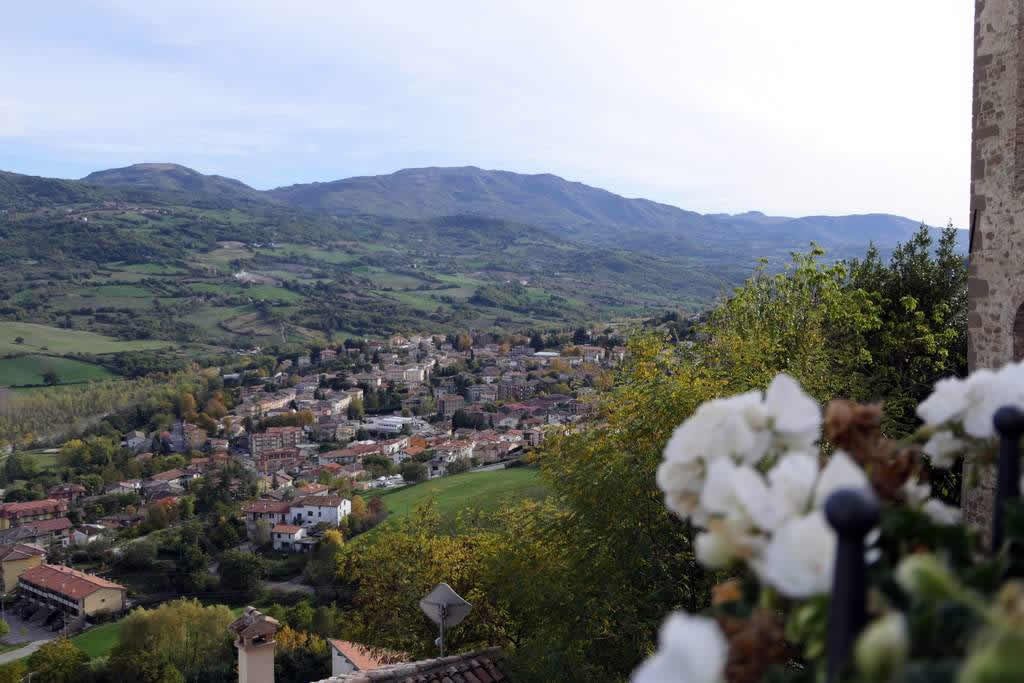
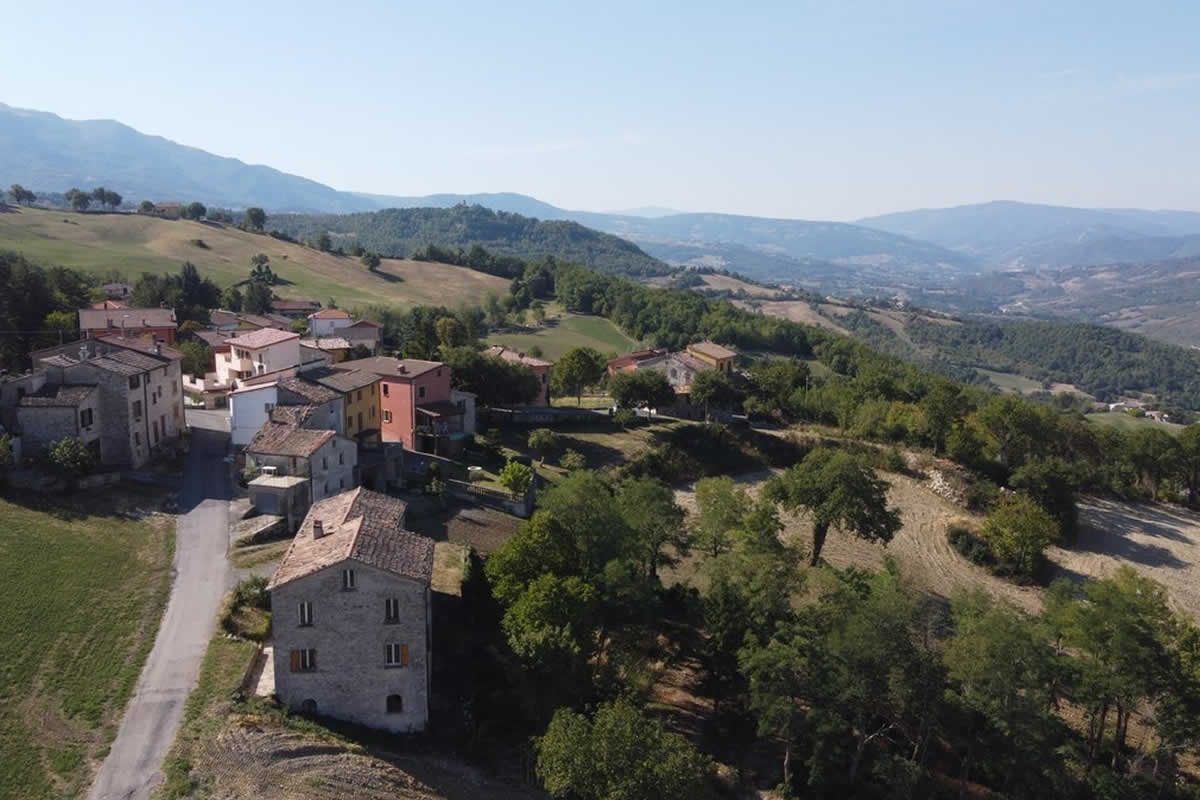
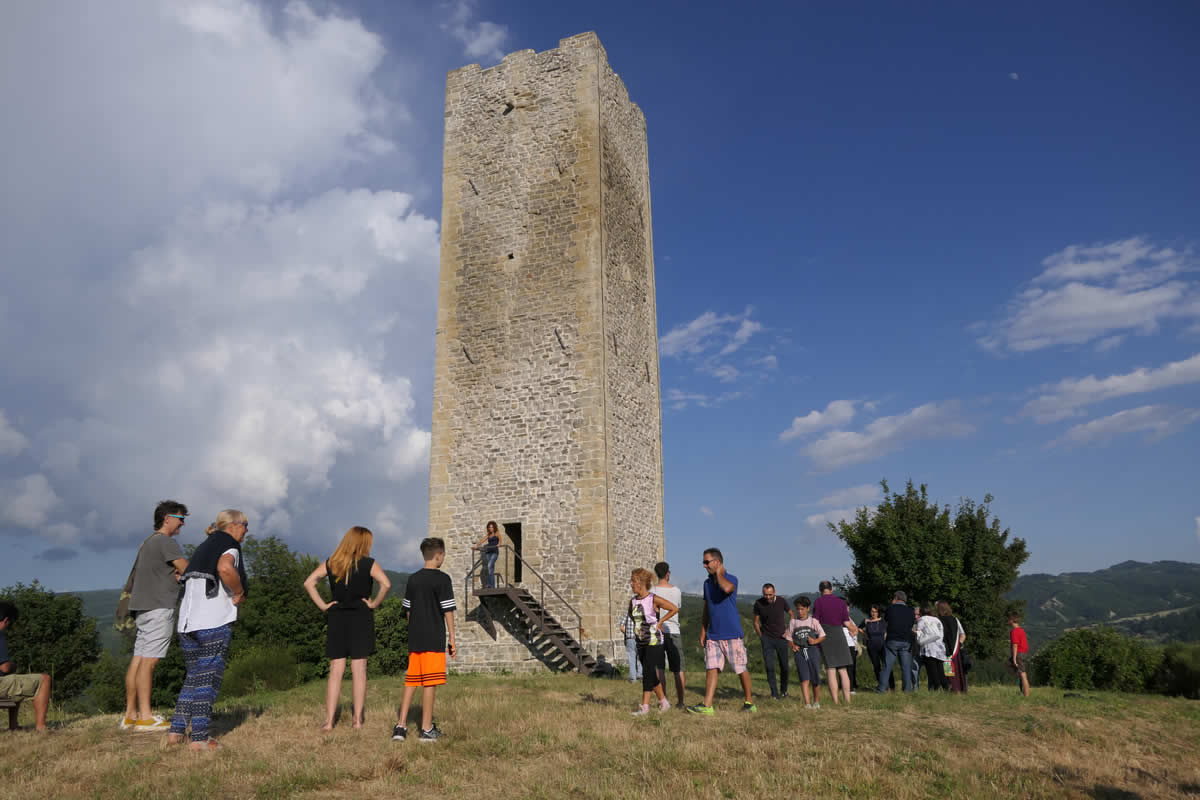
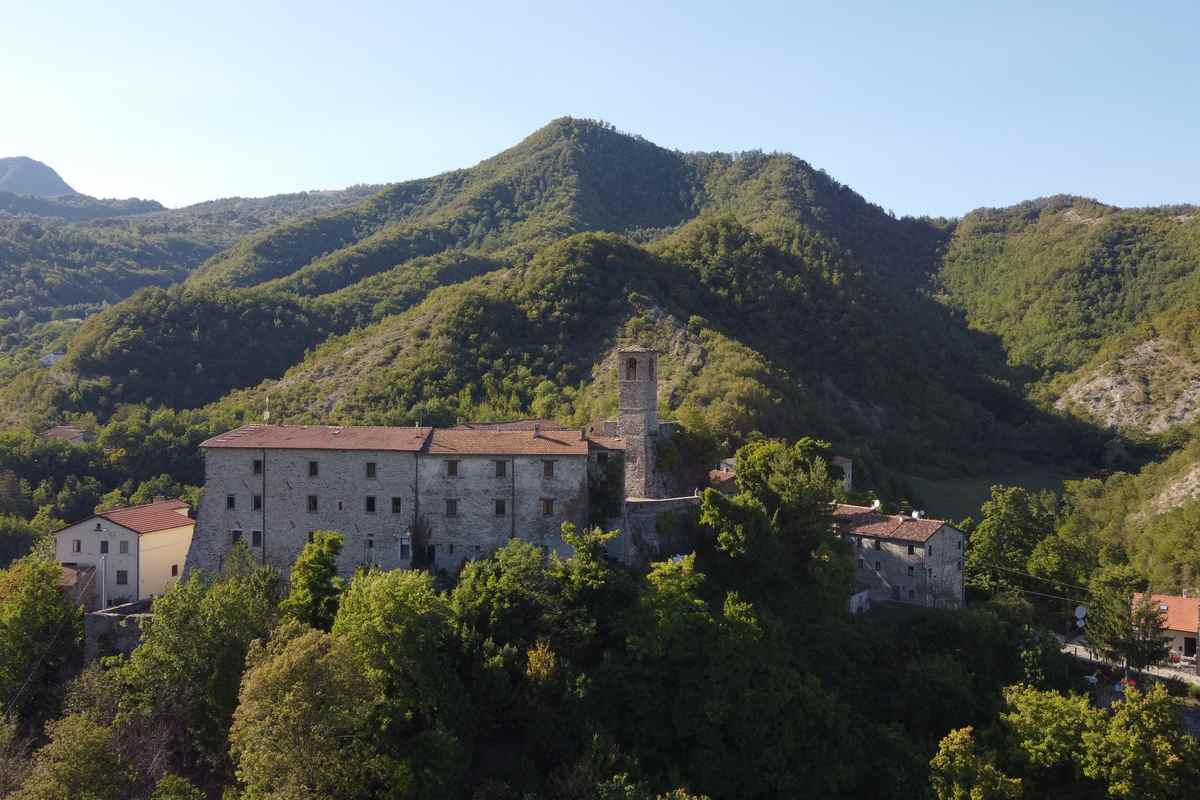
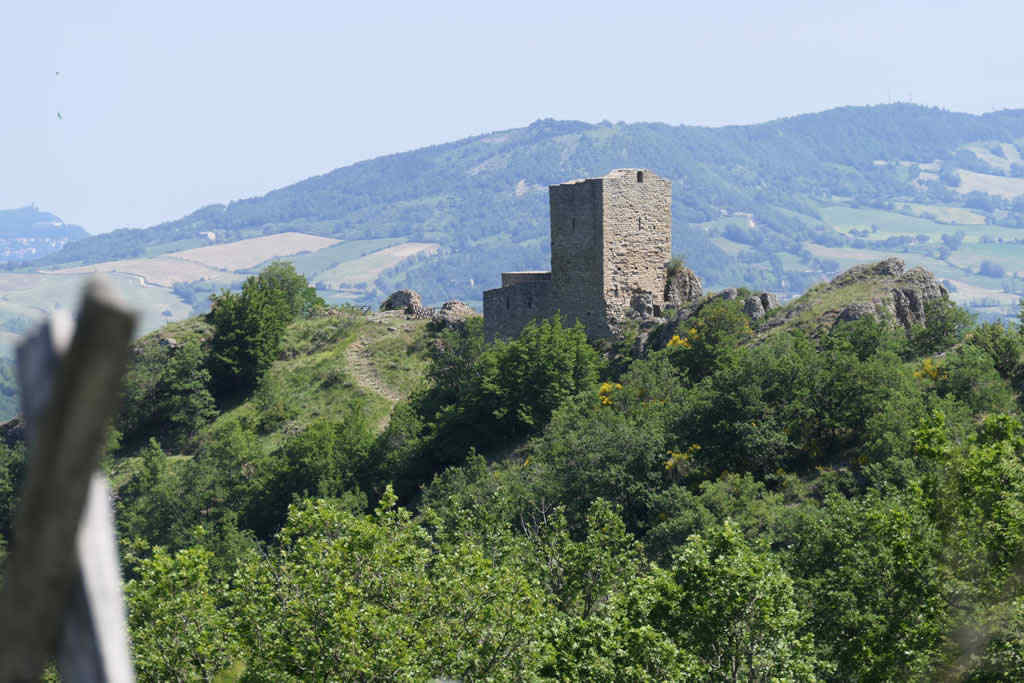
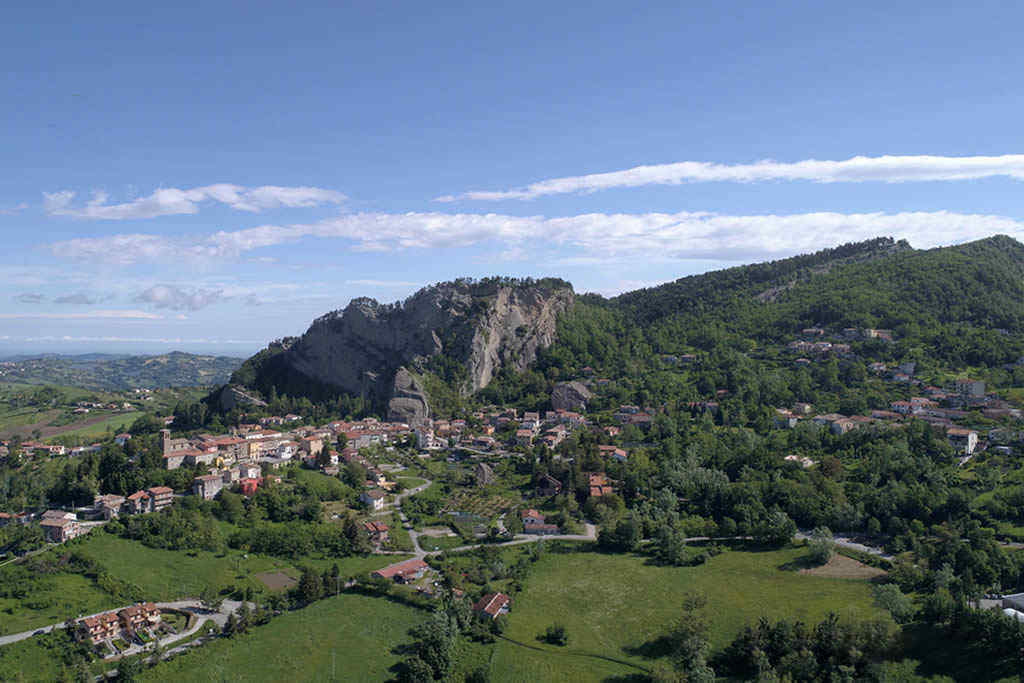
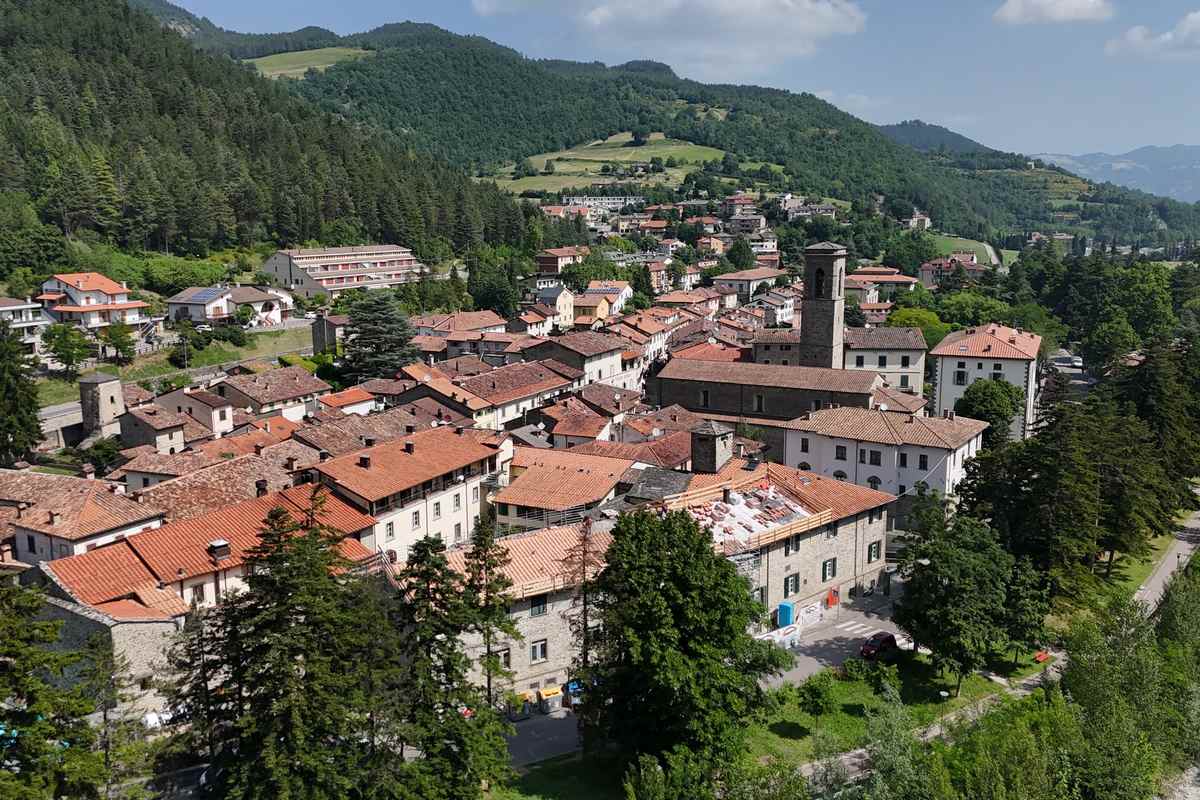
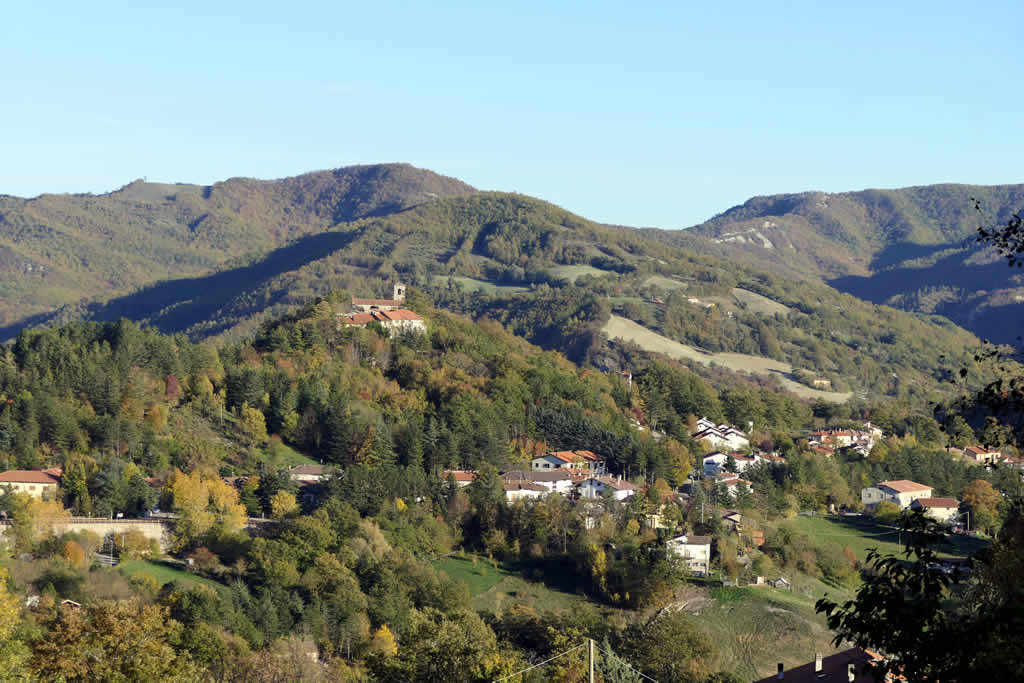
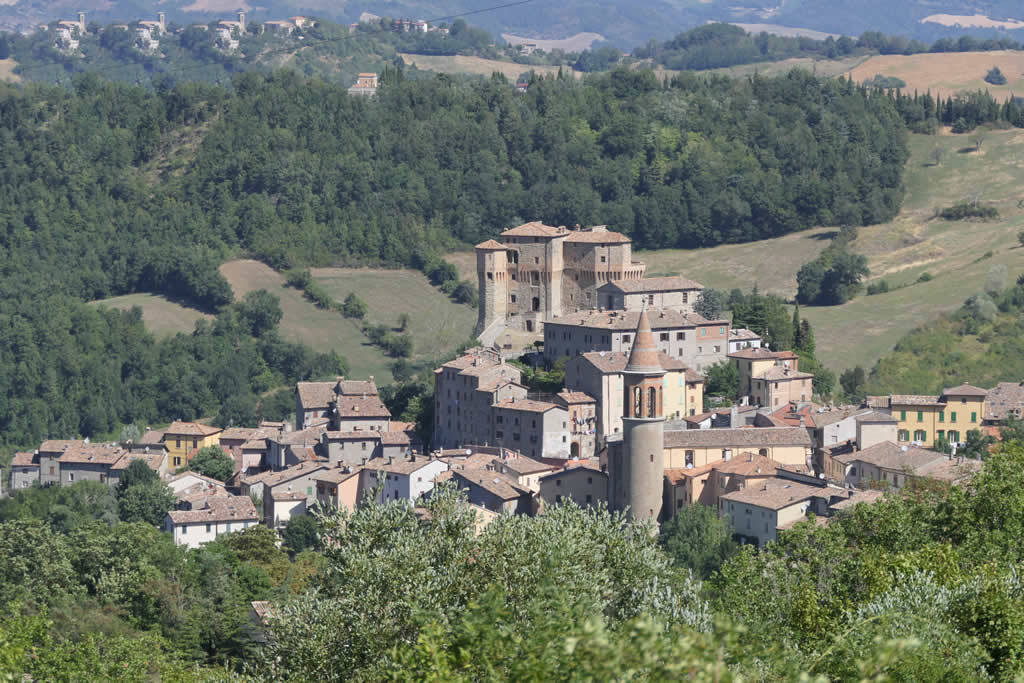
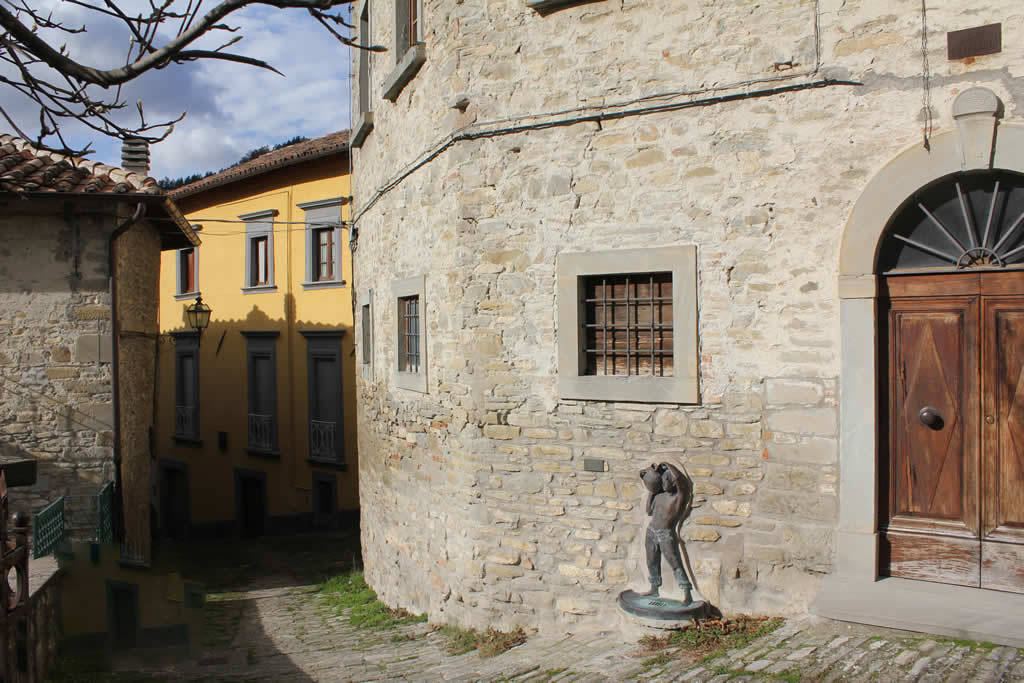
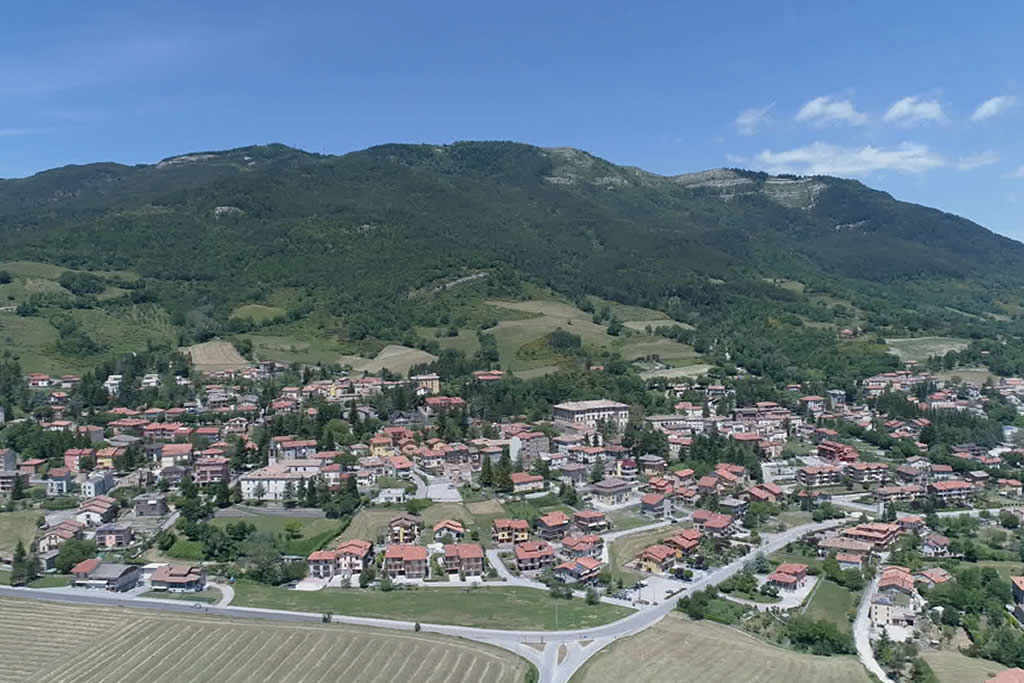
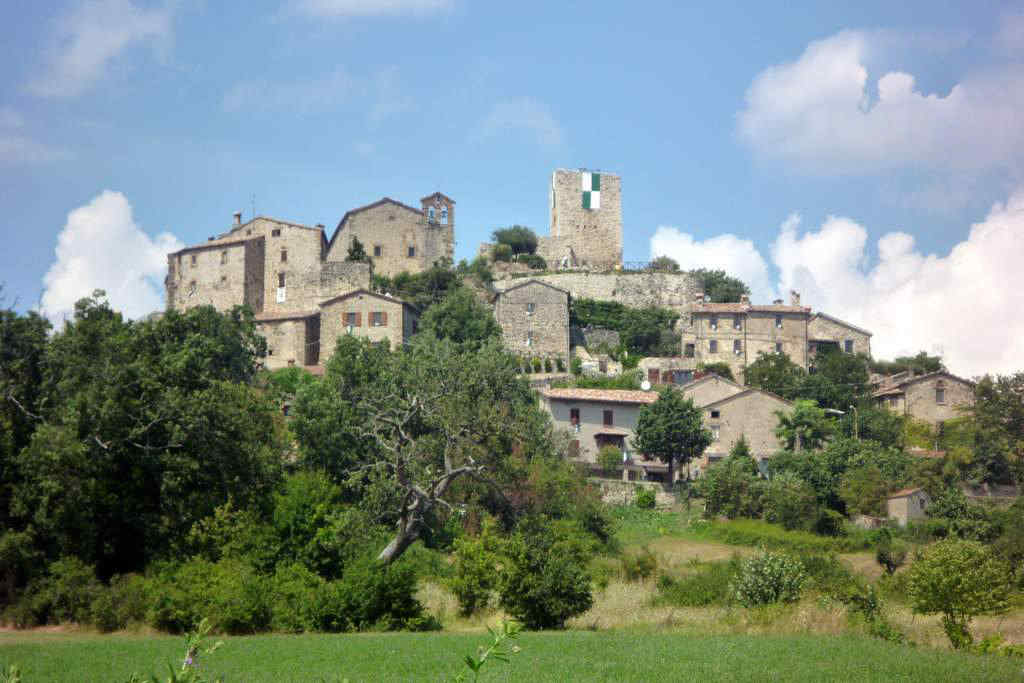
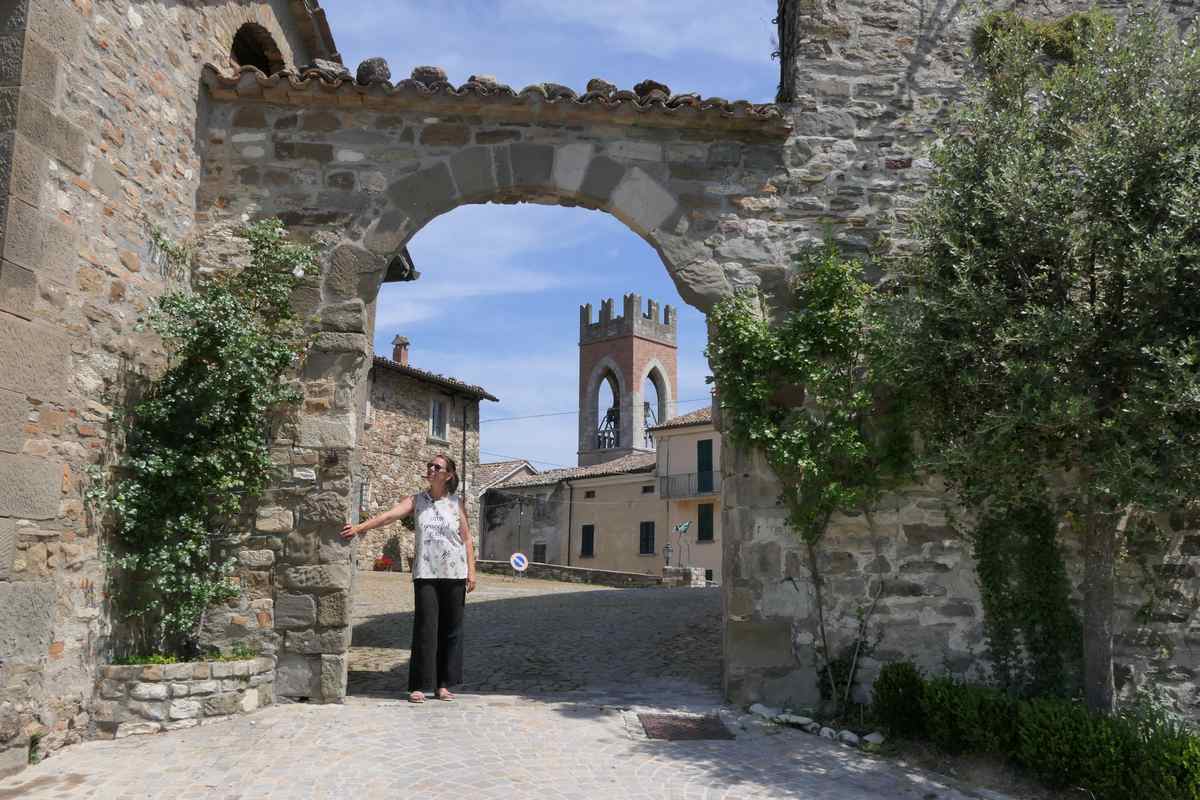 (Pesaro-Urbino province) Marche
(Pesaro-Urbino province) Marche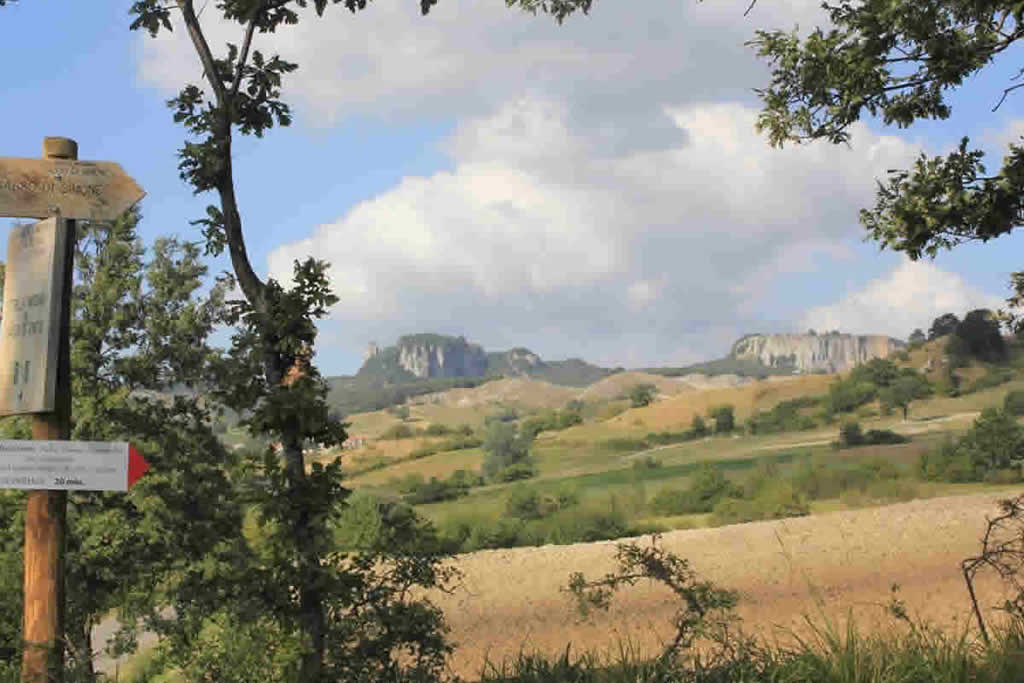
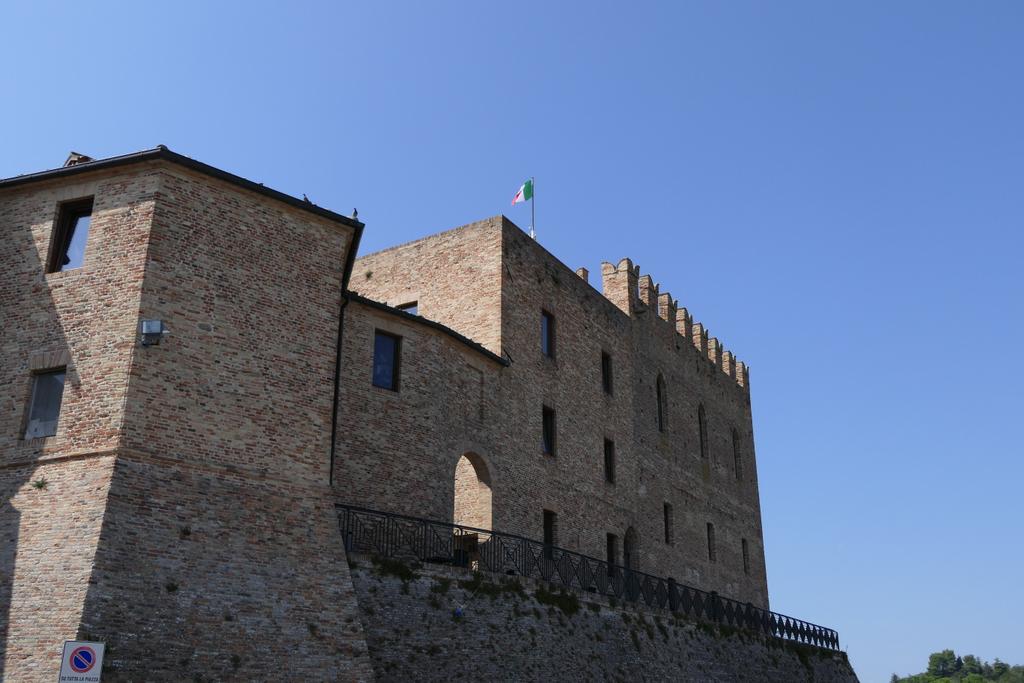
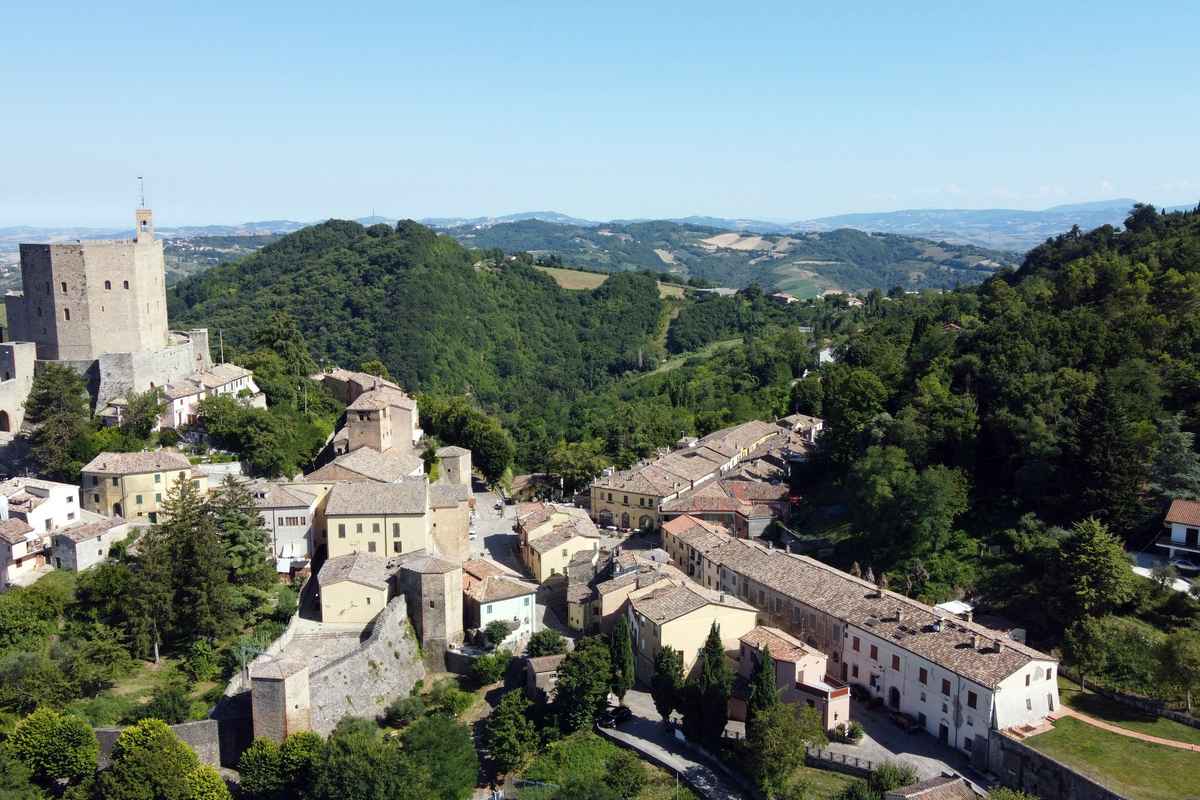
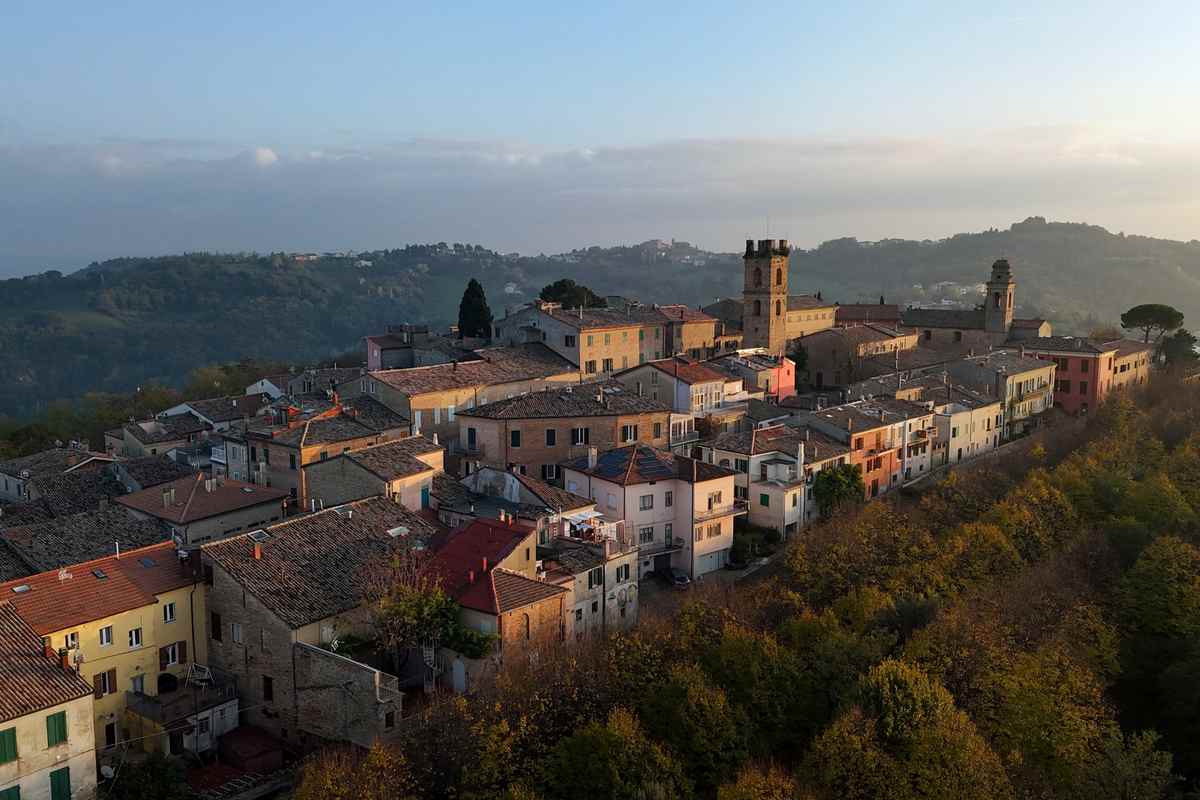
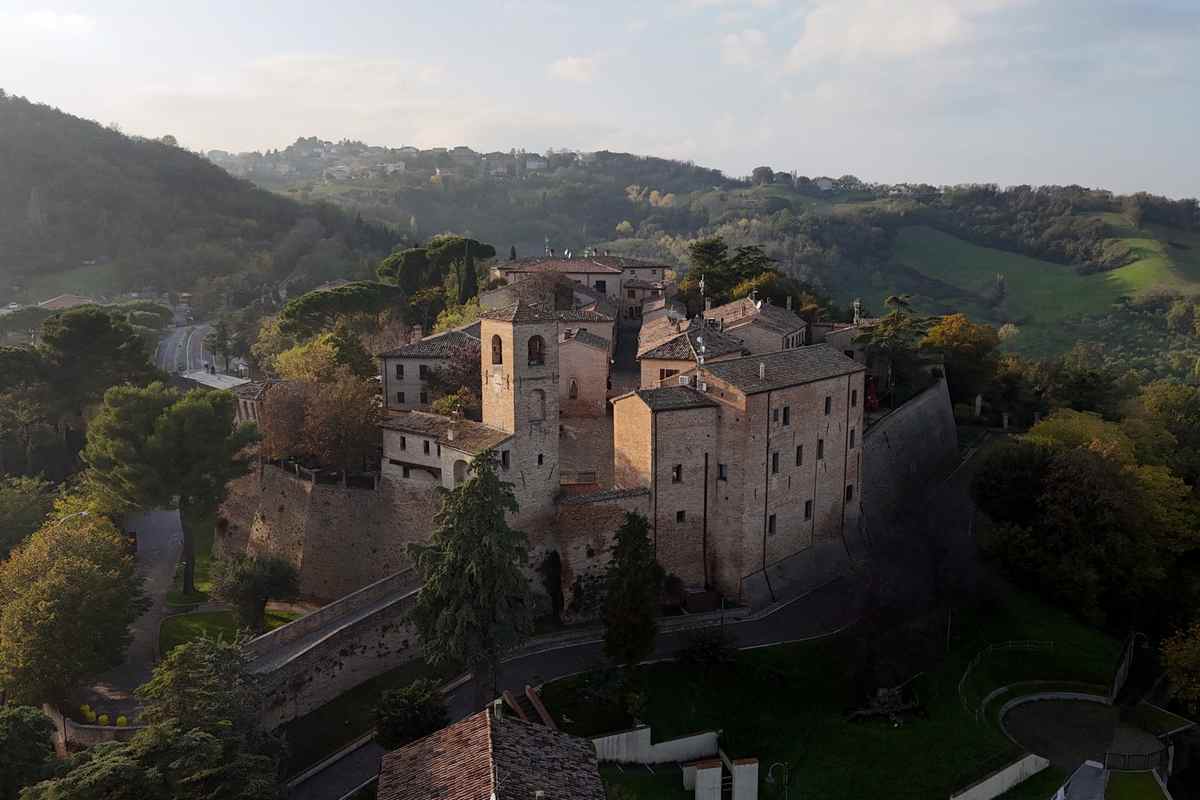
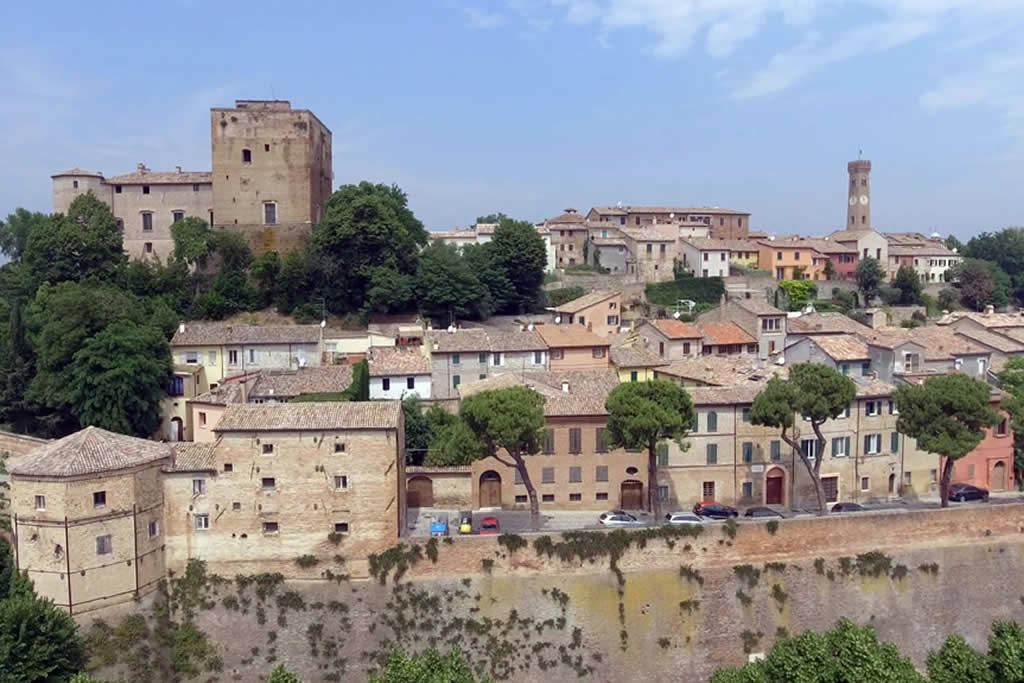
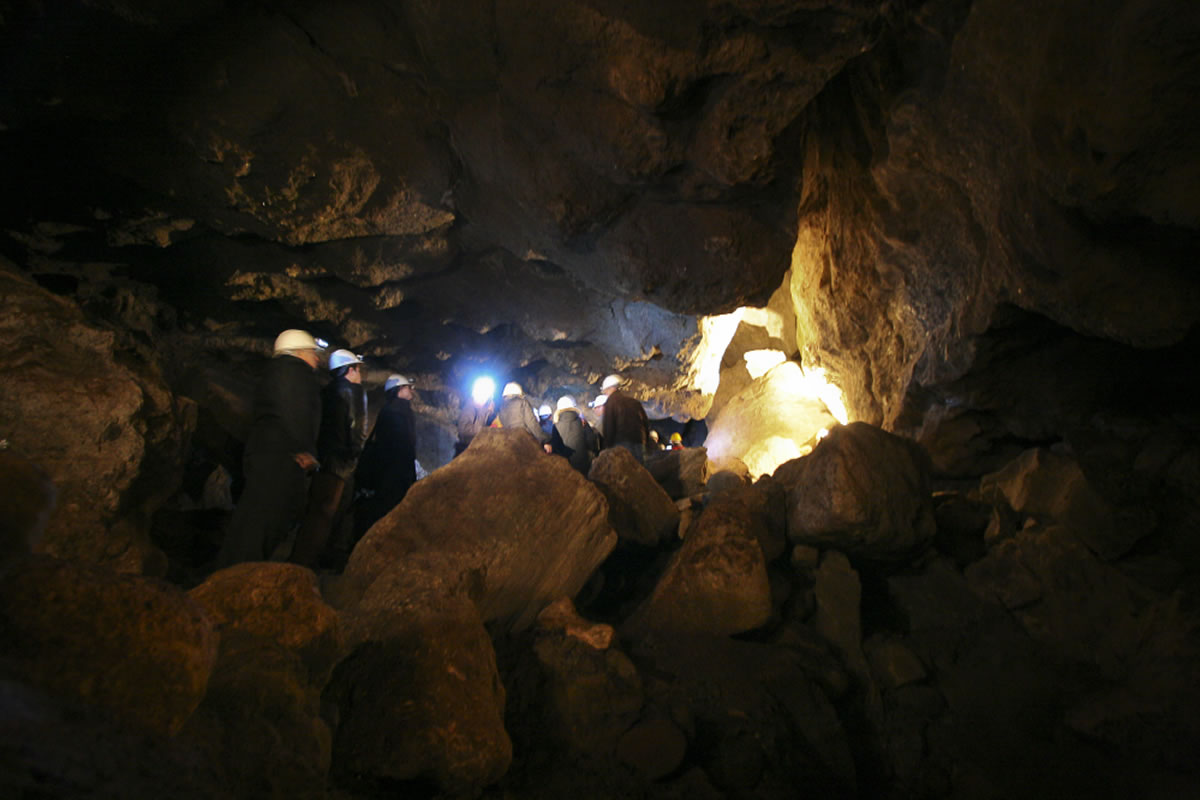
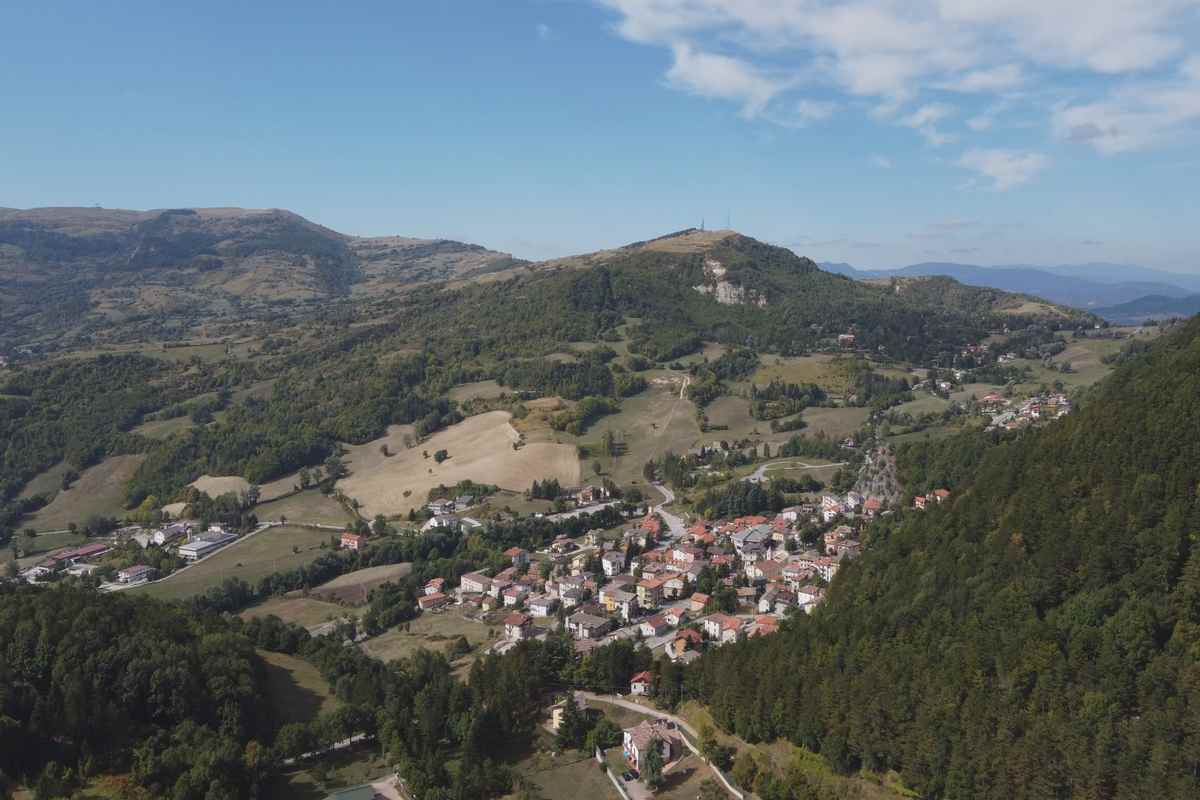
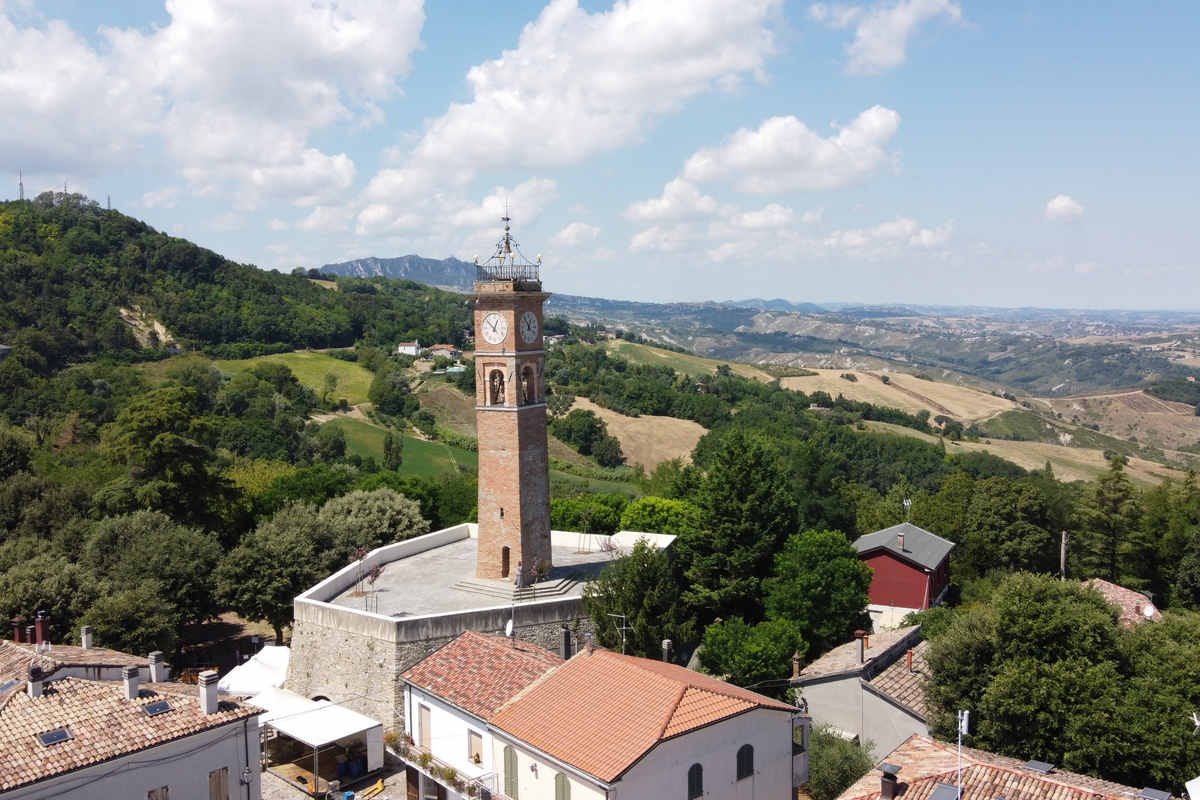
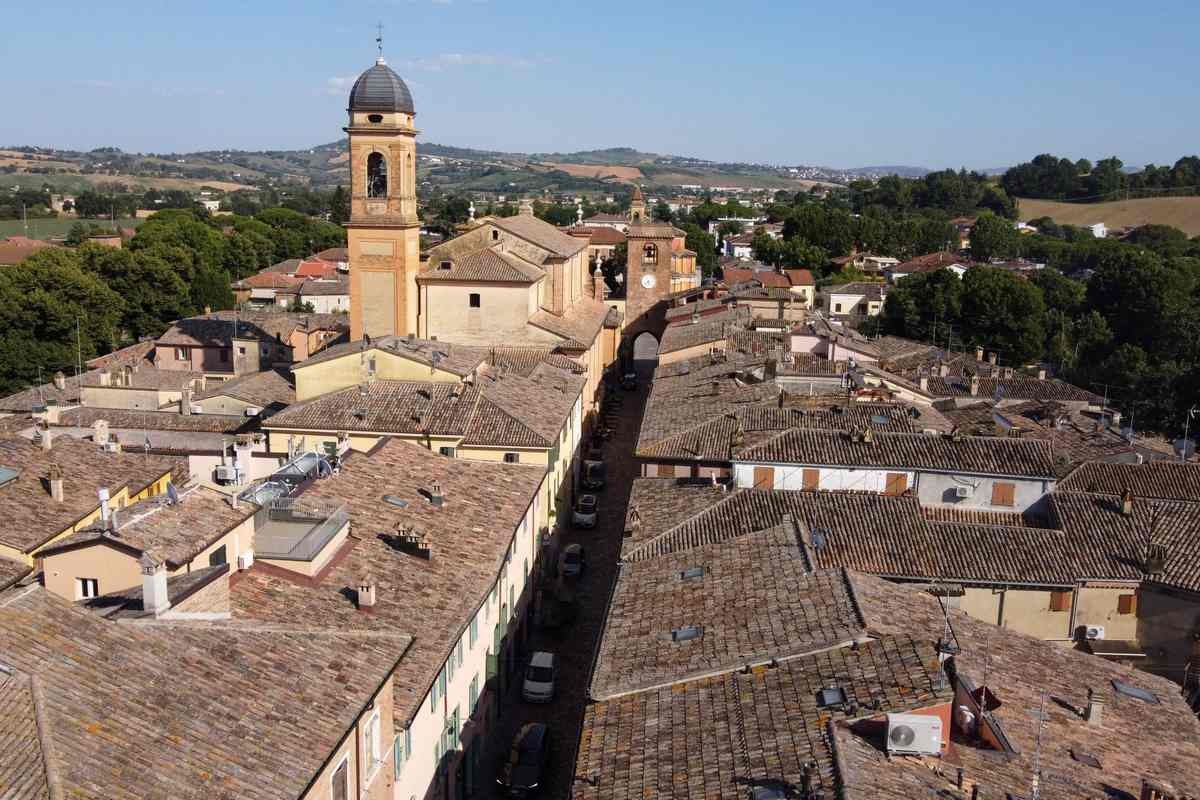
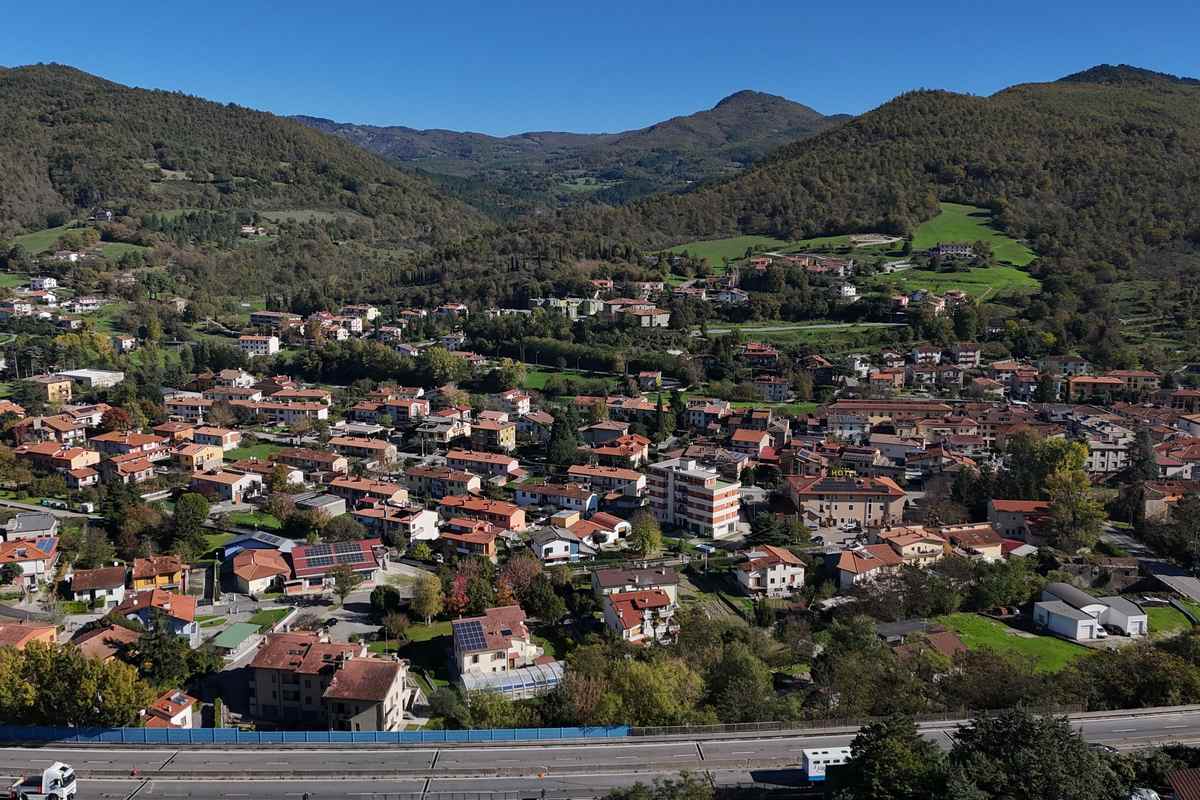
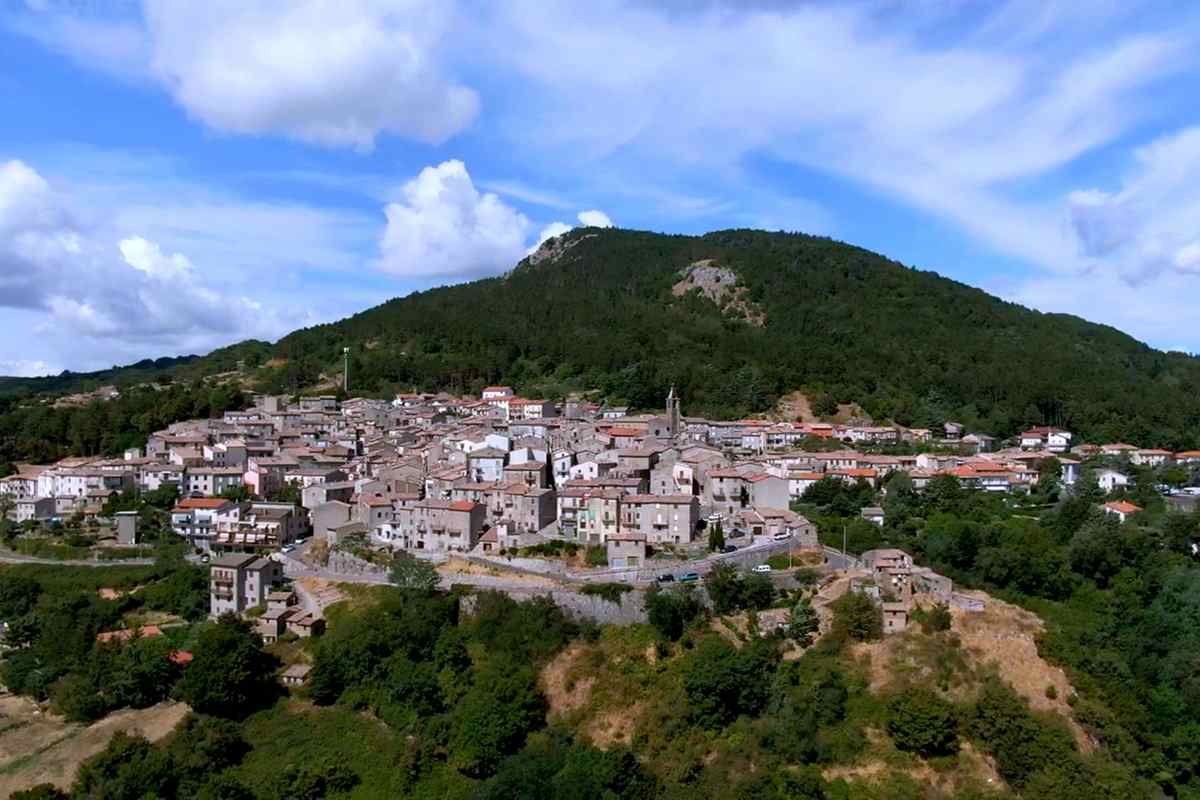
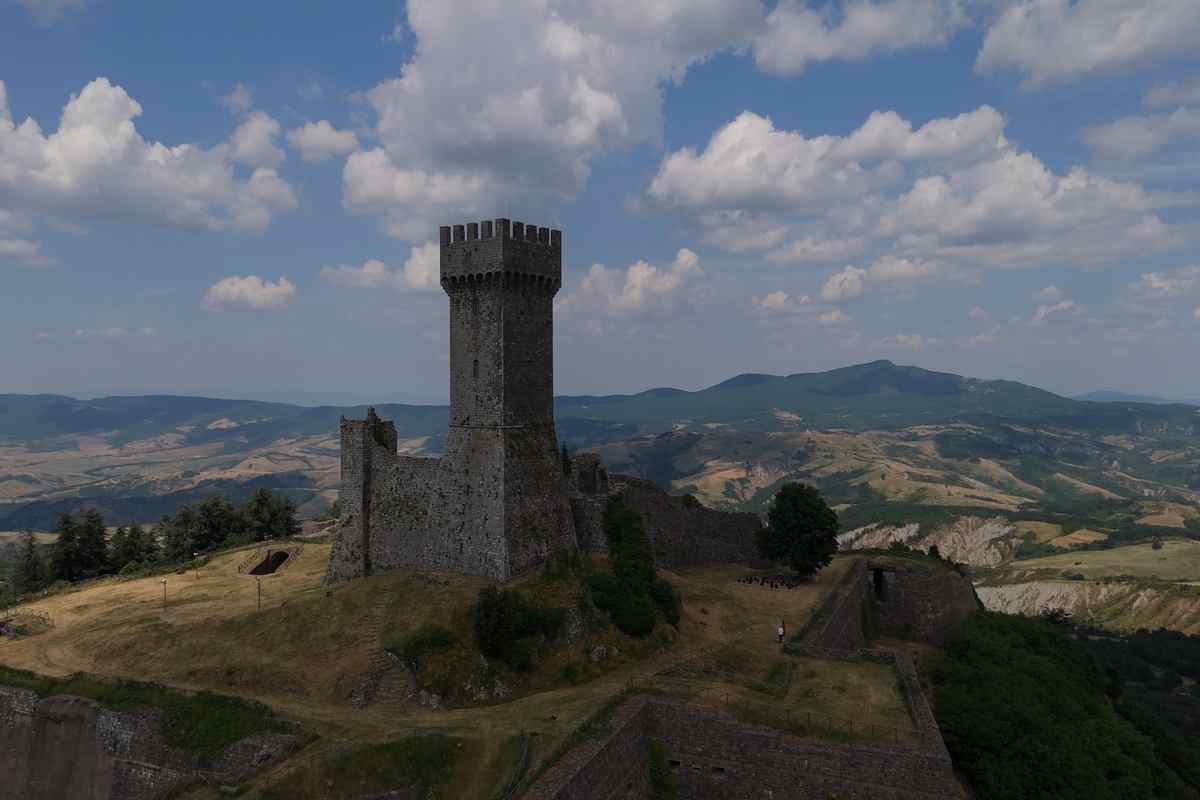
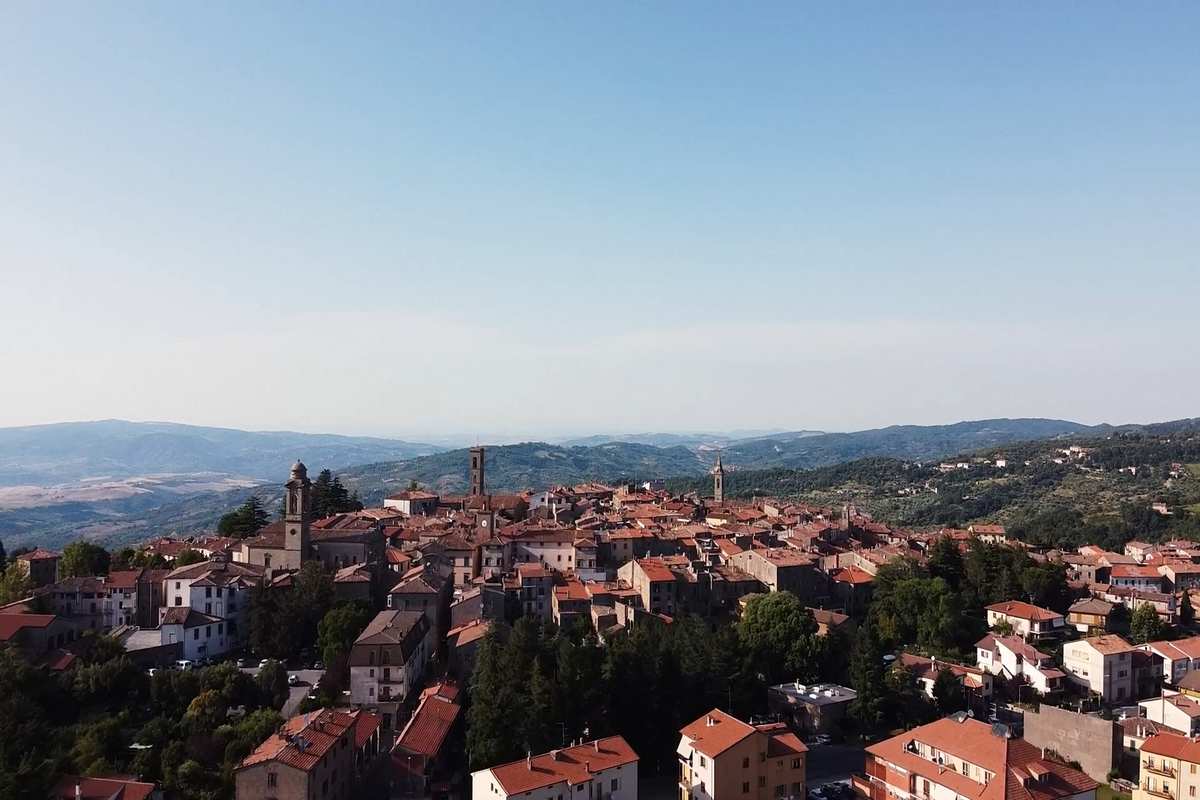
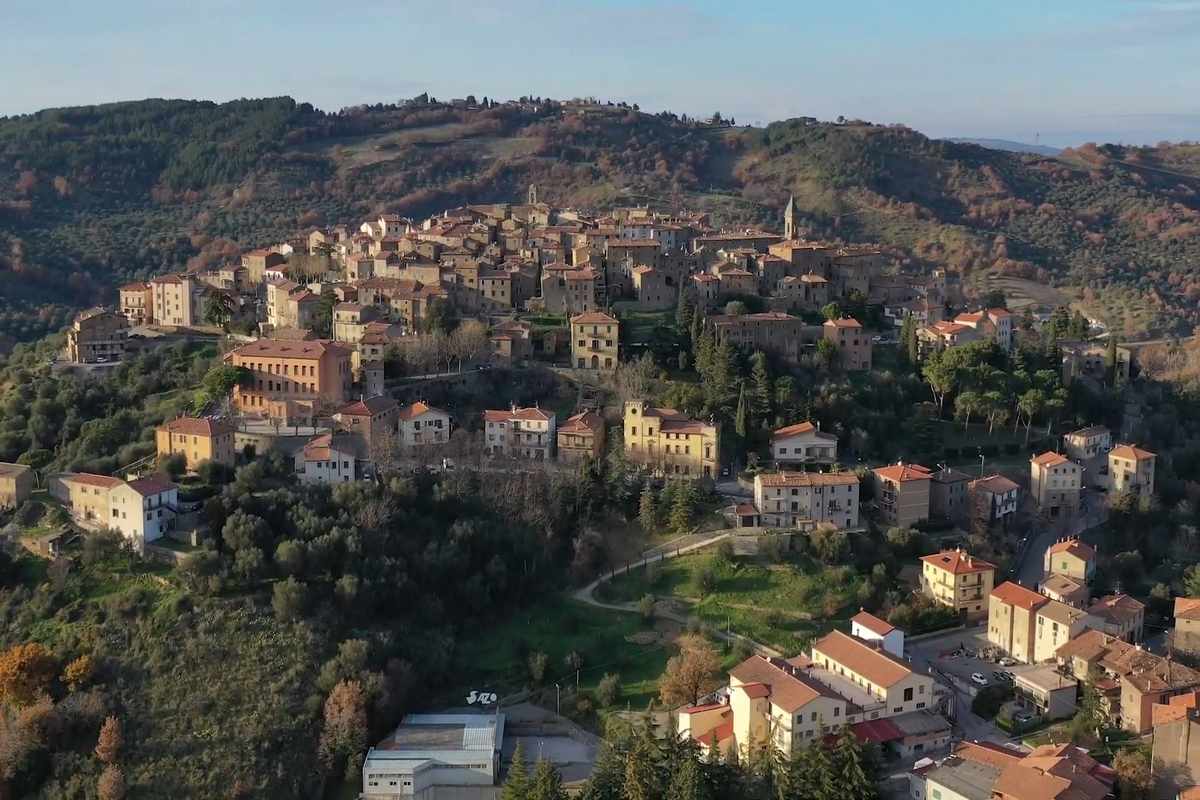
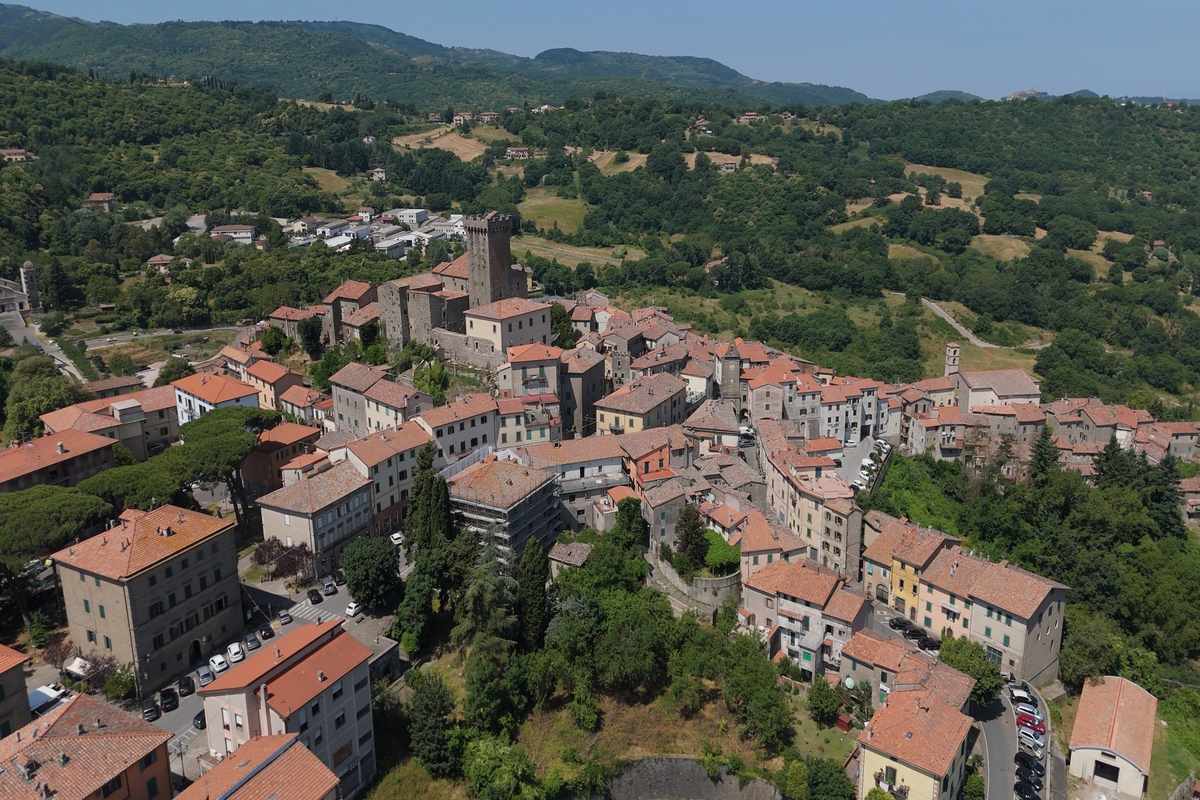
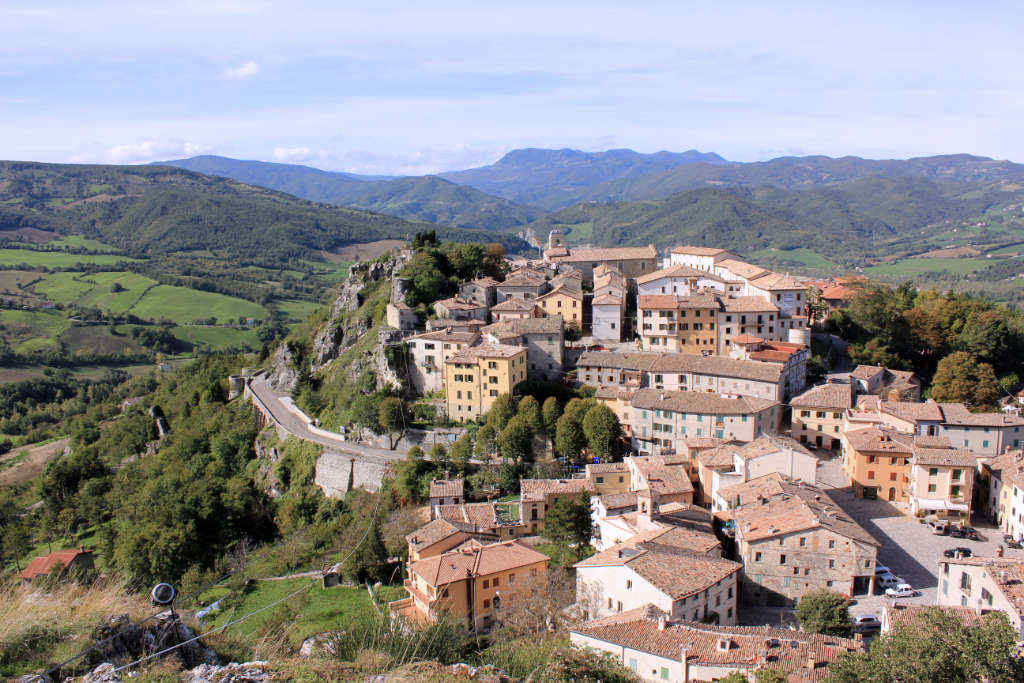
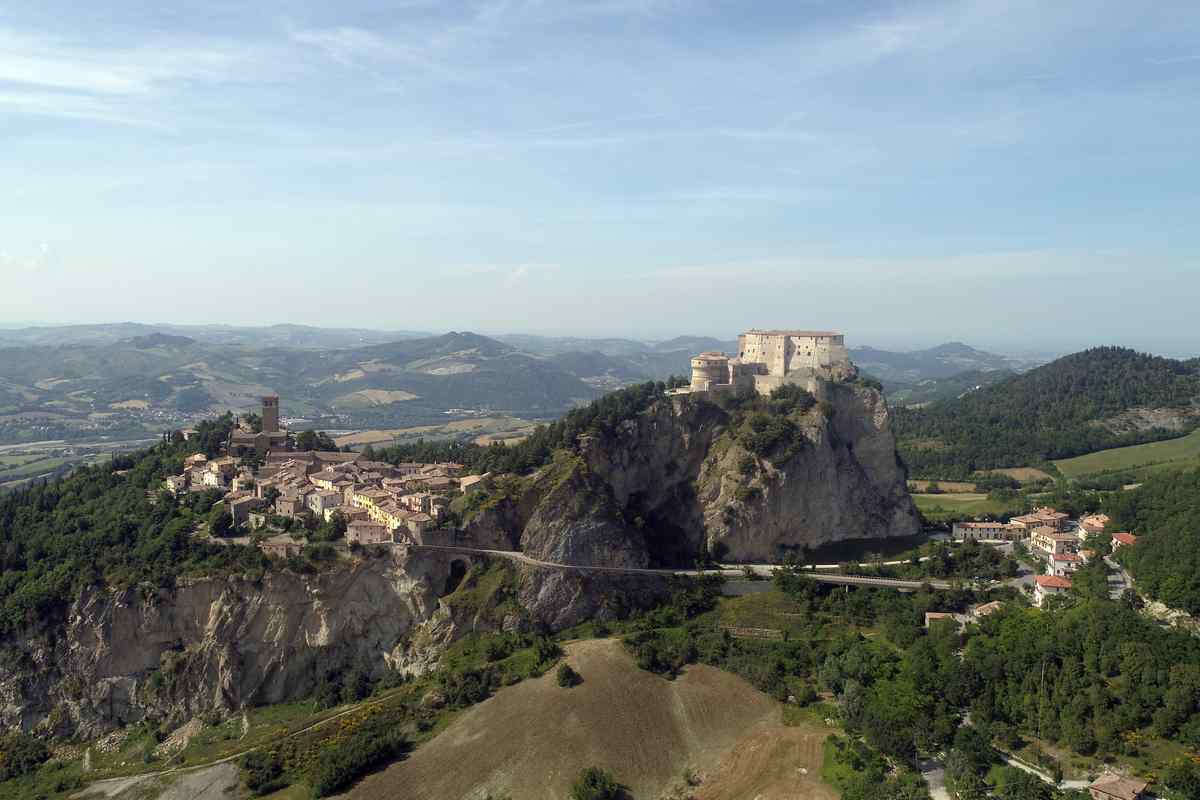 The Fortress
The Fortress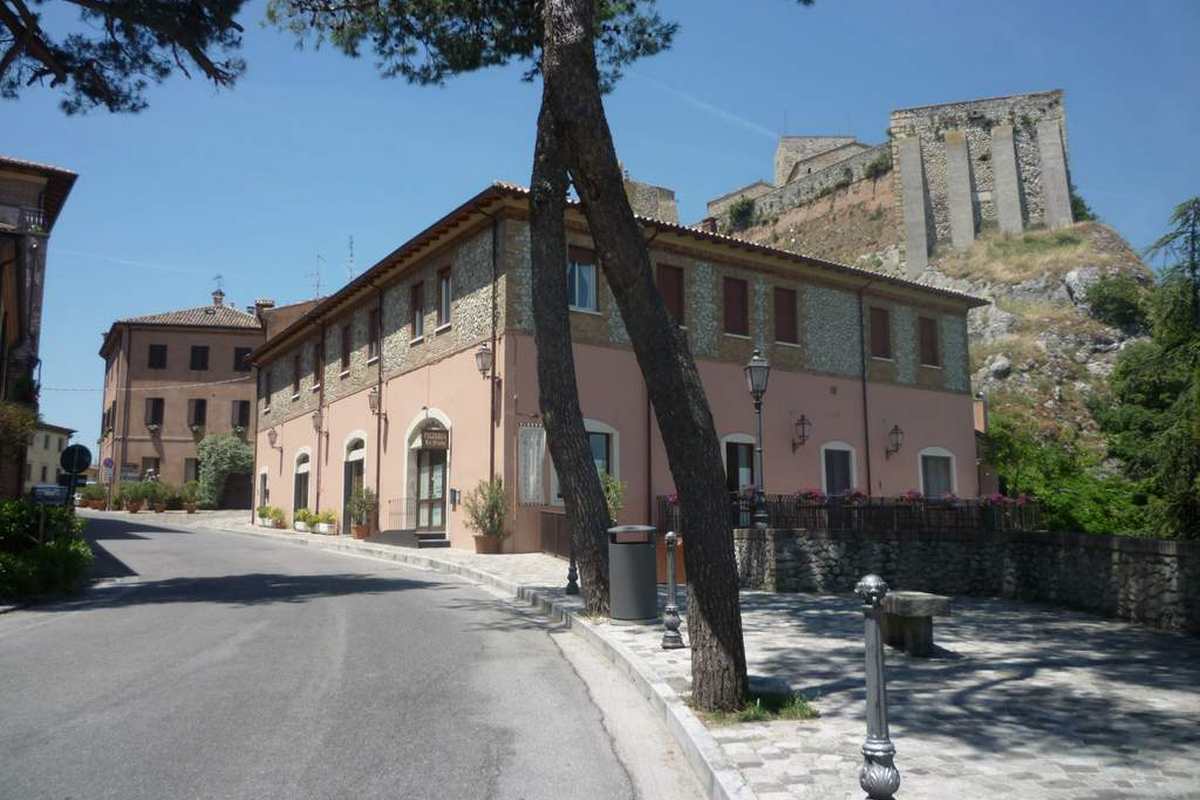
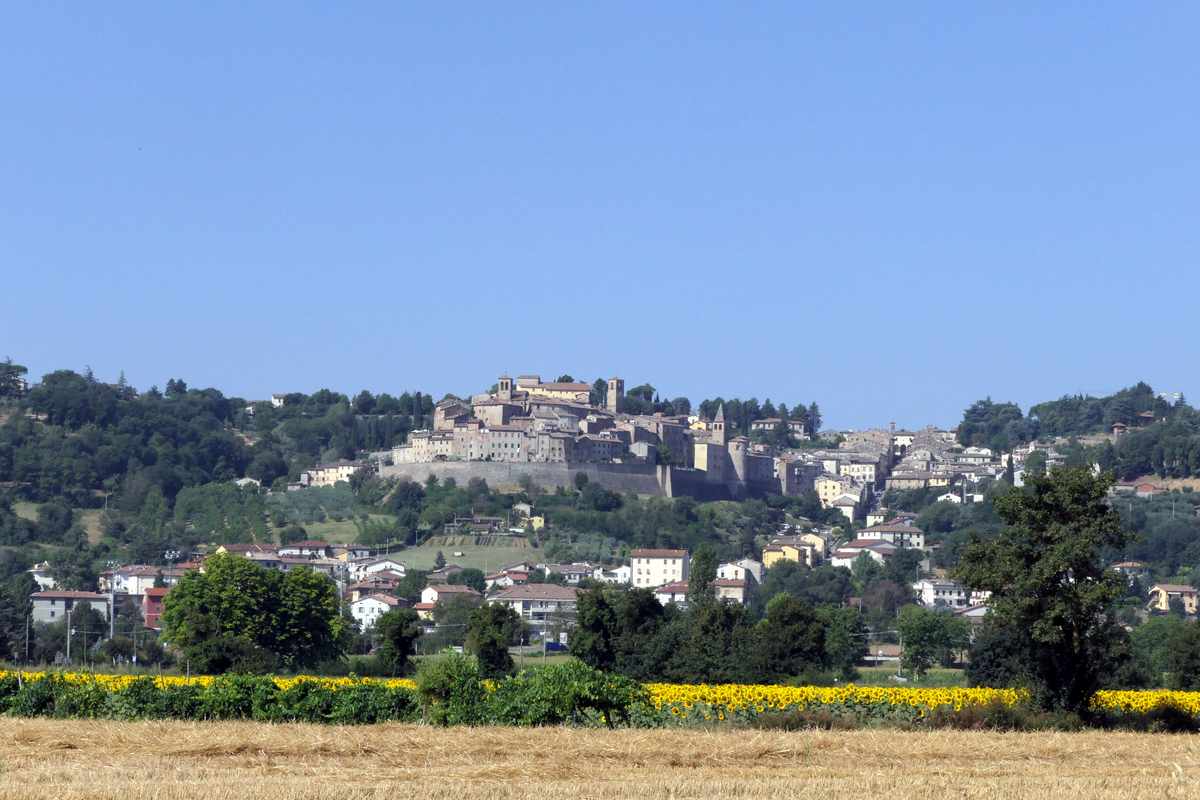
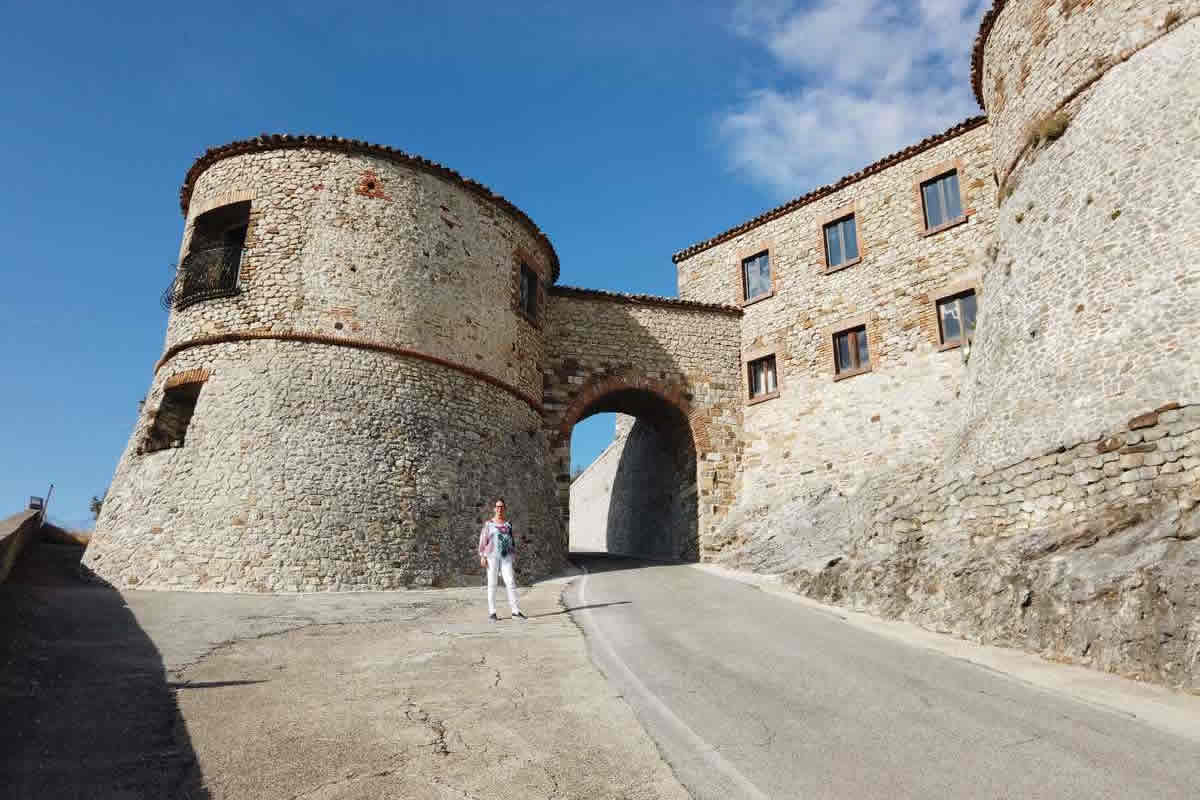
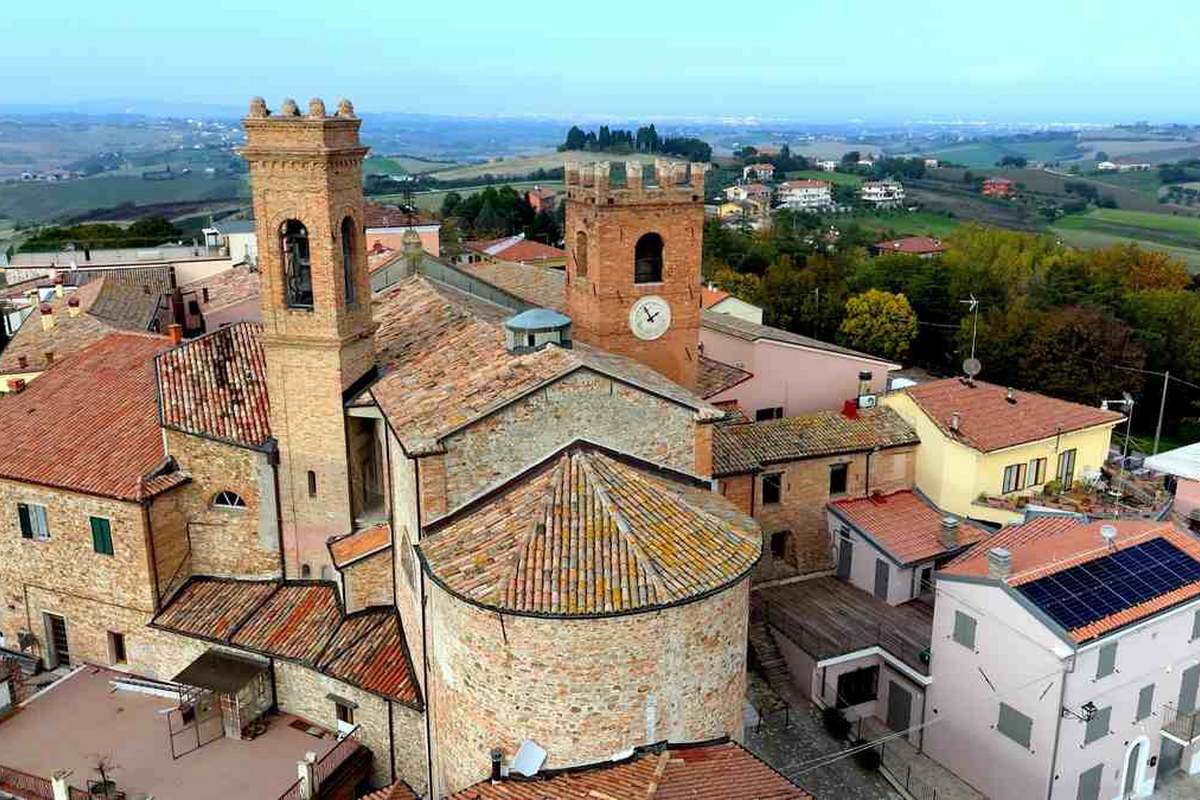
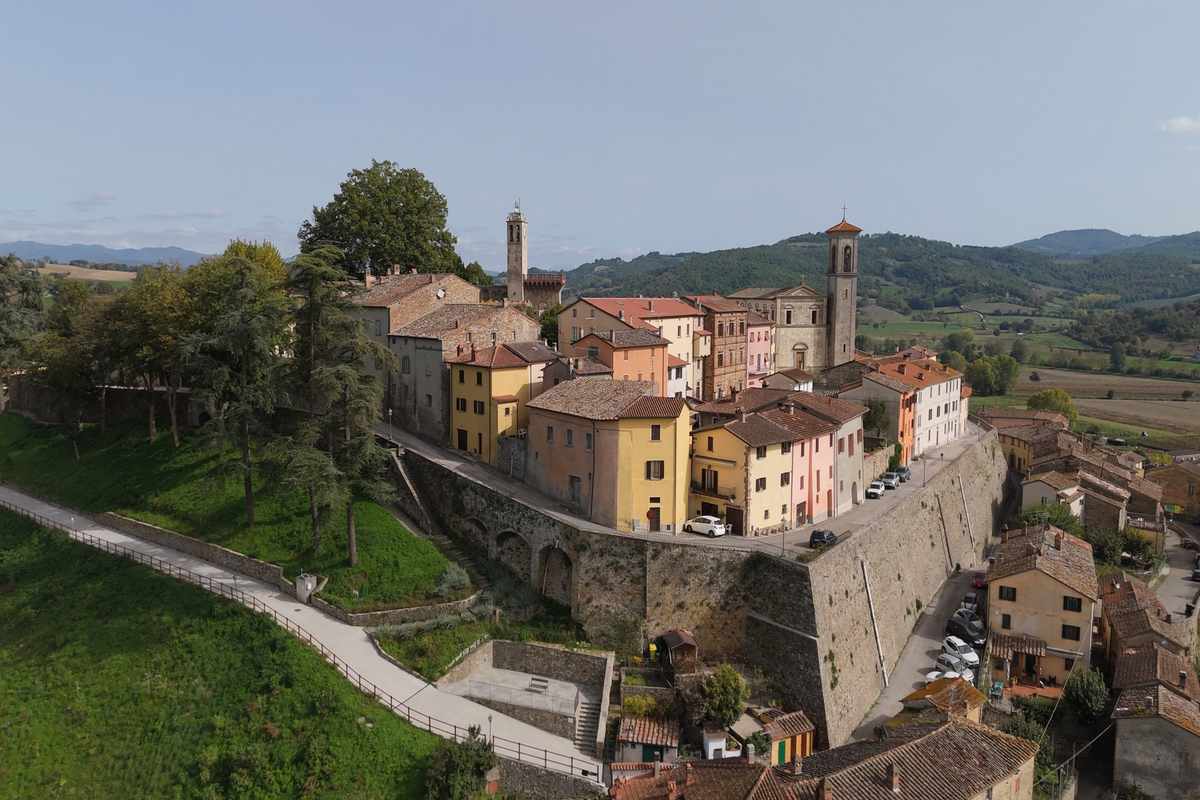
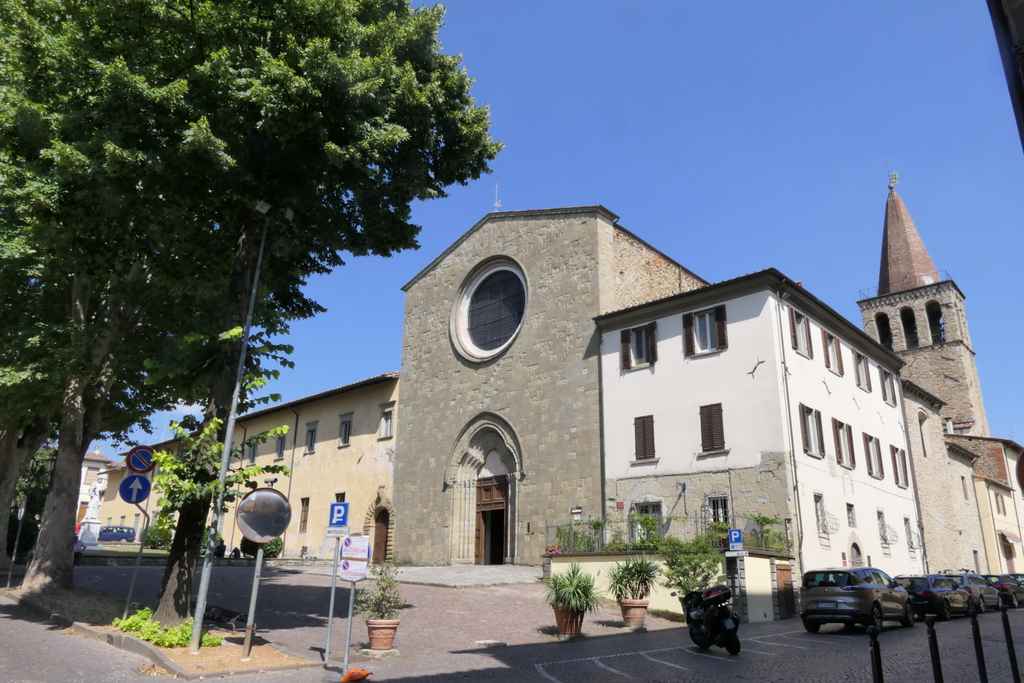
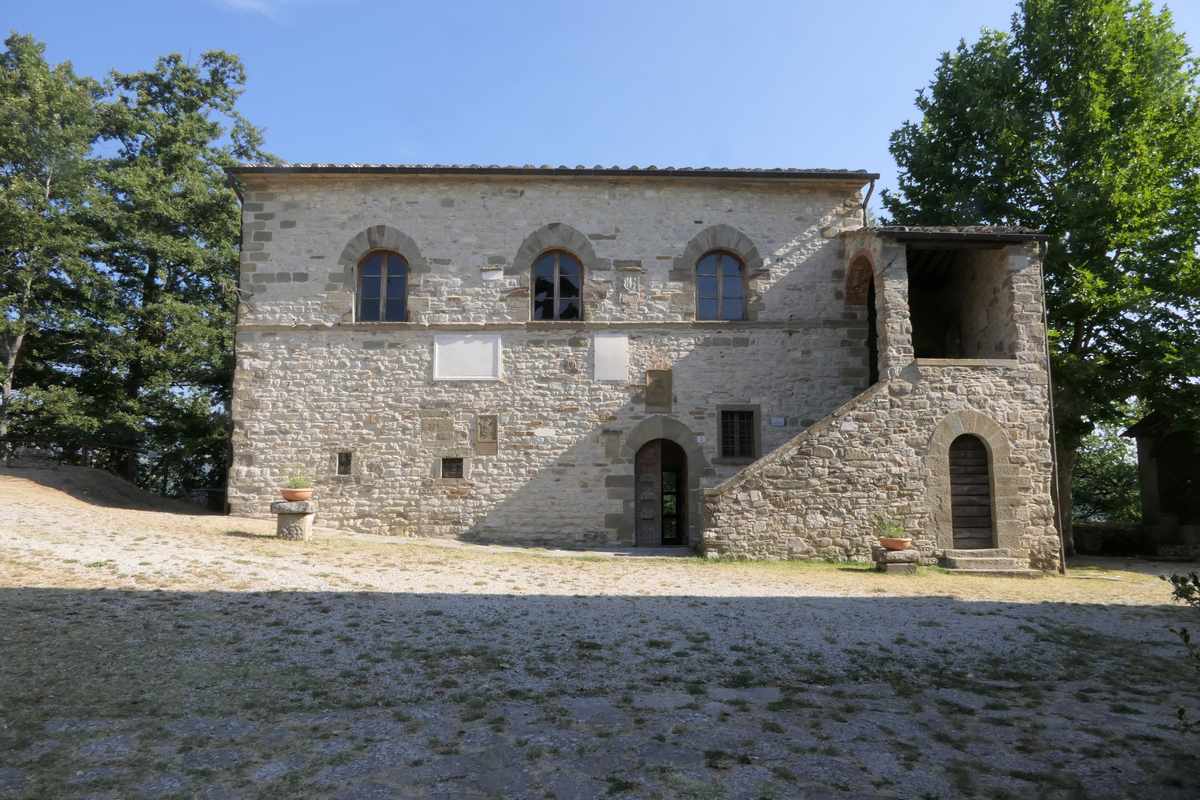
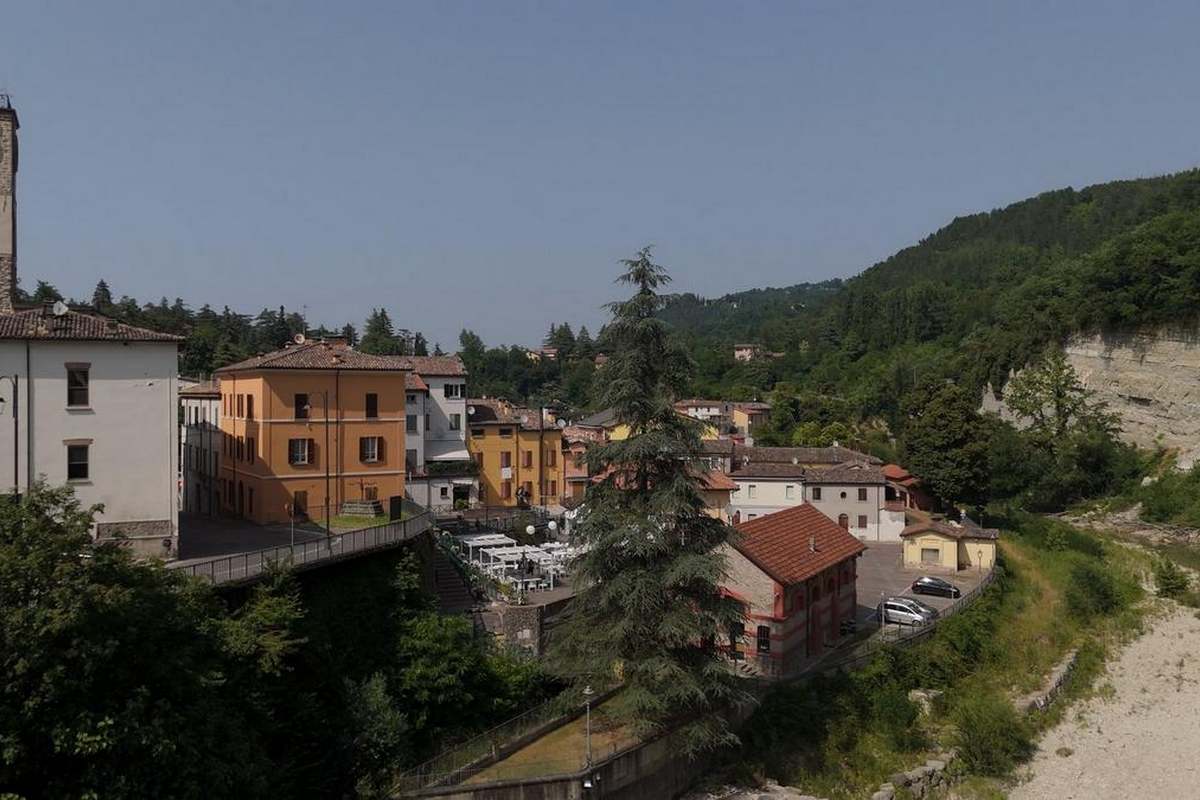
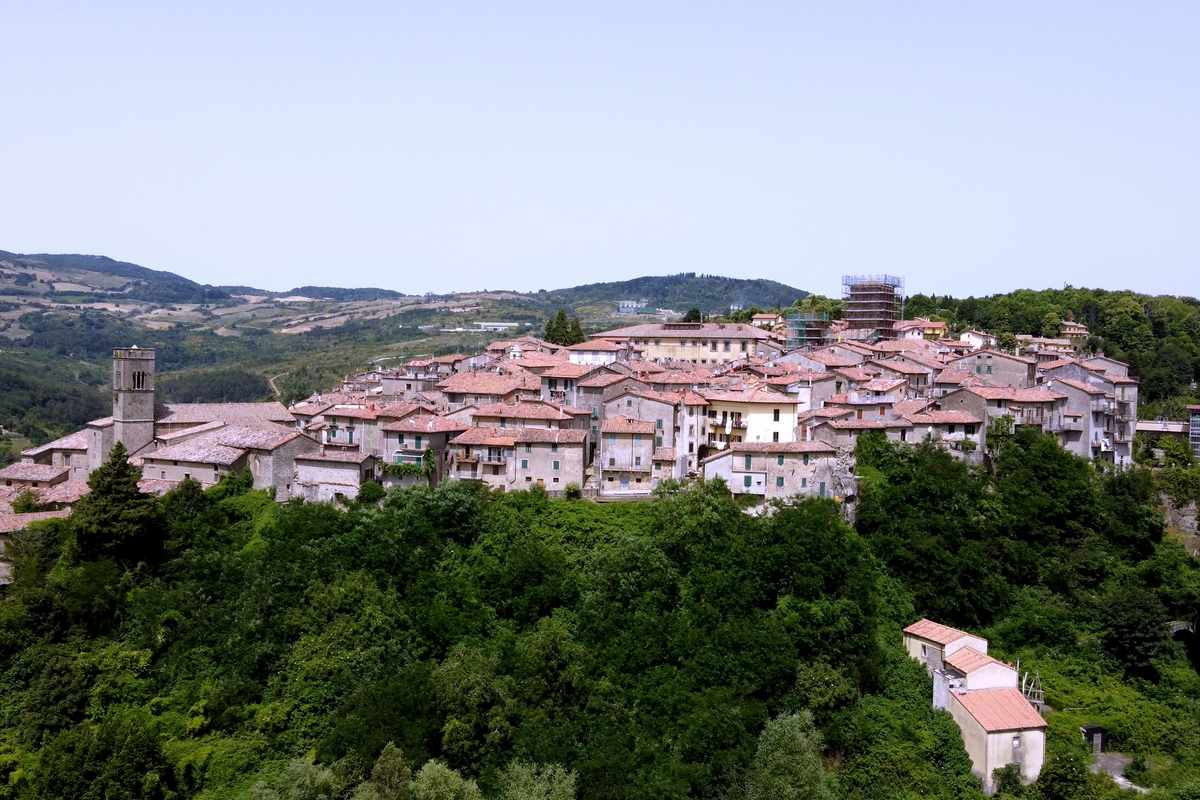
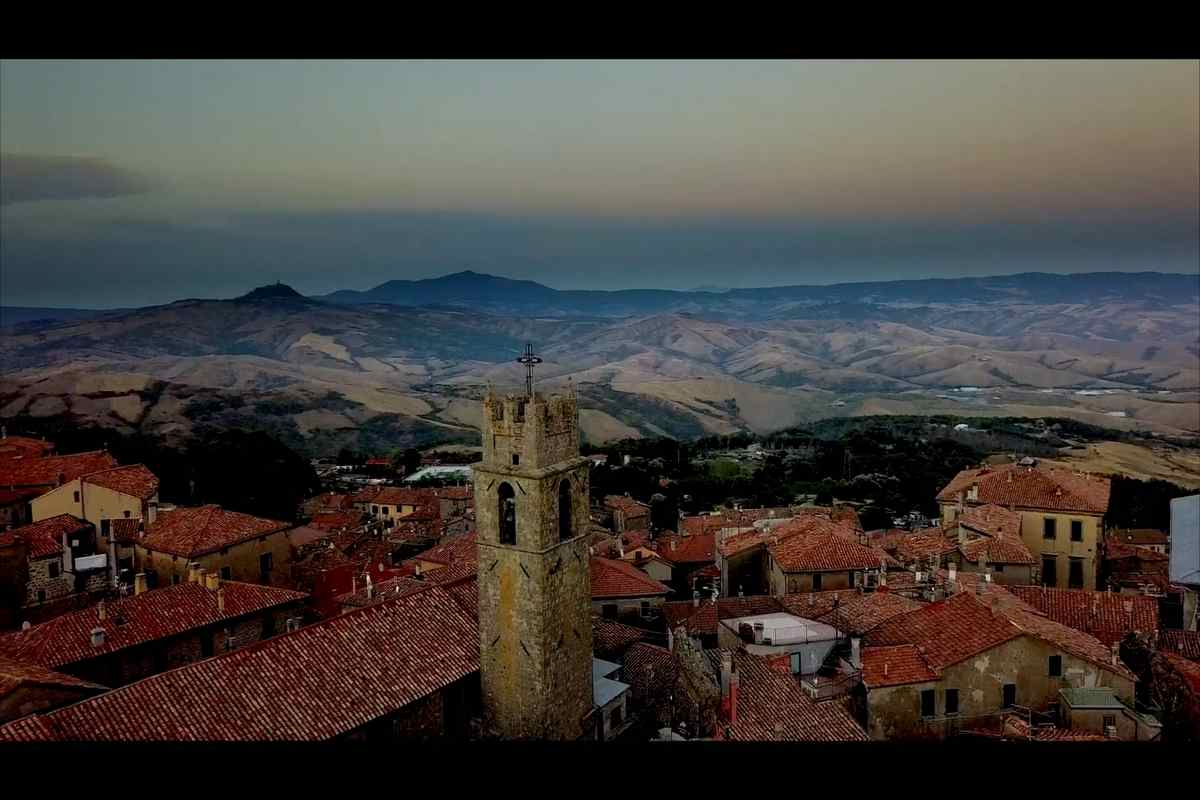
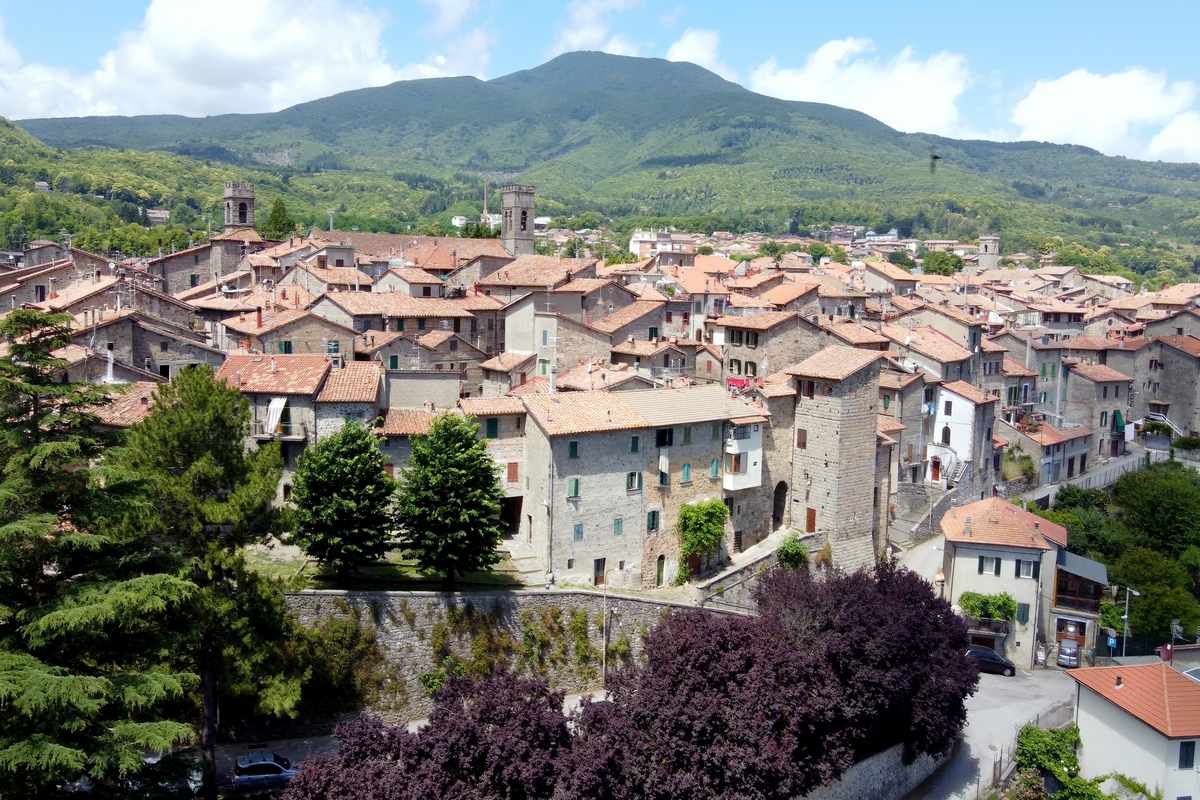
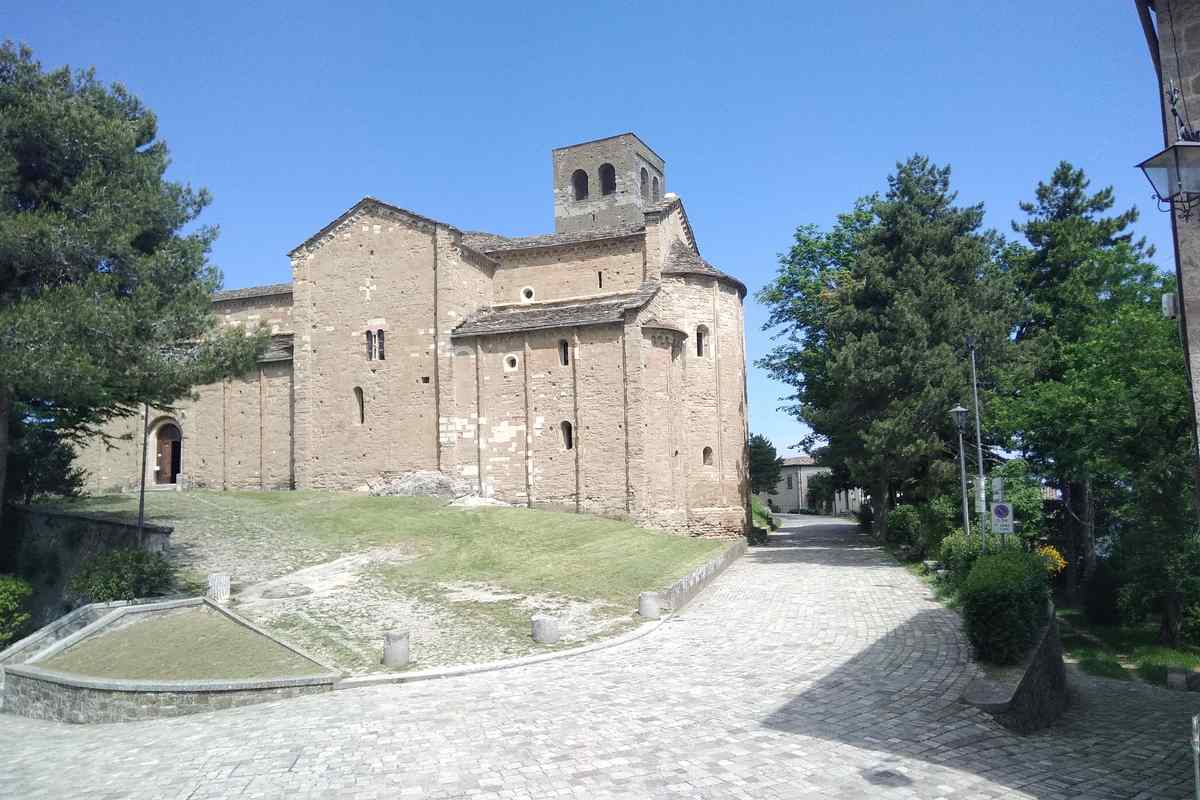
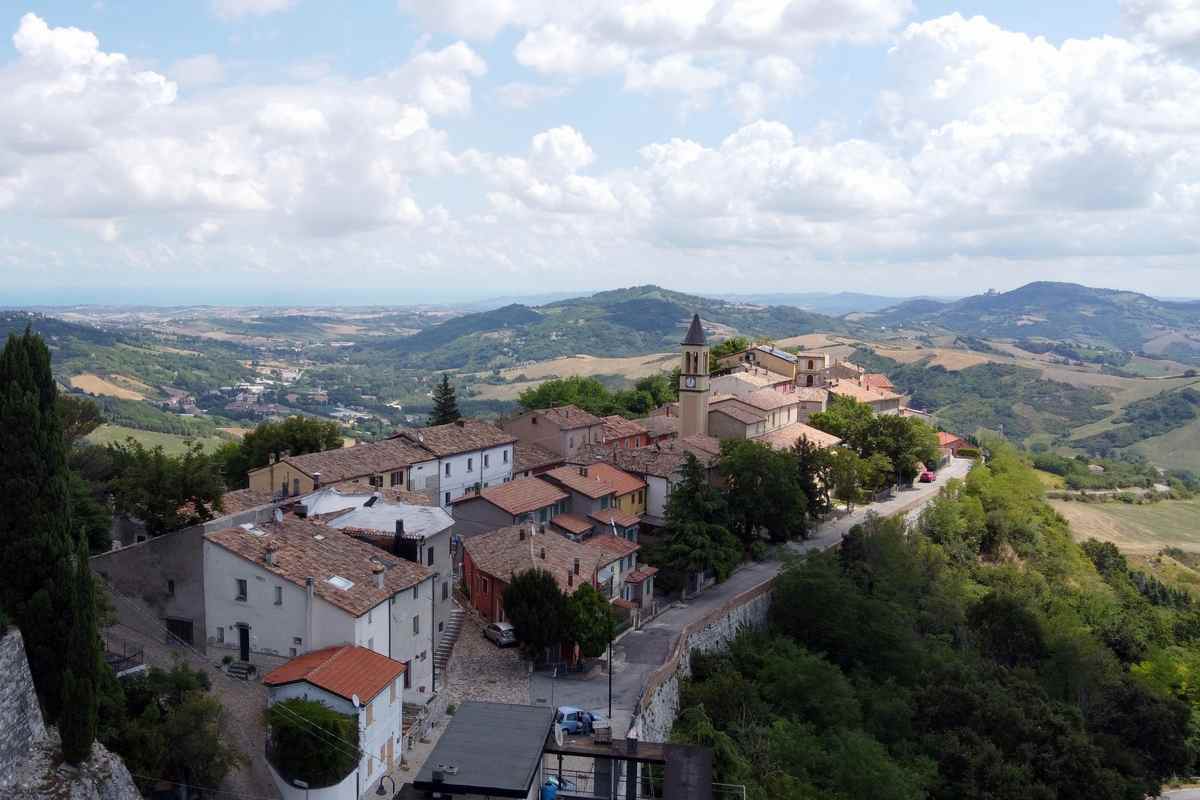
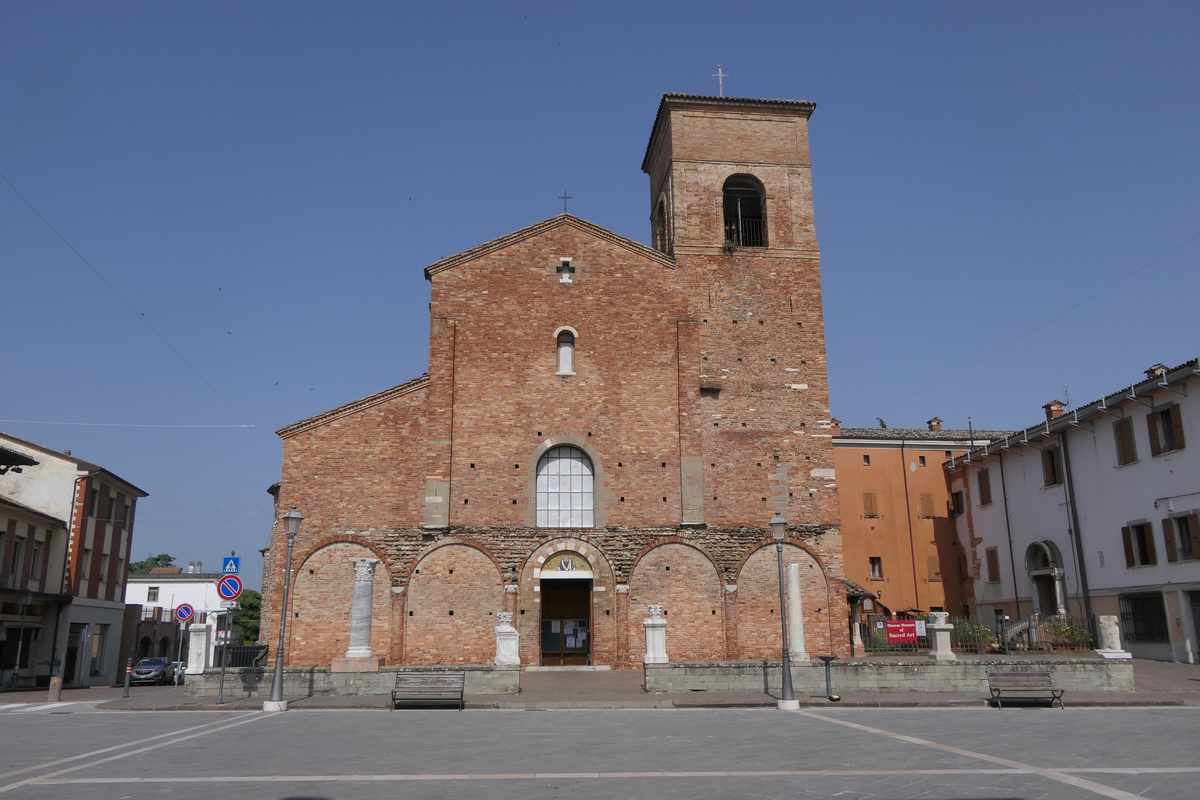
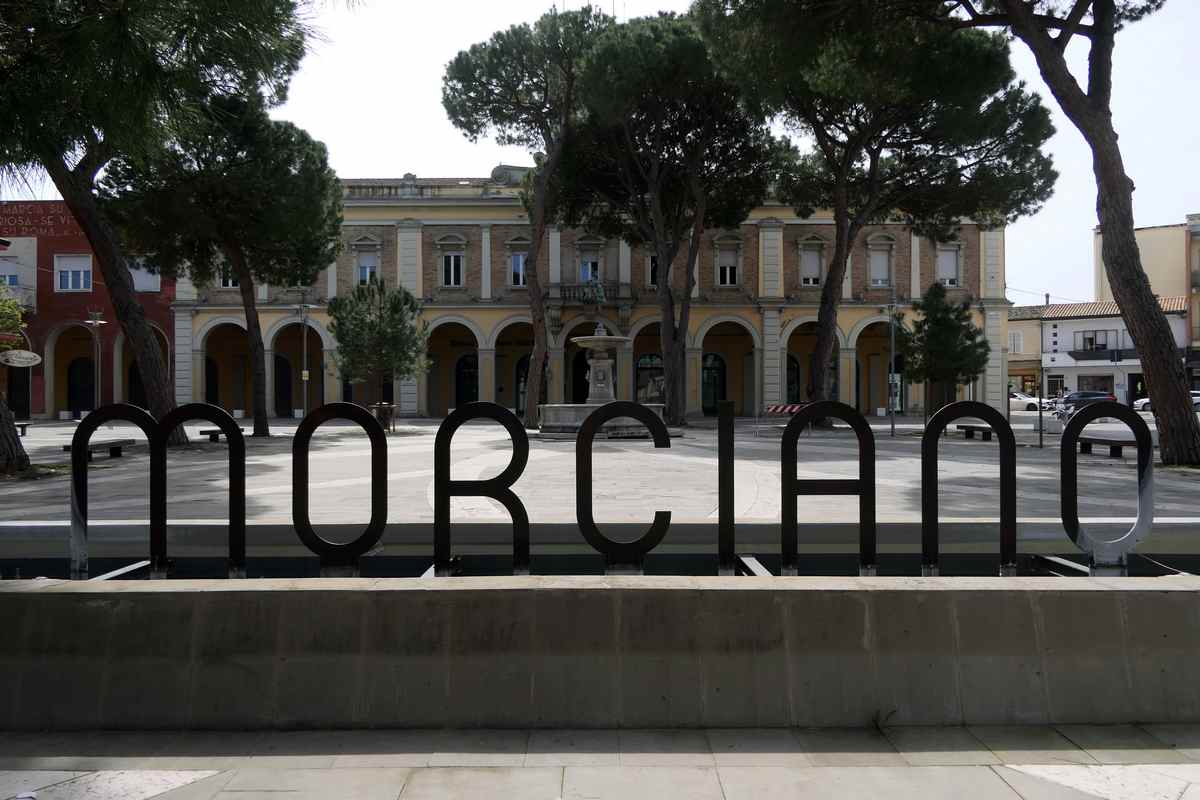
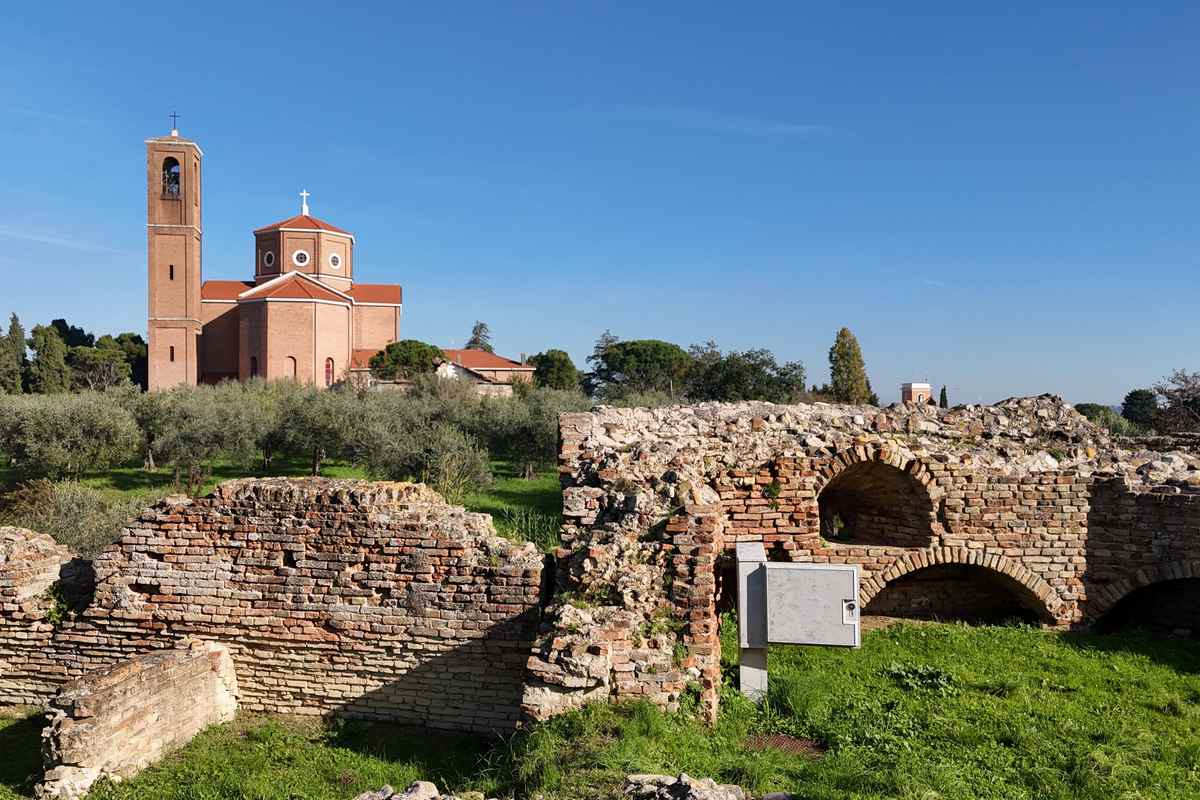
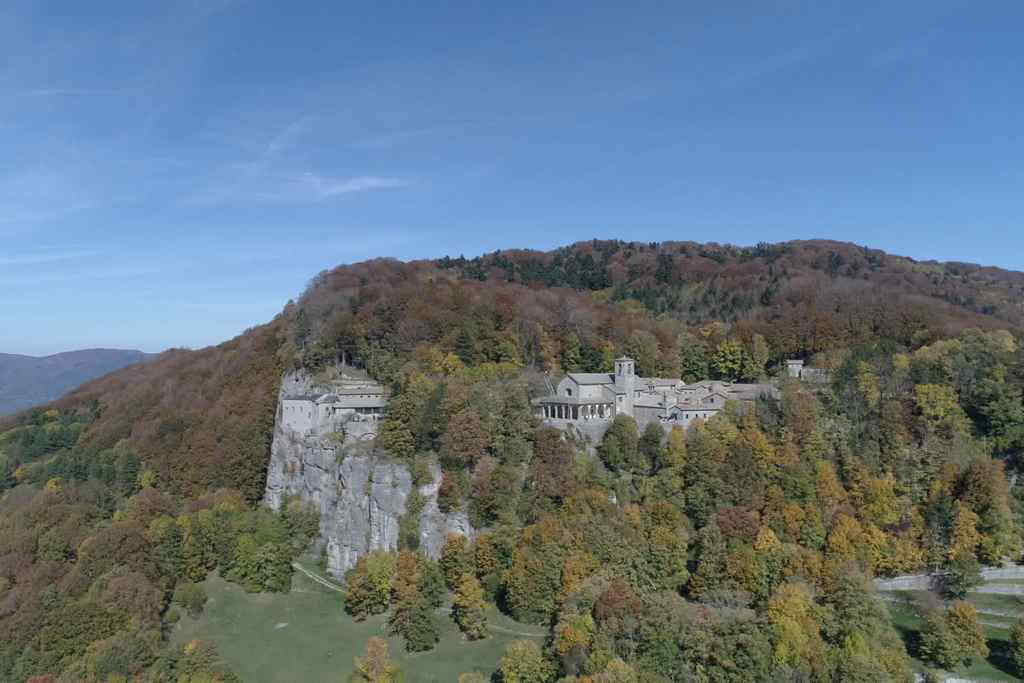 La Verna (Arezzo - Tuscany)
La Verna (Arezzo - Tuscany)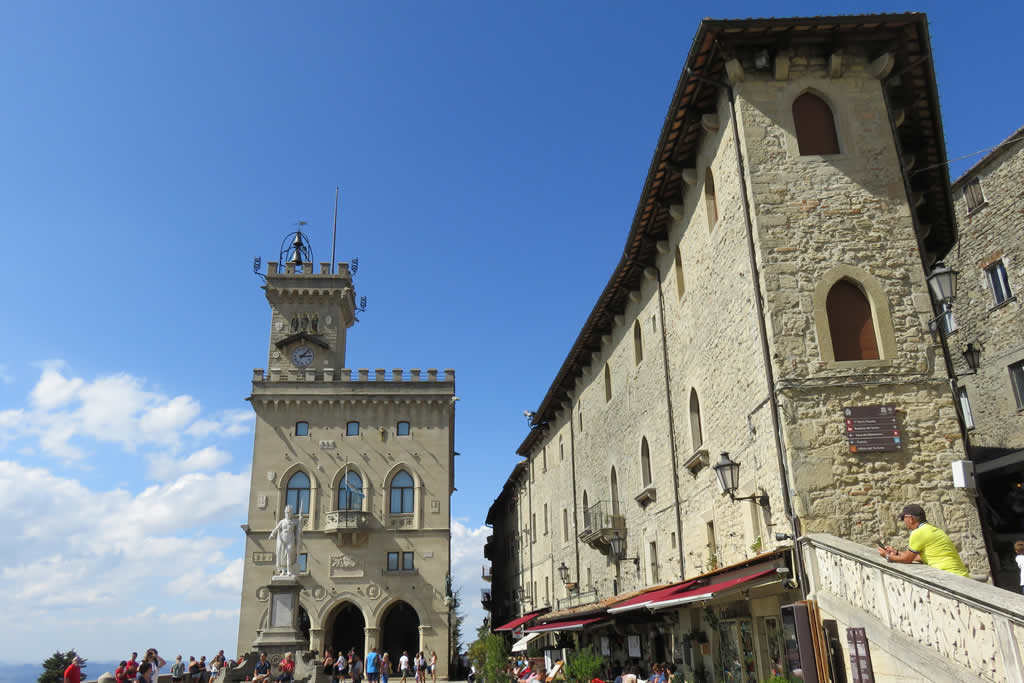
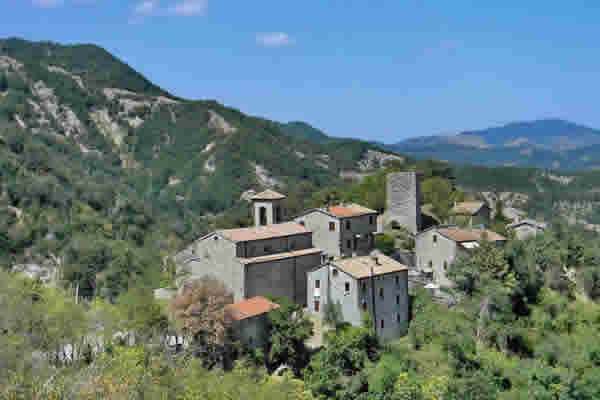
Casteldelci stands out thanks to its natural beauty and is often referred to as the “green sea”. It is the hilliest in the province, rising to 1,355 metres above sea level, making it the ideal destination for those who love nature walks. (read more)
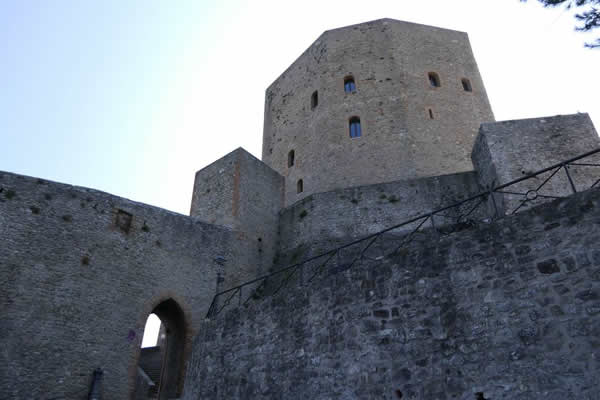
By straining ones eyes on a clear day it is possible to discern from the coast a solitary giant immersed in the greenery of the territory of the Malatesta Seignory: this is the Malatesta Castle of Montefiore, the defensive bastion and summer home of the noble family. (read more)
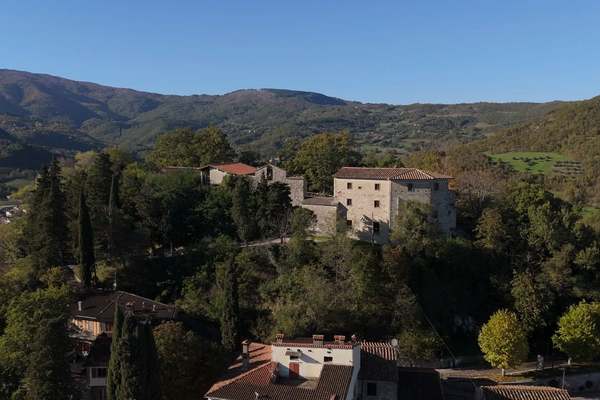
The village is made up of a castle located on the top of a hill, around which a small village has developed. (read more)
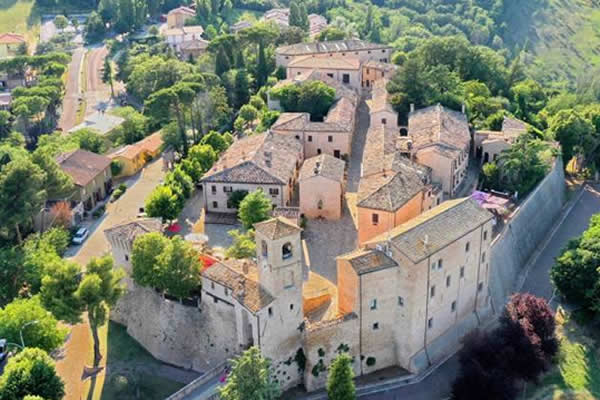
The Malatesta defended their Seignory by means of a series of fortresses close to one another keeping watch over the bordering lands of the hostile Duchy of Urbino.Montegridolfo guards the ridge which separates the Conca valley, on the Romagna side, from the Foglia valley in Le Marche. (read more)
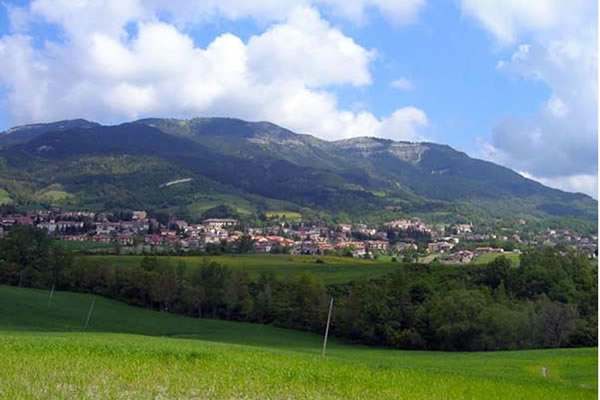
Lying on the coast of the homonymous Mount, immersed in the green of its beech forests, Carpegna is the center of the historical region of Montefeltro.The historical and artistic heart of the town is the Palazzo dei Principi, designed by the Roman architect Antonio de Rossi and built in 1675 on commission of Cardinal Gaspare di Carpegna. Carpegna is part of the territory of the Sasso Simone and Simoncello Regional Natural Park, of which it is the capital.
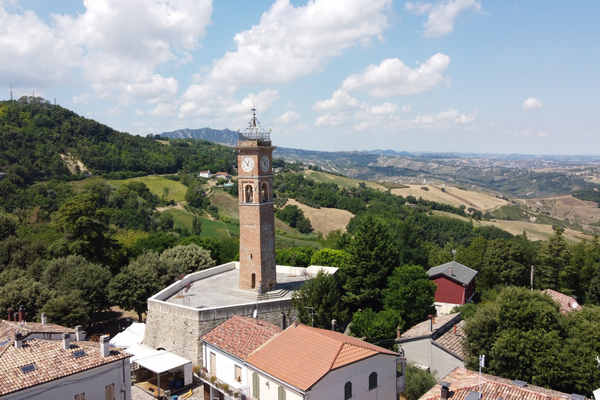
Situated in the Conca Valley, Montescudo-Montecolombo is a town of the Malatesta Seignory. It is located on a ridge which divides the plain around Rimini from the road which leads to the foothills of the Apennines, and which was a strategic point from which to survey the area. (read more)
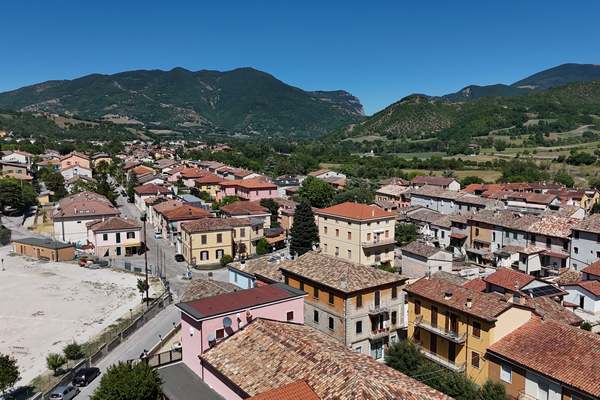
Acqualagna is universally known as the "Capital of the Truffle", which is found here in abundance in all its varieties. (read more)
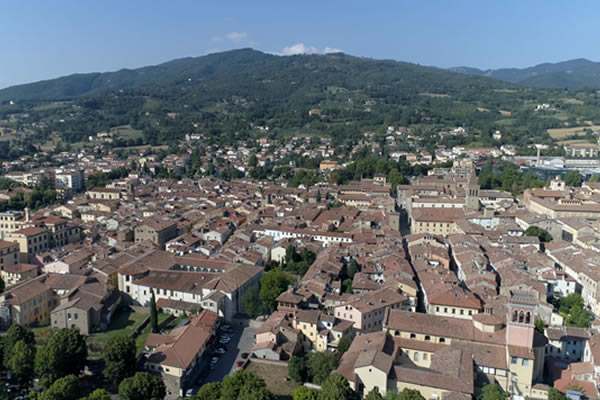
Located at the foot of the last stretch of the Tuscan Apennines, Sansepolcro dominates the Vatiberina. It opens into a vast mountain and hilly amphitheater bordered by Alpe della Luna, Massa Trabaria, the hills of neighboring Umbria, the Aretino and the 'Alpe di Catenaia.the historic center is a real jewel that has preserved its traditional features up to the present day. Sansepolcro is inextricably linked to the great Piero della Francesca.The artist, who used the name Pietro dal Borgo, immortalized Sansepolcro in many of his works, enhancing its typical features.
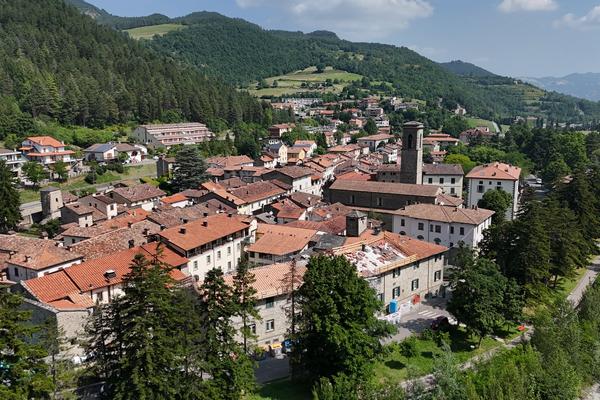
Bagno di Romagna, a municipality included in the list of the Most Beautiful Villages in Italy, is located in the Tuscan-Romagna Apennines, within the National Park of the Casentino Forests which includes the Sasso Fratino Integral Reserve, a UNESCO World Heritage Site. (read more)
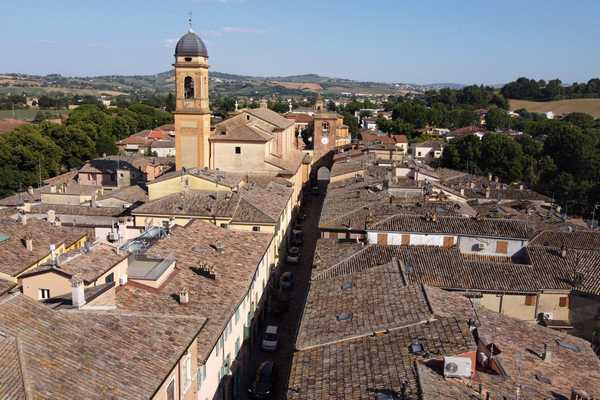
Ancient fortifications still remaining and the very layout of the town are indicators of how important the place was in the age of the Seignory of Malatesta. (read more)
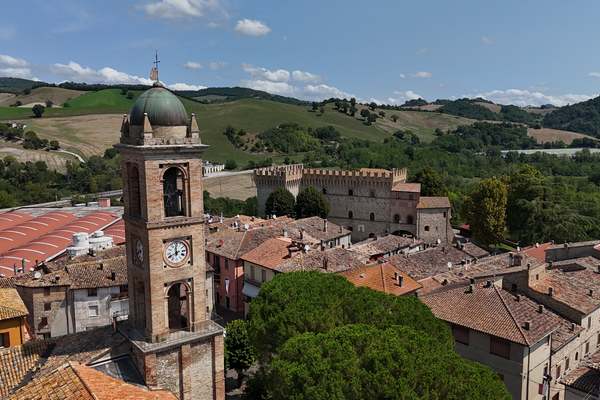
Piandimeleto is a charming town in the province of Pesaro and Urbino, located in the upper valley of the Foglia river, in the heart of Montefeltro. (read more)
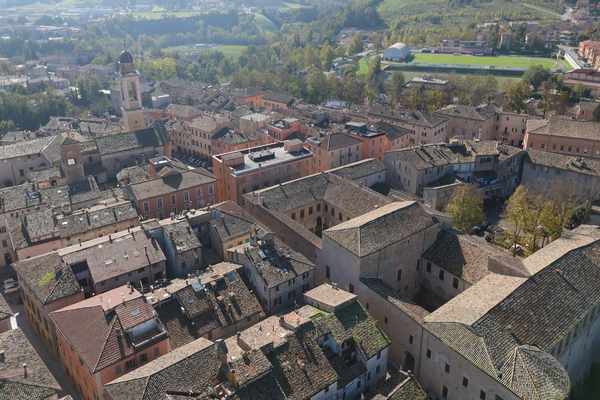
Urbania, located in the Upper Metauro Valley, is a charming village in the Marche region that combines a rich history, an important artistic heritage and a centuries-old artisan tradition. (read more)
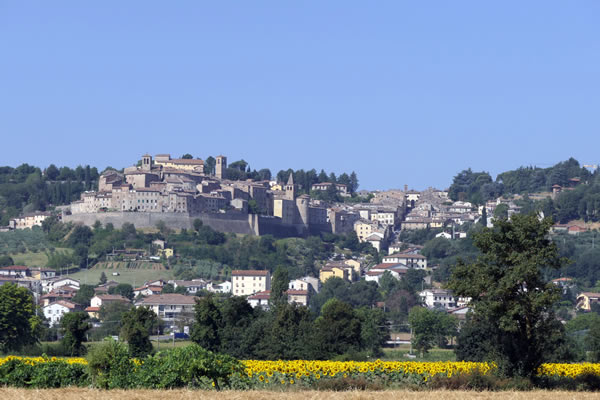
Anghiari is a little medieval town deep in the magnificent Tuscan countryside, a few kilometres from Arezzo in the Tuscan Valtiberina. Anghiari played a vital role in the Middle Ages due to its strategic position.It was the Battle of Anghiari on 29 June 1440 that cemented Tuscany's borders, with the Florentines triumphing over the Milanese, allowing Florence to assume governance over the city.A painting of this battle, now sadly lost somewhere behind the walls of the Palazzo Vecchio in Florence, allowed Leonardo da Vinci to cement his fame. Anghiari is one of the most beautiful medieval towns in Italy, and was
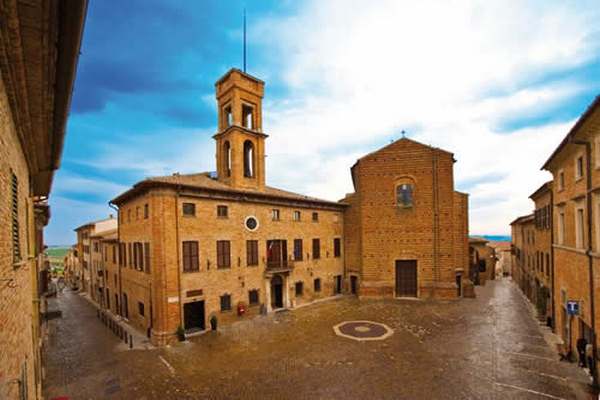
Mondavio is a beautiful medieval and Renaissance village located on the rolling hills of the province of Pesaro and Urbino, in the Marche region. Recognized as an "Orange Flag" by the Italian Touring Club and included among the "Most Beautiful Villages in Italy", Mondavio is a small jewel that preserves its historical charm intact. (read more)
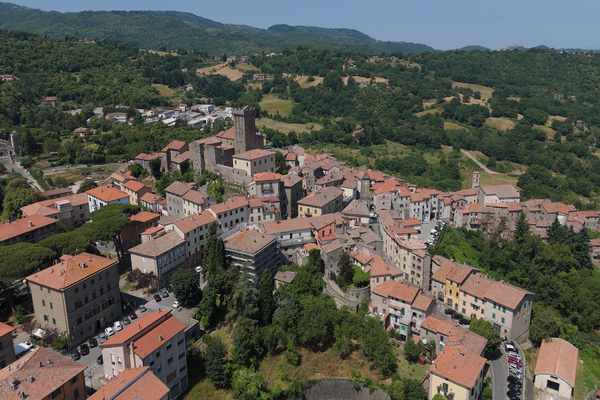
Arcidosso is a charming medieval village located on the western slopes of Mount Amiata, in the province of Grosseto, Tuscany. (read more)
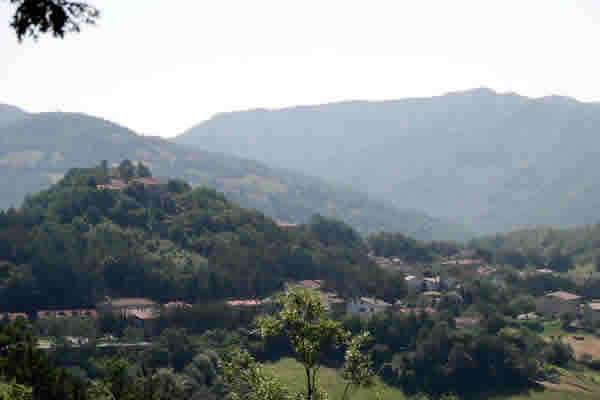
The village of Badia Tedalda sits at the crossroads between three regions: Tuscany, Romagna and Marche, along the route of the Via Romea that was traveled over the centuries by monks, pilgrims and travelers. (read more)
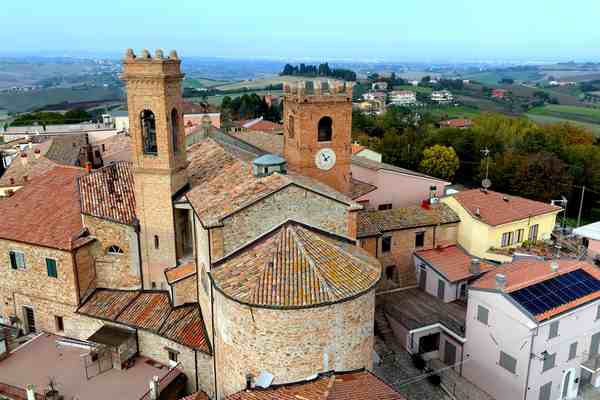
San Clemente is a small village overlooking the Conca valley, surrounded by grape and olive groves. Its walls, dating back to the late 1300s, are still partly visible. (read more)
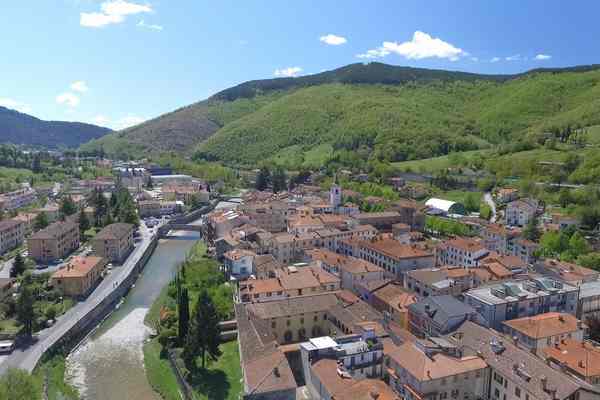
The medieval village in Valtiberina that was dear to Lorenzo the Magnificent, also known as the "Diary City" (read more)
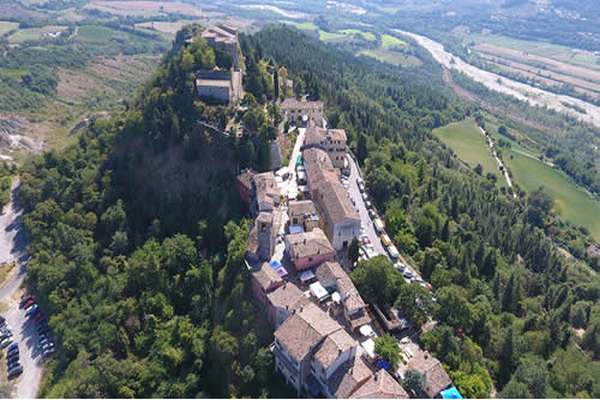
On 1 January 2014 this municipality was created from the merger of Poggio Berni and Torriana. The town once belonged to the territory of the Malatesta Seignory.The territory of Poggio Berni, partly situated on three small hills which are the continuation of the hill of Santarcangelo, has a distinguishing feature: the variety of historic buildings dotted around the countryside. (read more)
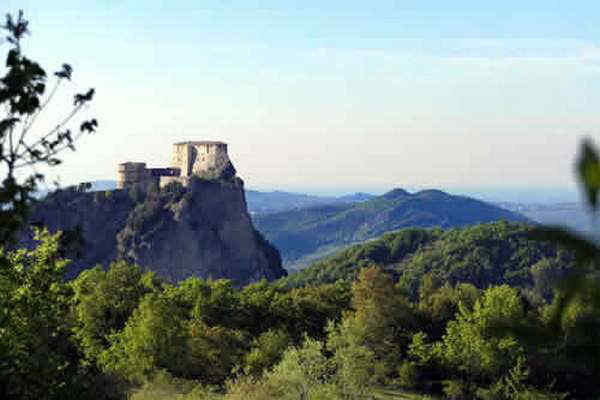
San Leo, a wonderful capital of art, mentioned by Dante Alighieri in the Divine Comedy, is the fulcrum of the historical region of Montefeltro and is the city that gave it its name. Known for its historical and geopolitical events, location for films and documentaries, tourist destination of excellence, it is the precious pearl guarded by the province of Rimini. (read more)

A centre for markets and fairs and reference point for farmers and artisans over a vast area, once a territory of the Malatesta Seignory. (read more)
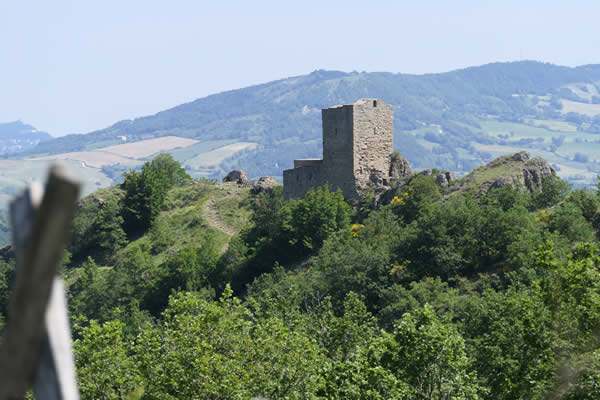
Pietrarubbia is a small town in the province of Pesaro and Urbino, in the Marche region. It is located in a rather isolated position, about 500 meters above sea level, on the border with Emilia-Romagna and the Republic of San Marino, and is part of the Montefeltro Mountain Community. (read more)
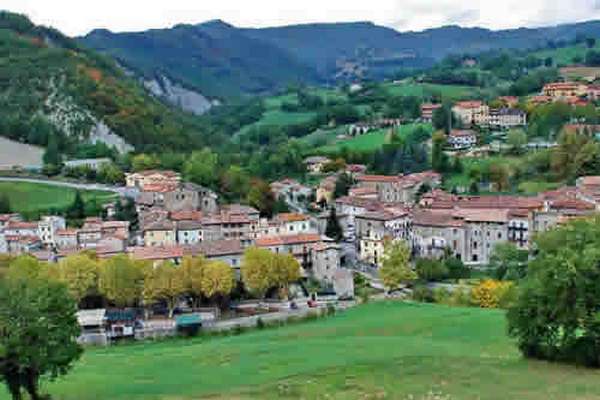
Sestino is a border land and, like all areas that are located at the crossroads of different cultures, is nowadays the result of the history, traditions and customs of the peoples who have passed through here over the centuries. (read more)
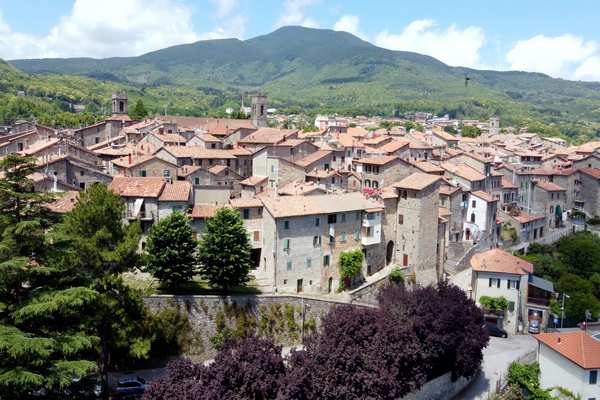
Abbadia San Salvatore is a destination that combines a thousand-year history, fascinating traditions and lush nature, offering an authentic and evocative experience in the heart of Tuscany. (read more)
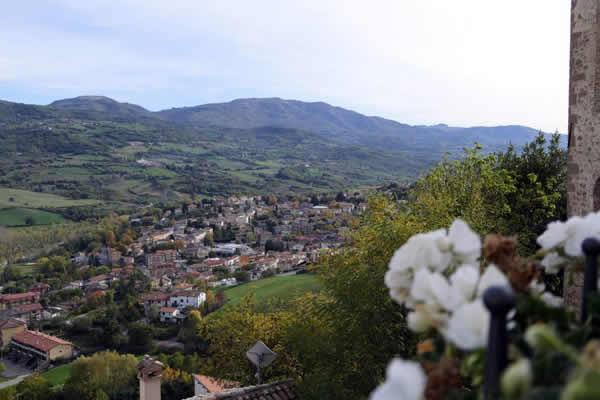
In the heart of the mid-Marecchia valley, in a largely flat area, this is a fairly new municipality that was established in 1907 and is now one of its main commercial and industrial towns. (read more)
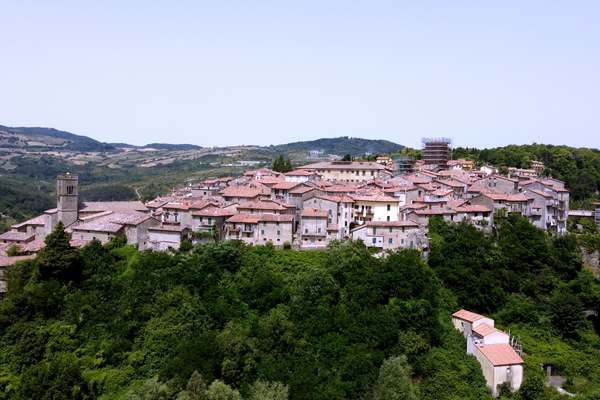
Santa Fiora is one of the "Most Beautiful Villages in Italy" and Orange Flag of the Touring Club, a true medieval jewel set on the southern slope of Monte Amiata, in the province of Grosseto, Tuscany. (read more)
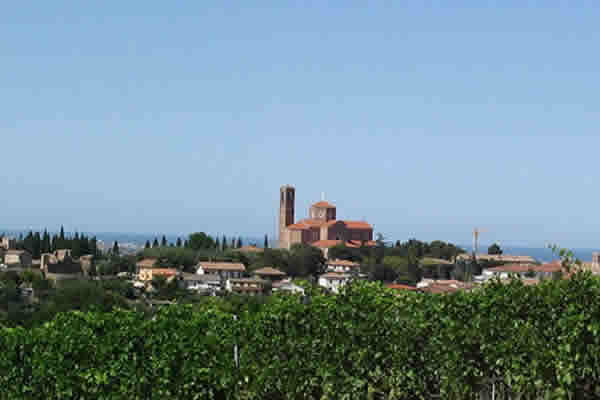
A few kilometres from San Marino and Riccione, the territory of Coriano offers the tranquillity of an inland town. It has ancient origins and was certainly dominated by the Umbrians, the Etruscans and the Romans. (read more)
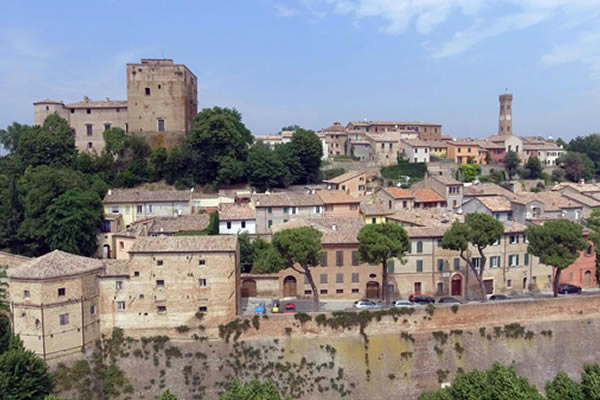
The ancient medieval village is located on the Via Emilia 10 km north of Rimini and 20 km south of Cesena. In a straight line with the sea you can reach the beaches of Rimini Nord and Bellaria Igea Marina, which is 13 km away. (read more)
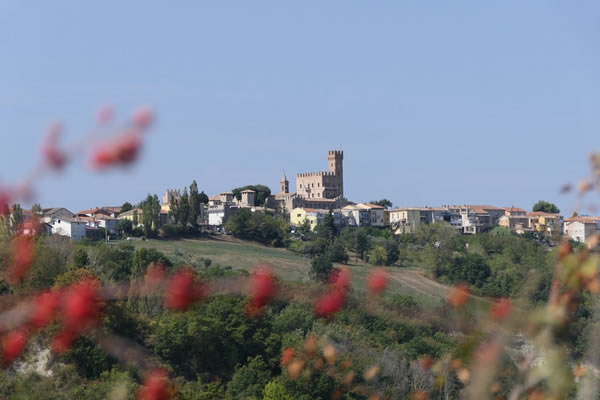
Founded in the Middle Ages, it belonged to the Malatesta family, becoming, during the 15th century, the object of a long dispute between them and the noble Montefeltro family. (read more)
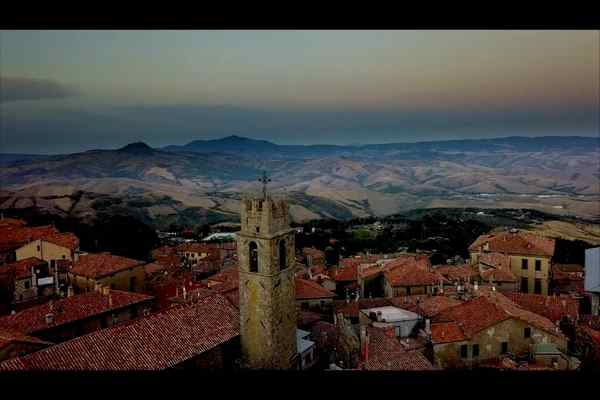
Piancastagnaio is an ancient and charming medieval village located on the southern slope of Monte Amiata, in the province of Siena, on the border with Umbria and Lazio. (read more)
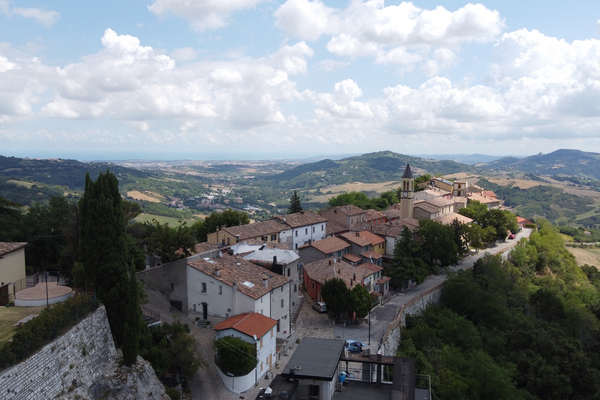
Sassofeltrio stands atop a rocky chalk spur not far from the central part of the Conca Valley. Protected by a defensive wall, it offers wonderful panoramic views over a vast, sun-filled valley. The old town centre features a characteristic group of houses, divided longitudinally by a single main road. It is still surrounded by imposing fortified walls that bear witness to its mediaeval origins. (read more)
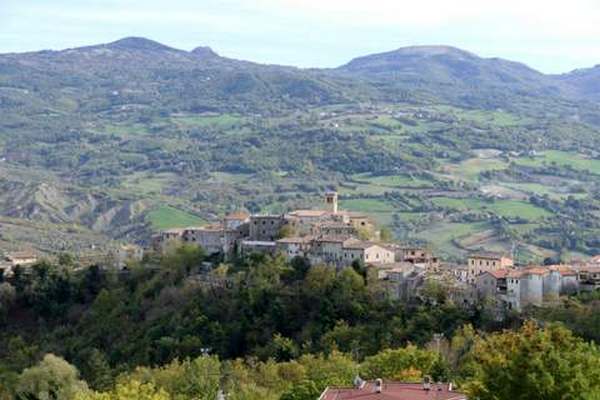
Clinging to Mount Pincio which protects it, this town is flanked by the river and by rocky crags topped by the fortresses of San Leo and Maioletto that control the valley and nearby Novafeltria, the town it gave life to about 100 years ago.The intimate old town is very inviting and offers visitors a series of attractions in close proximity to each other. All around the town there are woods with chestnut trees, pines and a lot of shrubbery which are great for taking short hikes. (read more)
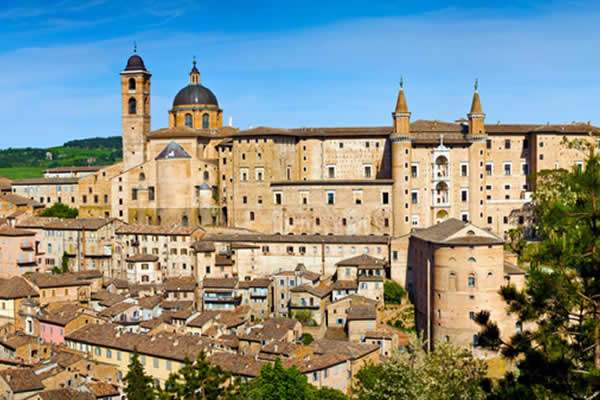
Urbino, located in the Marche region, is one of the most important and fascinating cities of the Italian Renaissance. Its historic center has been declared a World Heritage Site by UNESCO. (read more)
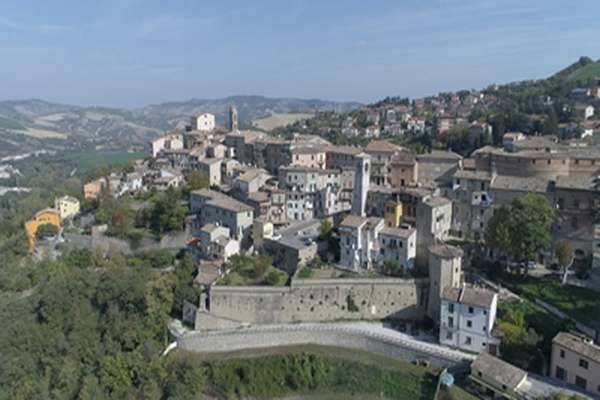
Sassocorvaro is a charming historic village located in the province of Pesaro and Urbino, in the Marche region. Located on a hill overlooking the valley of the Foglia river and the suggestive artificial lake of Mercatale, it offers a breathtaking panoramic view of the surrounding hills. (read more)
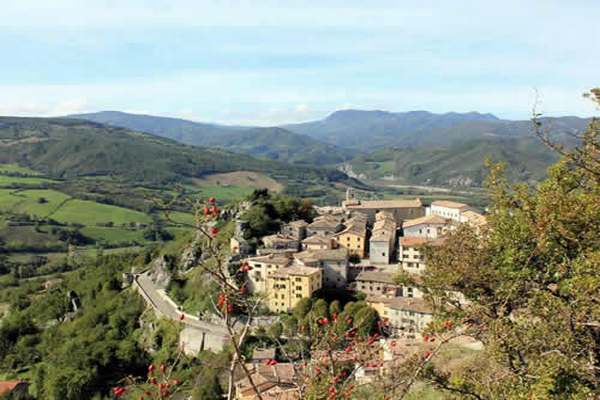
This town in the high Marecchia Valley is located along the western side of Carpegna Mountain, which slopes down towards the Marecchia River, and is easy to get to from the Rimini coast.This renowned environmental and cultural center of tourism, sung about by Tonino Guerra, is home to numerous beautiful places, as most of its territory is within the grounds of the Sasso Simone and Simoncello Natural Park; this is a great area for taking relaxing walks in the lush Apennines. (read more)
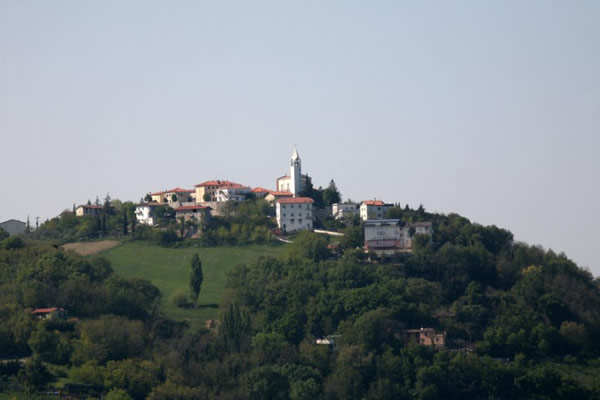
Gemmano is in the middle Conca Valley, on the top of a hill surrounded by the countryside. From one side, the town overlooks the entire plain down to the sea, while the other side offers views of the hills and mountains within the old Duchy of Urbino. The surrounding countryside is largely unspoiled and rather unusual with its luxurious wild vegetation mixed in with the cultivated fields, offering a different view around each corner. (read more)
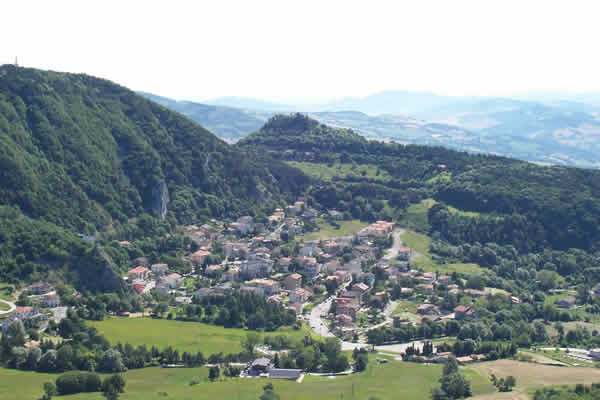
The Municipality of Montecopiolo is surrounded by peaks that slope down to the sea. In ancient times it was home to a beautiful castle of which there are evident traces currently being recovered and enhanced. Precisely from this castle originated, in the thirteenth century, the Counts of Montefeltro, who later became the Dukes of Urbino. (read more)
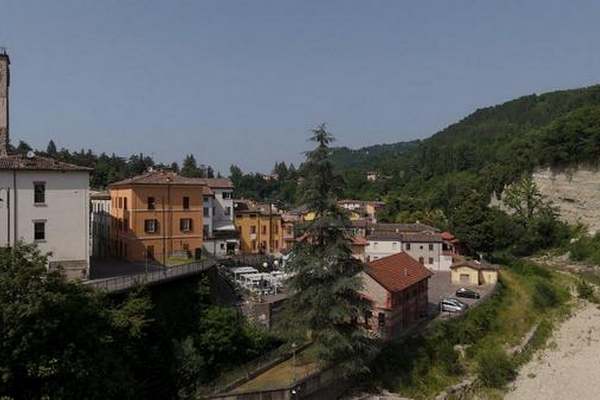
Mercato Saraceno is an interesting destination for those looking for a mix of history, culture, food and wine and outdoor activities. (read more)
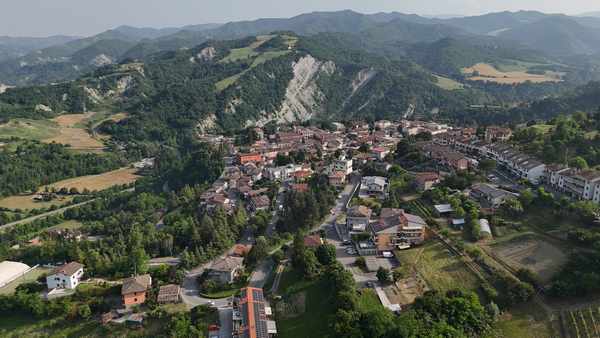
Sarsina is a place that combines ancient history, spirituality and culture, making it an interesting destination for tourists. (read more)
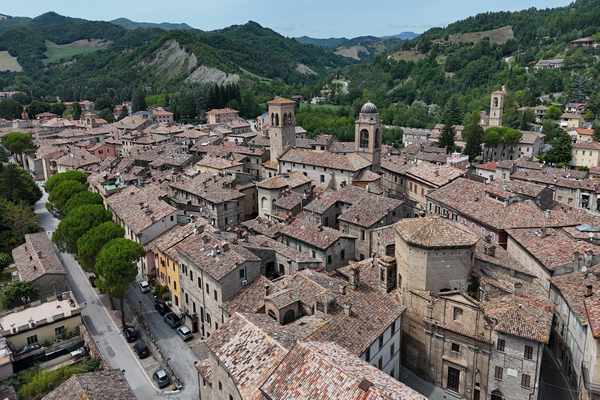
Sant'Angelo in Vado is also known as the "Capital of the precious white truffle". Every year, in the last weeks of October and the first of November, the National White Truffle Exhibition is held. (read more)
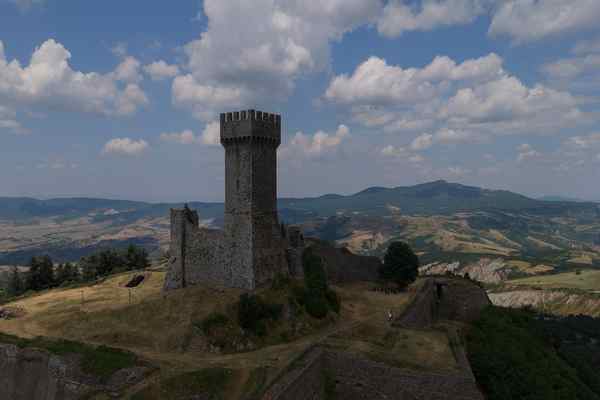
Radicofani is part of the beautiful Val d'Orcia, recognized as a UNESCO World Heritage Site. (read more)
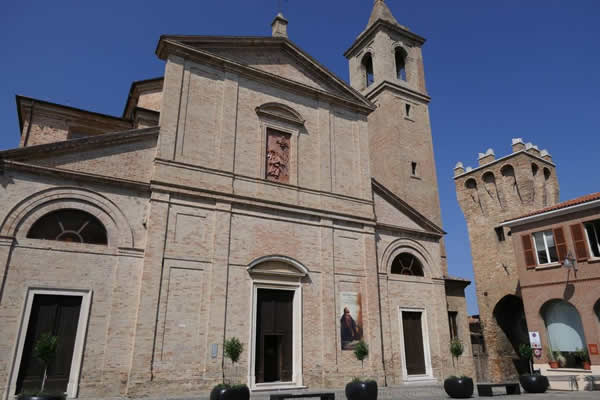
Saludecio is a charming medieval village in the province of Rimini, nestled in the rolling hills of the Conca Valley. (read more)
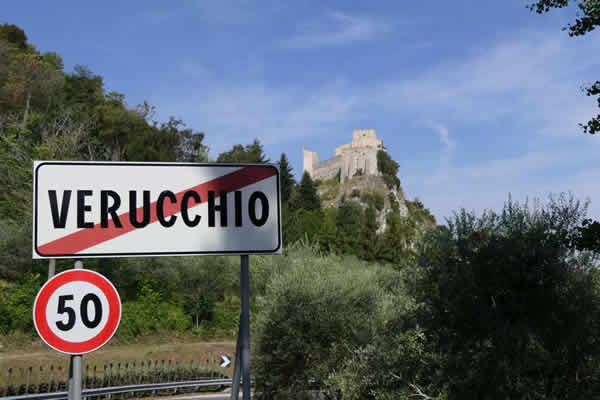
Boasting an Orange Touring Flag since 2005, Verucchio has managed to keep all its charm and its dual nature as both the town that was the cradle of the Malatesta family and many centuries earlier, the centre of Villanovan civilization. Added to this is the beauty of the landscape in the Marecchia River Valley in which it stands, making a visit to this ancient town a must when in Romagna. (read more)
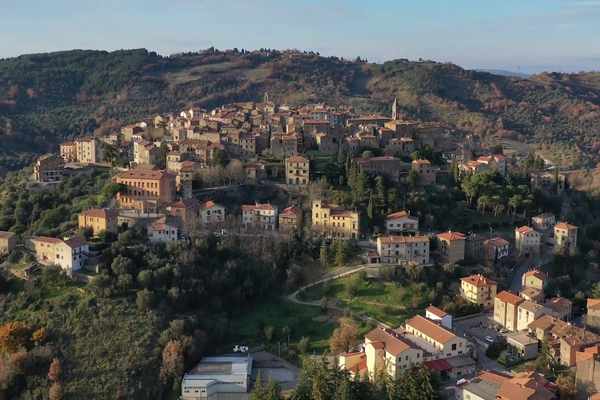
Seggiano is a charming medieval town located in the province of Grosseto, Tuscany, Italy. (read more)
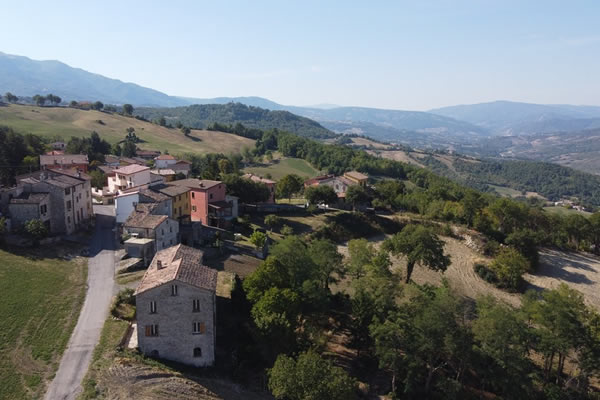
The curious and fascinating fortress known as Maioletto is easy to spot from even the most isolated part of the valley. It stands on a “raft” of rock that separates it from the land below.The current village however is not visible as it is located nearby, in a place called Serra; it replaced and inherited the name of the ancient castle destroyed one night in the 18th century under a terrible landslide. This was preceded by 40 hours of uninterrupted rain. (read more)
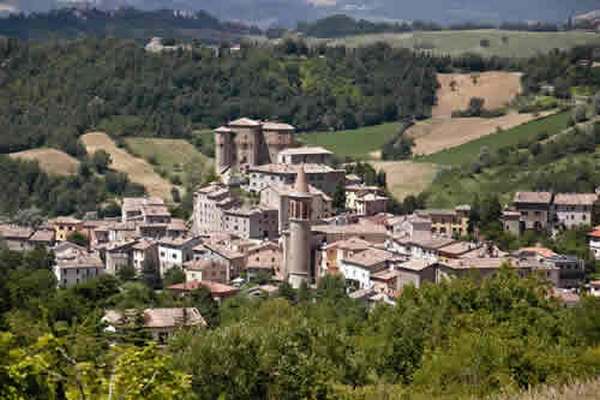
Sant'Agata is a splendid ancient town, well preserved, with different buildings of notable historic value; it is best to visit this town from spring to autumn when the weather is nice.Legends and an idyllic setting - with a castle that looks like it came straight out of a fairytale - make this town one of the most characteristic in the Montefeltro area, thanks also to its wonderful cultural, natural, spiritual and gastronomic itineraries. (read more)
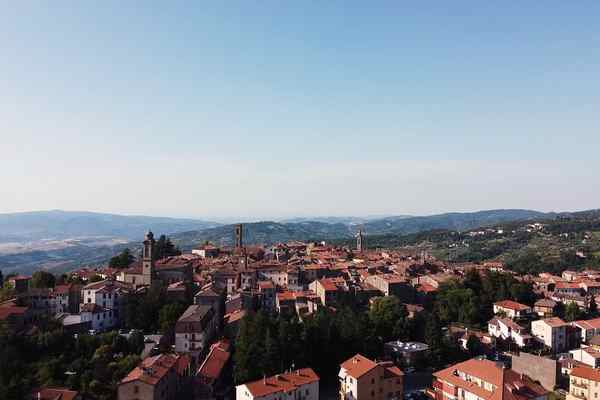
Castel del Piano is a charming town located on the slopes of Mount Amiata, in the province of Grosseto, Tuscany. (read more)
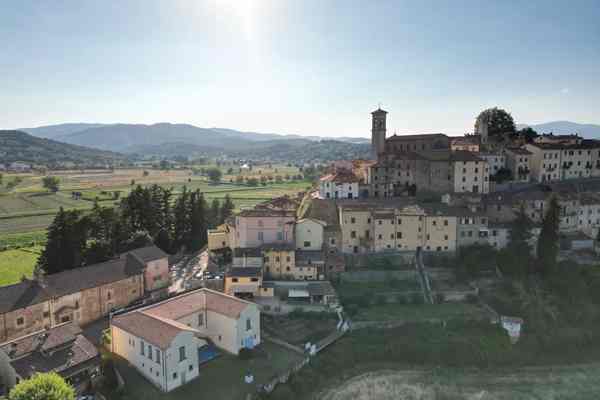
The village of Monterchi perches proudly in the hills of the Tevere Valley, not far from the Citta di Castello and Umbria, surrounded by medieval parish churches and convents. (read more)
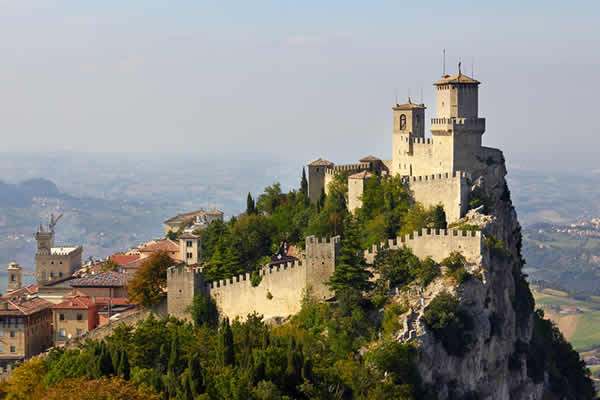
San Marino, officially the Republic of San Marino, also known as the Most Serene Republic of San Marino, is a small state in Southern Europe enclaved by Italy. Located on the northeastern side of the Apennine Mountains, San Marino covers a land area of just over 61 km2 (24 sq mi), and has a population of 33,562. (read more)
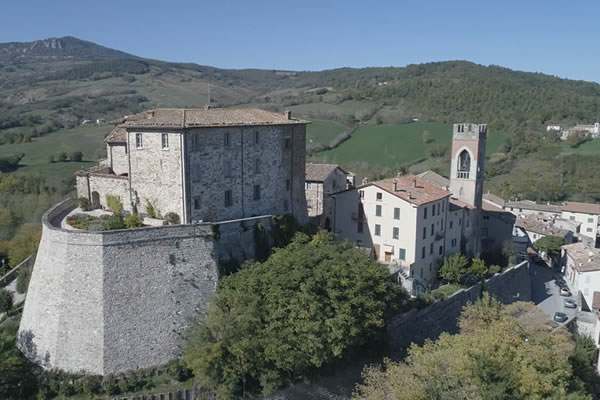
Monte Cerignone rises at the beginning of the upper Conca valley, on a rocky spur, at the foot of Monte Faggiola. (read more)
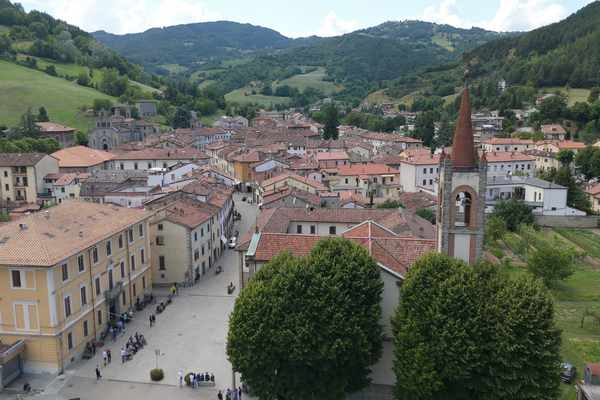
San Piero in Bagno is located in the valley floor of the Savio river. Built in the thirteenth century, San Piero in Bagno developed during the Florentine domination. (read more)
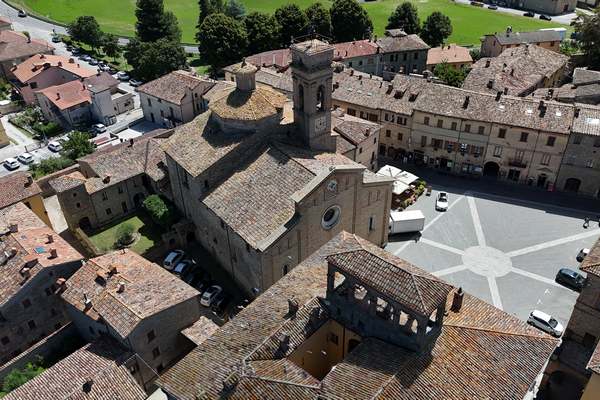
Mercatello sul Metauro is a picturesque town in the province of Pesaro and Urbino, in the Marche region, recognized as one of the "Most Beautiful Villages in Italy" and awarded with the Orange Flag of the Italian Touring Club. (read more)
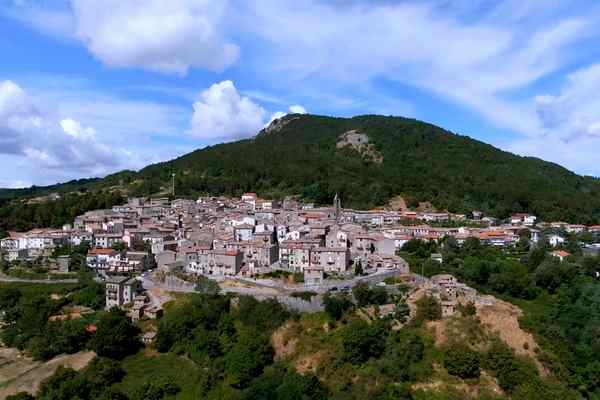
Castell'Azzara is an Italian town located in Tuscany, near Mount Amiata. (read more)
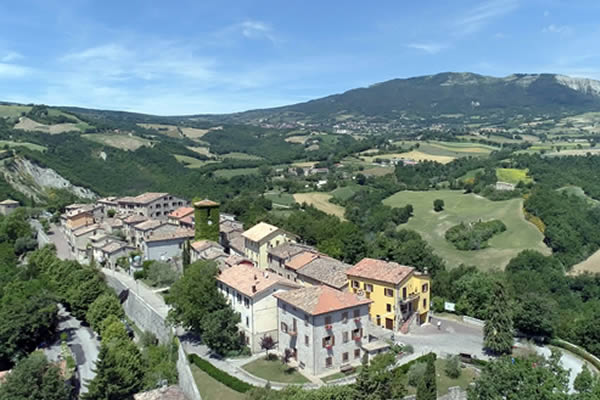
Situated in the Marche area, Frontino is a small and historic village. It received the Italian Touring Club's "Orange Flag" for its tourist-environmental qualities. (read more)
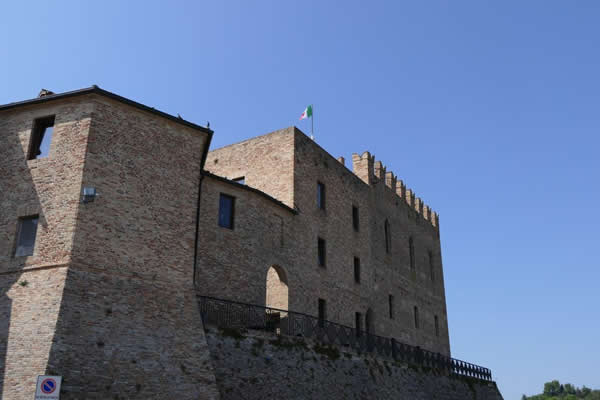
Situated 15 kilometres far from Riccione and Cattolica, Mondaino is perched on the crest which divides the valleys of the rivers Tavollo and Foglia, and the regions of Romagna and Marche. (read more)
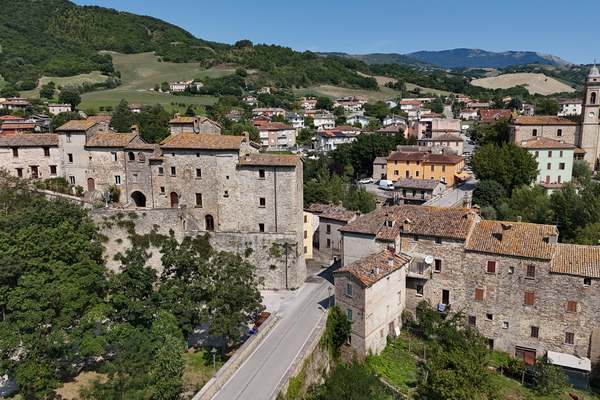
Belforte all'Isauro is a charming medieval village perched on a spur of rock between the Isauro and Fossato streams, the town overlooks the upper valley of the Foglia river, on the border between Marche and Tuscany. (read more)
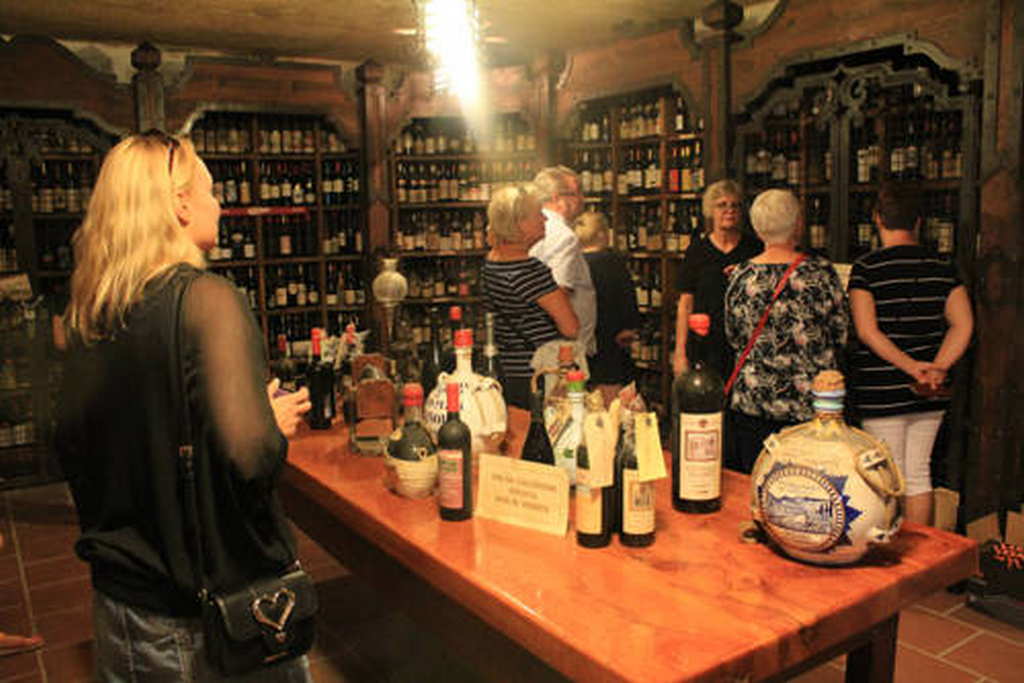
A journey from the sea to the mountains to sample wines and gastronomic products from the regions that shaped Italy's culinary history. Landscapes from the Renaissance. Set your watercolours in the same location where world-renowned artists such as Leonardo da Vinci, Giotto, and Piero della Francesca created their masterpieces. This tour is unique in that it includes visits to nearby villages as well as tastings of traditional local food and wine. (read more)
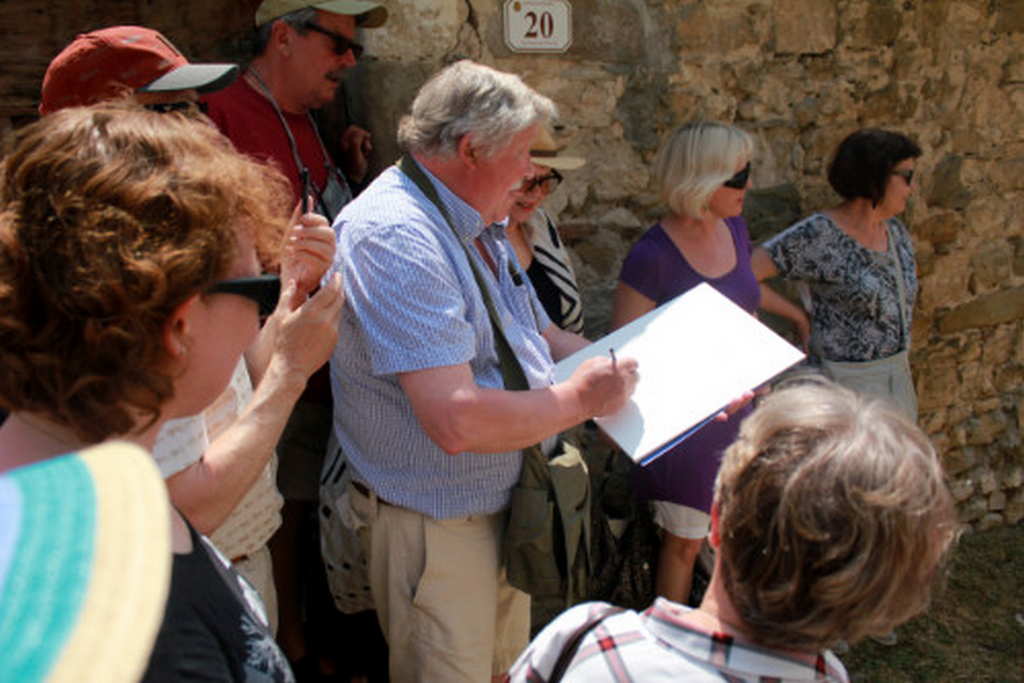
Landscapes from the Renaissance. Set your watercolours in the same location where world-renowned artists such as Leonardo da Vinci, Giotto, and Piero della Francesca created their masterpieces. This tour is unique in that it includes visits to nearby villages as well as tastings of traditional local food and wine.
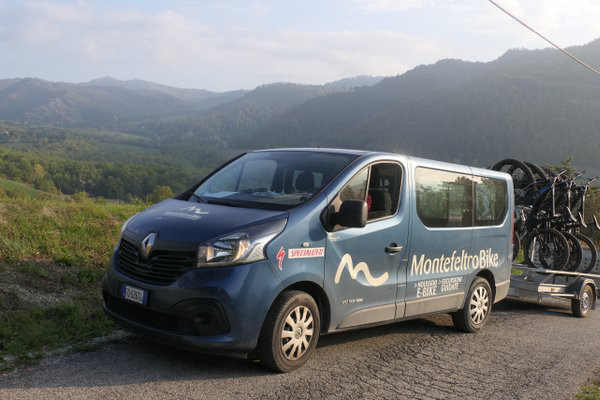
This electric bike tour winds through the mountains that form the borders of three Italian regions: Emilia-Romagna, Marche, and Tuscany. We will pass through nature reserves and parks where we can lose ourselves in admiring the landscapes facing the Adriatic Sea or the Tuscan countryside. A route that is accessible to everyone, thanks to the use of electric bicycles, that will take you to lesser-known Italy and its food and wine specialties.
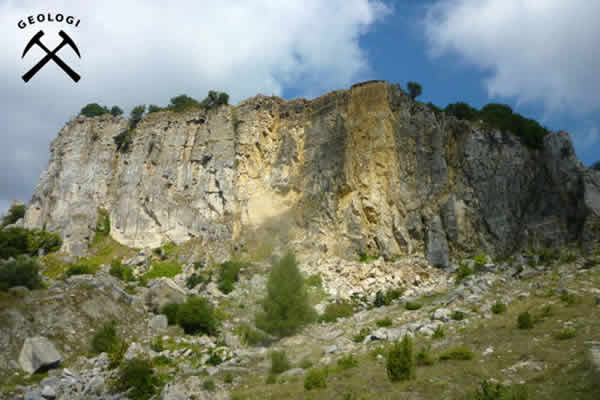
Discovering the geological and environmental itineraries of the Marecchia Valley. (read more)
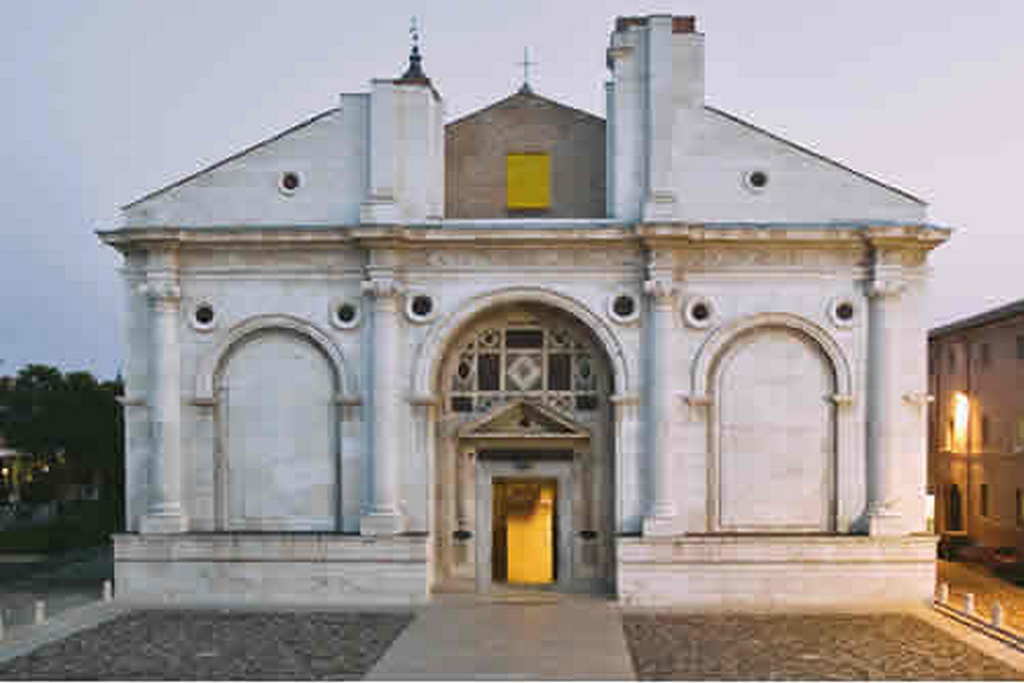
A journey to the places of worship of Christianity.An encounter with architecture, art and sacred music.-Tempio Malatestiano (Rimini) - San Leo - Parish church of P.te Messa- Franciscan Sanctuary La Verna- Sansepolcro - Civic Museum - Assisi Duration: 5 days (read more)
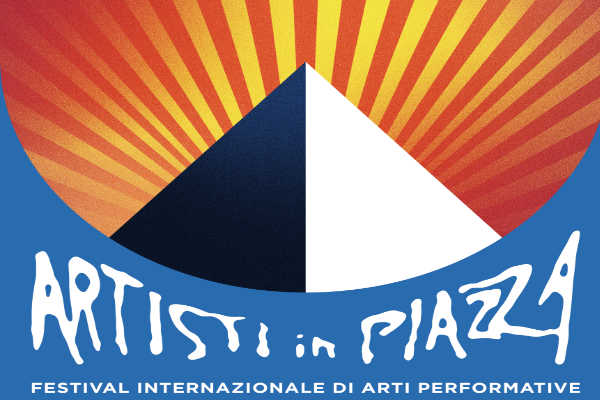
Since 1997, the town of Pennabilli welcomes performers and artists from all over the world. The municipality, like other few Italian cities, decided to allow street artists performances, even if an old national security law prohibited them. A whole long weekend, in Pennabilli, is dedicated to art. (read more)
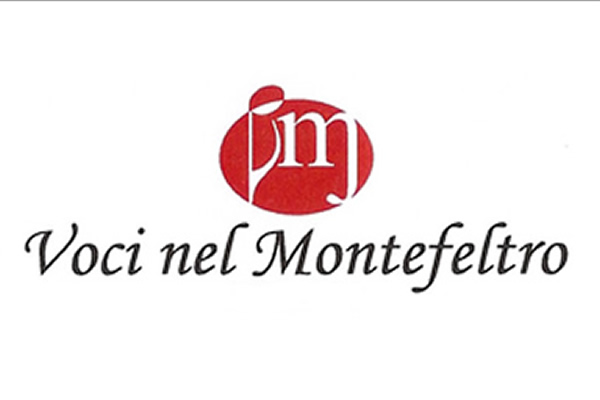
Montefeltro Festival is the showcase of the activities of the Opera Academy. In it artists and students from all over the world come to perfect their vocal art with particular attention to the aspect of Italian phonetics that helps them to improve the comprehensibility of words, the quality of sound and to respect the principles of Belcanto. Their performances in front of the Italian public are the test of the improvements made in the Academy, often truly surprising. (read more)
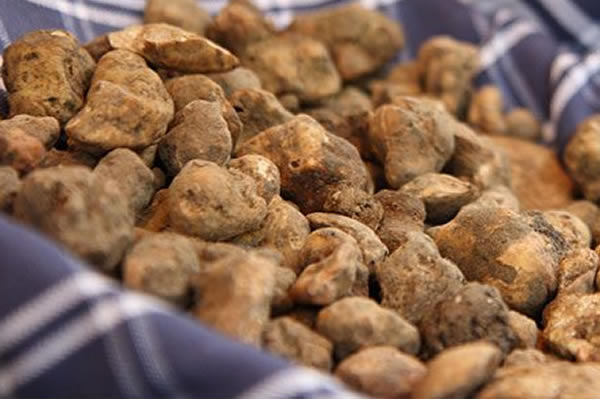
The Fair enhances traditional products by selecting excellences, most notably the precious white truffle. The precious tuber is transformed directly from our territory, from its natural habitat, the woods, into a kitchen to create dishes of high gastronomic value, which release intoxicating aromas far from the globalization that often overwhelms us, to protect the integrity of our environment. (read more)
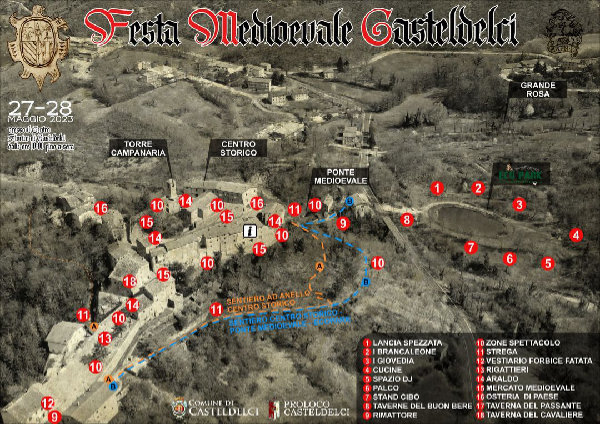
The event takes place in the historic center of Casteldelci, a small village in the Romagna Apennines, and has over 100 participants who set up a genuine medieval market with craft shops, food kiosks, the reopening of old pubs, and the use of vintage wood-burning ovens. (read more)
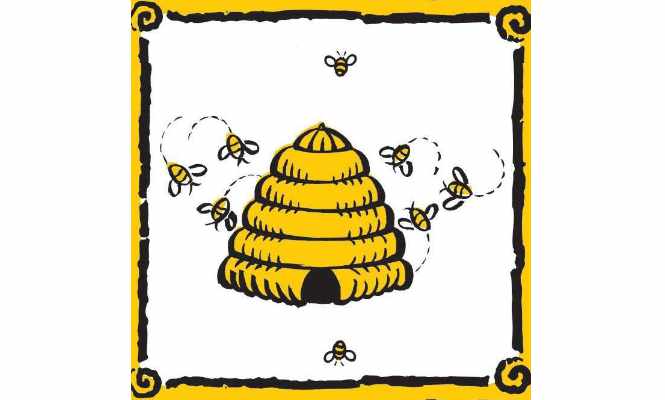
A few kilometres from Rimini, Montebello, one of Italy's most evocative villages, comes alive to celebrate the honeys of Romagna. For the occasion, restaurants, trattorias, and pastry stores set up recipes from ancient tradition derived from "the gold of the bees" throughout the streets of the village. (read more)
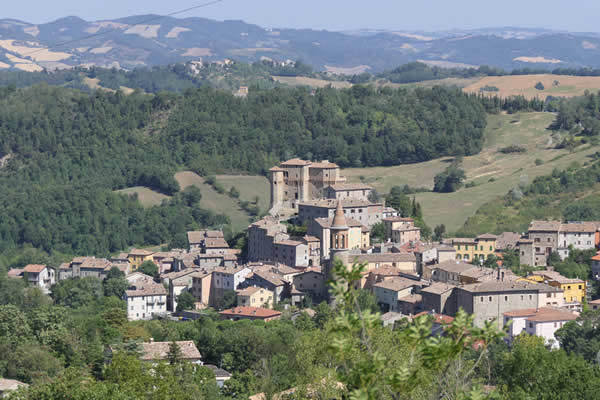
The fortress was built about the year 1000 on the crag known as Sasso del Lupo, Wolf Rock. Its historic name, “Petra anellaria” derives from the circular shape of the rock on which it stands. It was restored and fortified by Francesco di Giorgio Martini in 1474. From 1506 to 1660 it was a fief of the illustrious Campofregoso family of Genoa; they transformed it into an aristocratic residence suitable for their elegant court.
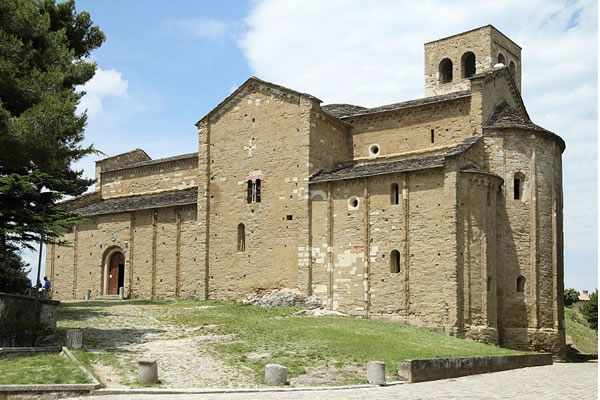
It is certainly the highest example of medieval architecture preserved in Montefeltro and is one of the most unique and important testimonies of Romanesque-Lombard architecture. The church preserves an exceptional sculptural kit that includes, in addition to the Corinthian capitals of the third century (d.C.), numerous Romanesque capitals variously figured, the oldest of which represent the symbols of early Christianity.
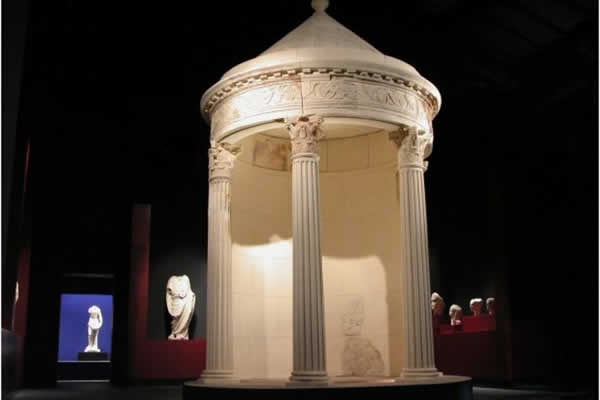
The Antiquarium Nazionale di Sestino is an archaeological museum located in Sestino, in the province of Arezzo, which tells the story of the ancient Roman colony of Sestinum.
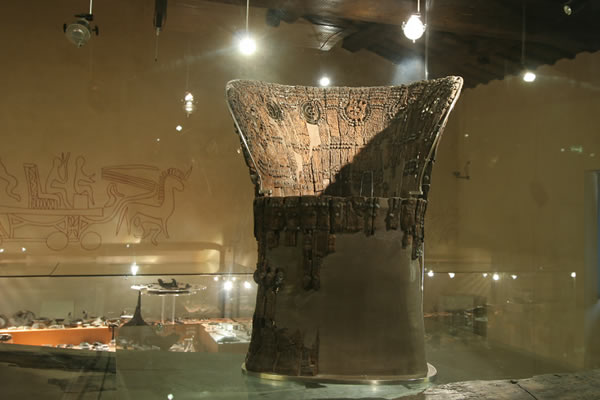
The Archaeological Museum of Verucchio is located in the ancient Convent of S. Agostino (dating back to the thirteenth century and expanded in the seventeenth), restored in the 80s to house a selection of finds found in the territory of Verucchio during subsequent excavation campaigns (so far 566 tombs have been excavated). They are testimonies of great historical value and in many respects unique, related to the Villanovan civilization, which represents a cultural manifestation of the region between the ninth and seventh centuries a.C. (early Iron Age).
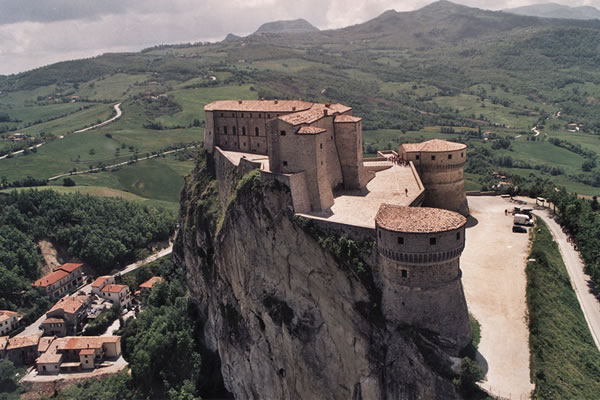
The Fortress of San Leo located at the highest point of a rocky plate bordered by imposing vertical walls, the fortress represents the main architectural emergency of the entire village of San Leo. The origins of the fortified town are certainly pre-Christian, although the first documented news of a real settlement are linked to the presence of the holy Lion between the fourth and fifth centuries. The remarkable strategic position made San Leo a disputed place throughout the early Middle Ages: from the Goths to the Byzantines, passing through the Lombards (Desiderio built the first defensive garrison in masonry) up to the domination of the Church, attested from the mid-eighth until most of the tenth century.

The Church of San Donato in Sestino, in the province of Arezzo, is a place of great artistic and historical interest, in particular for the cycle of frescoes that decorate its interior.
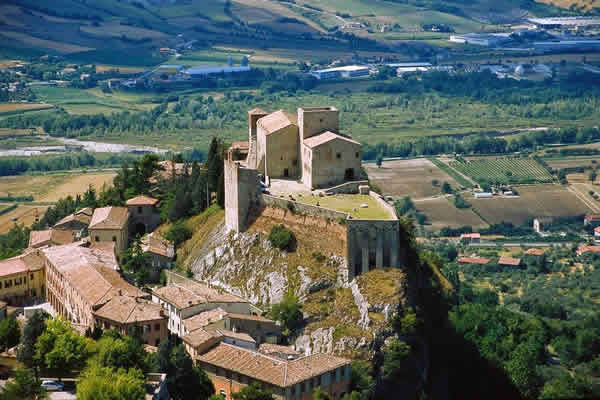
The Malatesta Fortress is located in the upper part of Verucchio: also known as Rocca del Sasso for its position at the apex of the spur of rock that dominates the whole territory, it enjoys a remarkable state of conservation.
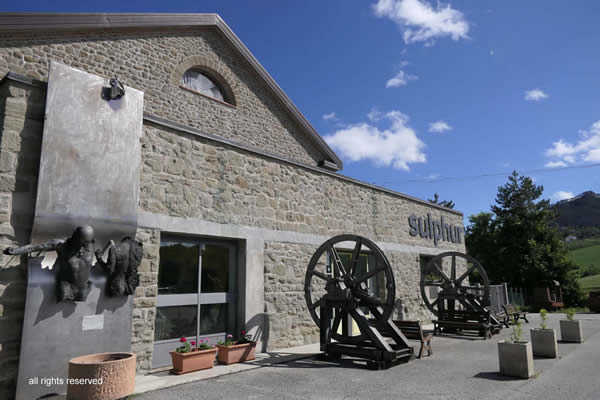
The Sulphur Museum sees itself as a fundamental instrument in the diffusion of the history of mining culture and of the historical reconstruction of mining activity, which, during the industrial revolution, pushed the rural economy towards a new economic fabric, a new concept and organisation of work through constant and systematic production. Mines are a vital piece in the jigsaw of our history and culture, representing an element that unites us to the past of other European countries.
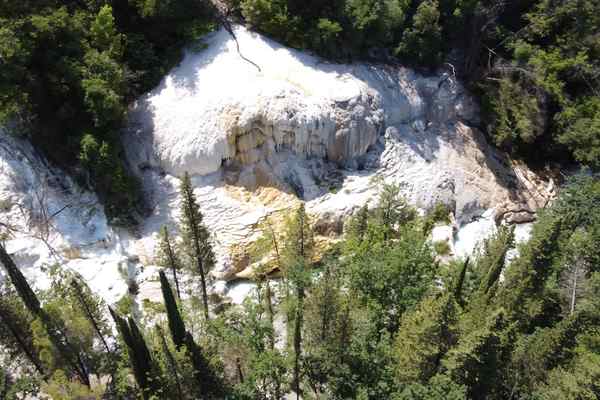
Bagni San Filippo is a unique spa resort, famous for its spectacular travertine limestone formations, created by the sulphurous waters that flow from the subsoil.
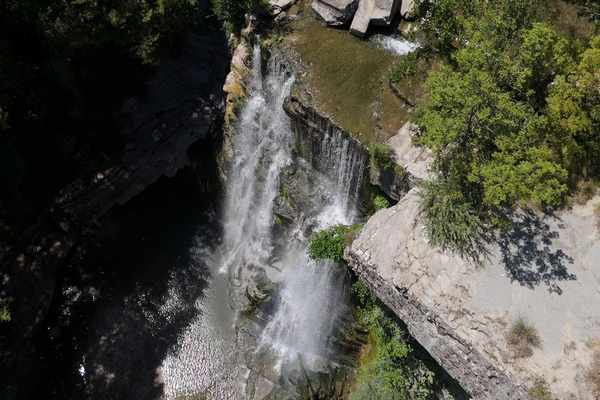
The Alferello waterfall is immersed in a wild and uncontaminated environment, surrounded by dense vegetation composed mainly of turkey oaks and hornbeams.
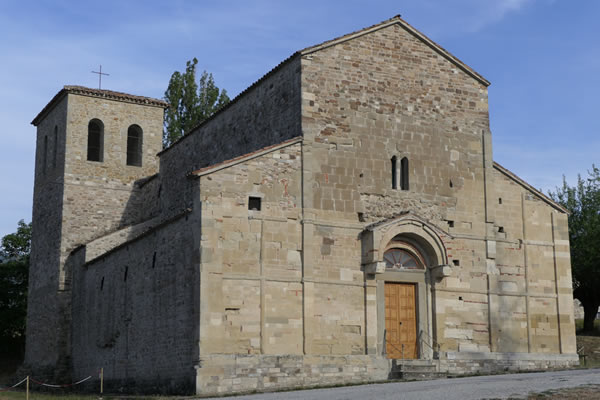
The Pieve di San Pietro dates back to 1100 and was erected on the ruins of an ancient Roman temple that has now disappeared. Its admirable façade is divided into large quadrangles. The portal has a hanging porch, surmounted by a small mullioned window. The interior has three naves divided by pillars with an elevated presbytery and a crypt. The church was included by the French actor Alain Delon in his film "The First Night of Quiet".
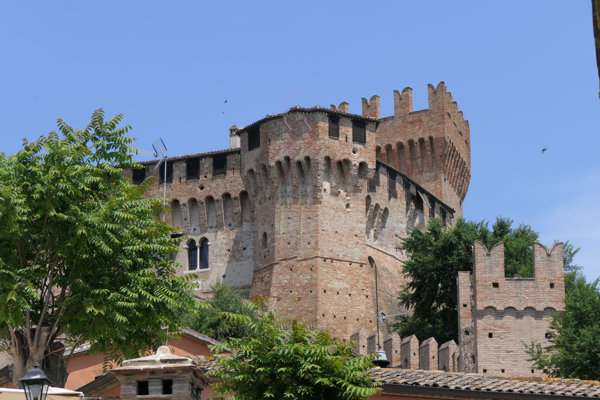
The Castle of Gradara is one of the most fascinating and best preserved medieval strongholds in Italy, located in the Marche region, on the border with Romagna.
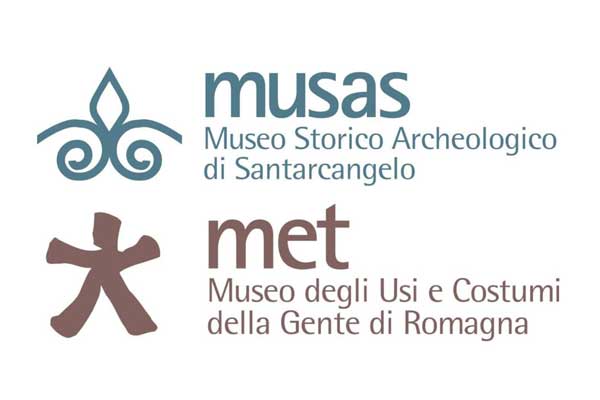
A few steps from Rimini, the village of Verucchio offers a fascinating “dive into the past”, which began on the top of this cliff, between the Apennines and the Adriatic coast, almost 3000 years ago.
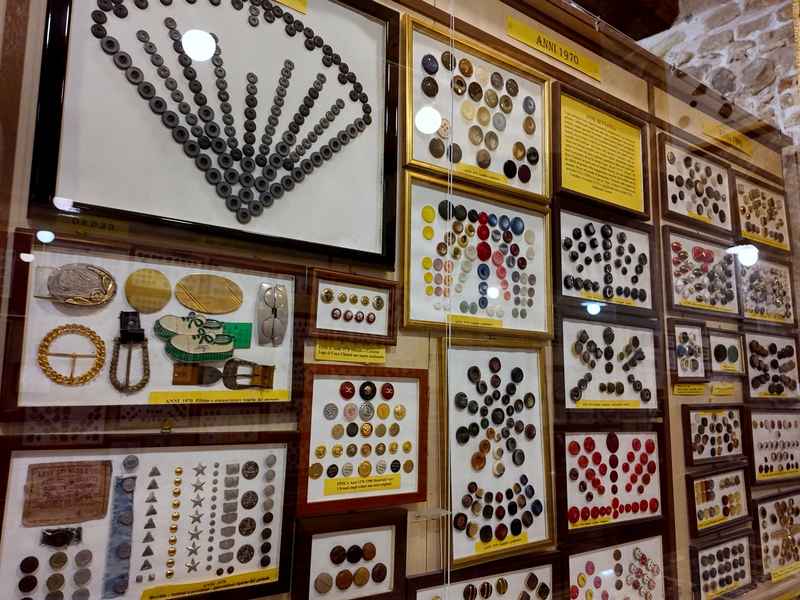
This small unique museum boasts an amazing collection of buttons which provide an enchanting insight into four centuries of history, from the 17th century to present day.
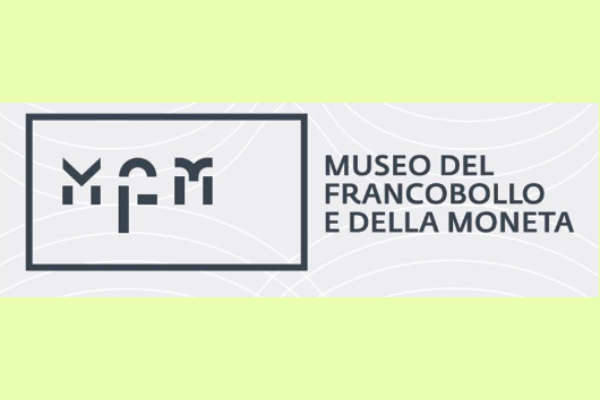
MFM is the museum that San Marino offers to enthusiasts, collectors, tourists and onlookers to learn about the history of the Republic through two centuries of coins and medals, stamps and works of art, unpublished and exceptional objects and documents.
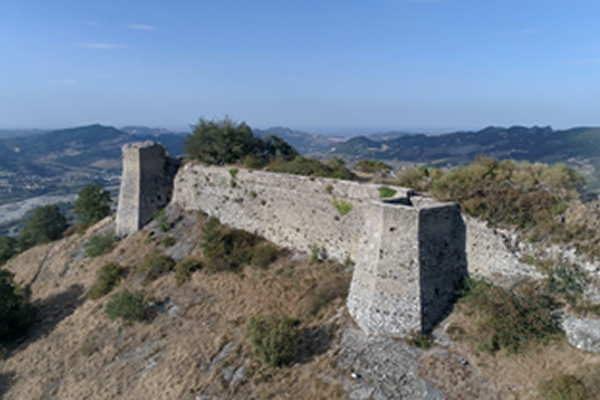
The curious and fascinating fortress known as Maioletto is easy to spot from even the most isolated part of the valley.
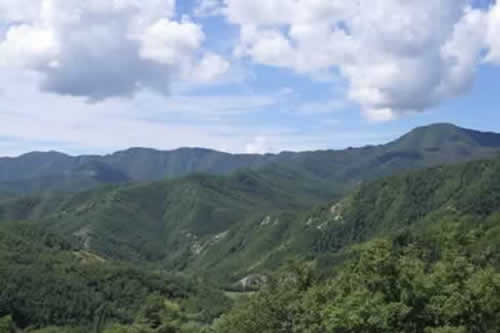
The Alpe della Luna Nature Reserve is located in the heart of the Apennines, on the mountains that extend between the towns of Pieve Santo Stefano, Badia Tedalda, Sansepolcro and Sestino, between silent hamlets and ridges covered with woods. This beautiful and mysterious place inspired the sublime artist Piero della Francesca five centuries ago.
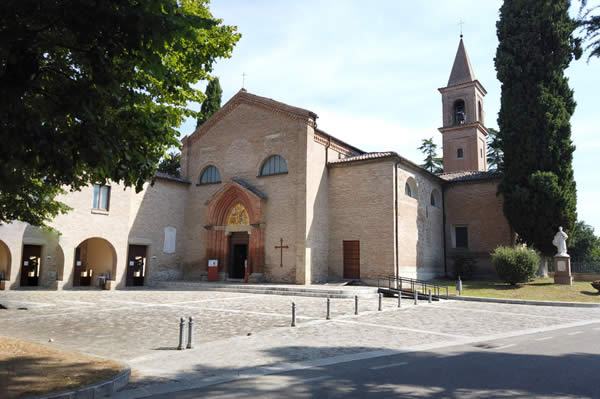
The Convent of Santa Croce stands on the place where St. Francis of Assisi, passing through Villa Verucchio on the occasion of his trip to S. Leo in the year 1213, according to tradition would have planted the stick to which he supported himself during the journey around which roots and leaves were born: the gigantic cypress tree over seven centuries old that is still visible in the cloister.
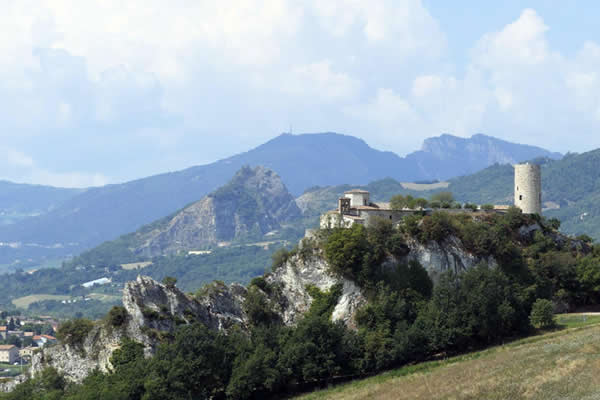
This fascinating solitary rocky spur rises from the water; on its summit stands an architectural complex in the heart of the Nature Oasis. The sanctuary stands on a rock and is where a miraculous Our Lady of the Rosary (16th century) is venerated by pregnant women in particular. Known as the Sanctuary of the Madonna di Saiano, it is surrounded by lush greenery and is mirrored in the lakes and water of the Marecchia river. Just a few ruins and a Byzantine-style cylindrical tower remain of the old fortifications.
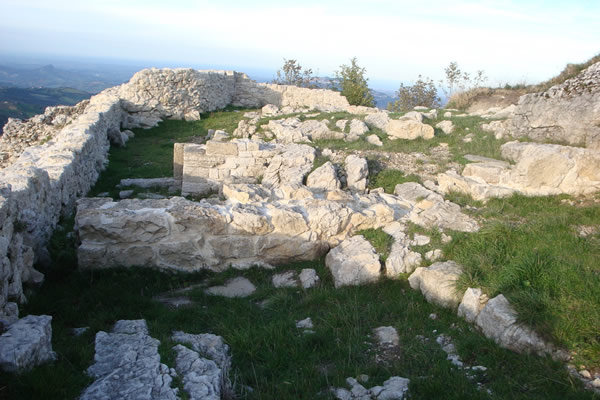
The Montecopiolo castle was built in the 10th century on the homonymous mountain relief at the behest of the bishops of Montefeltro or their emphyteutes (the Counts of Carpegna). It is located upstream of today's hamlet of Villagrande di Montecopiolo, the municipal capital of the municipality of Montecopiolo (province of Rimini), in the Montefeltro area. The remains of the castle are located at an altitude of 1,033 m a.s.l. at the watershed between the valleys of the Conca and Marecchia rivers. The area occupied by the castle reached 9,000 m².
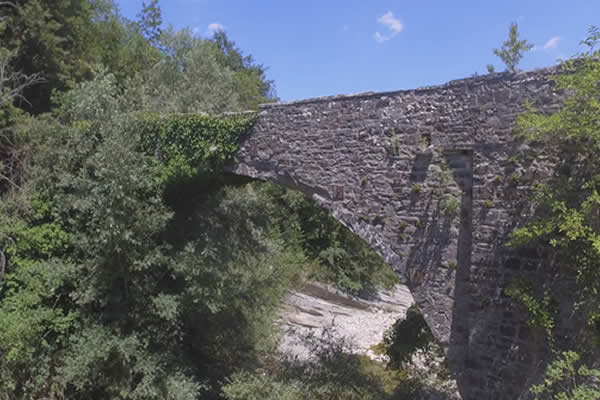
In ancient times it was built in wood, the first plant dates back to Roman times, it was at the time the second bridge in the Marecchia Valley after that of Tiberius in Rimini. It has been rebuilt or remodeled several times, the last in 1790, but retains its medieval layout. The Ponte Vecchio of Casteldelci crosses the Senatello river and was in ancient times the only access route to the town from the valley below. It is, without a doubt, a small jewel that blends with the river landscape and with the sandstone outcrops that characterize the area.
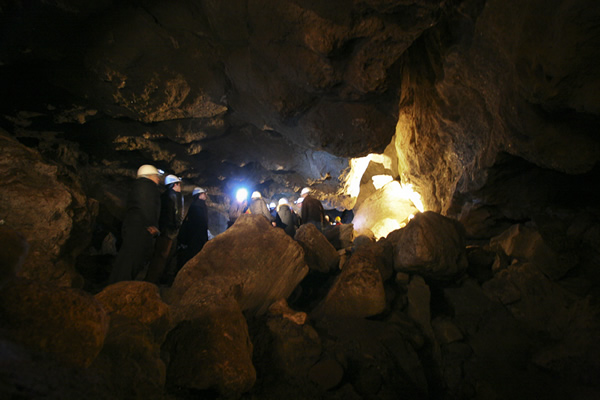
The uniqueness and outstanding universal value of the Onferno Caves have led to official recognition by UNESCO as a World Heritage Site.
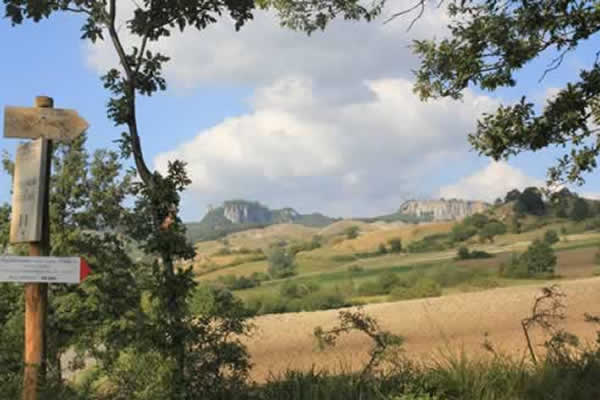
The Sasso Simone and Simoncello Interregional Natural Park is a 4791-hectare territory located in the provinces of Pesaro-Urbino and Rimini, on the border with the Homonymous Tuscan Nature Reserve of the municipality of Sestino (AR), located in the heart of Montefeltro, falls in the municipalities of Carpegna, Frontino, Montecopiolo, Pian di Meleto, Pennabilli and Pietrarubbia.
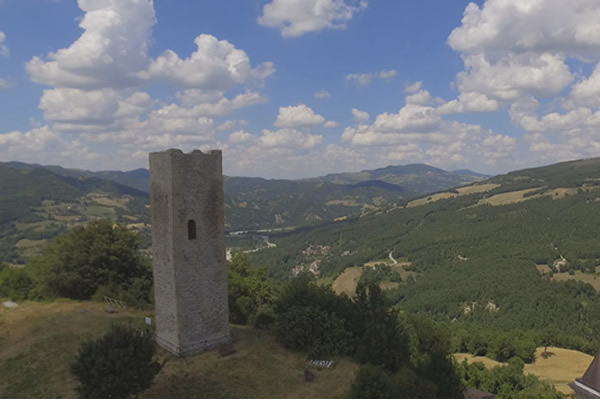
Of the castrum Bascii or Biscii, originally belonging to the Olive Trees of Pignano, there is news since 1145, mentioned among the lands confirmed by Pope Eugene III to the Camaldolese monastery of San Salvatore di Monte Acuto.


